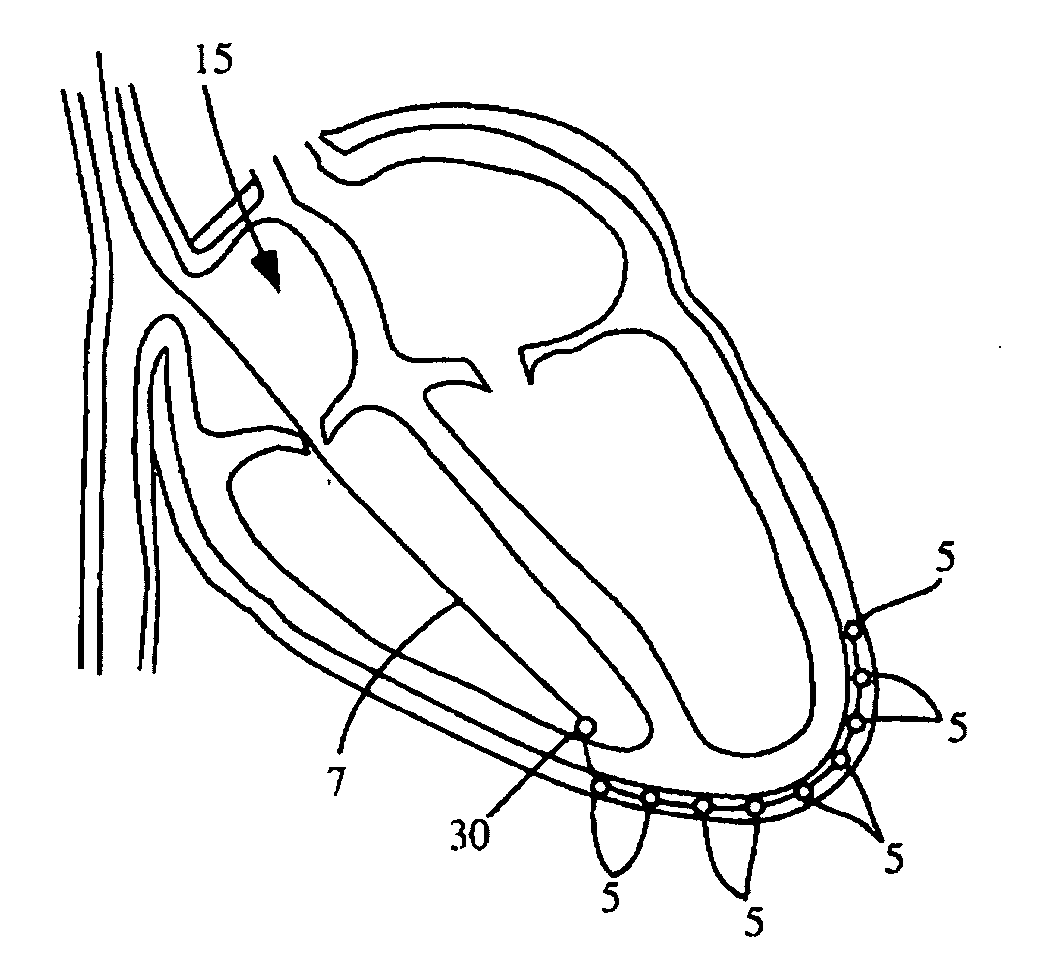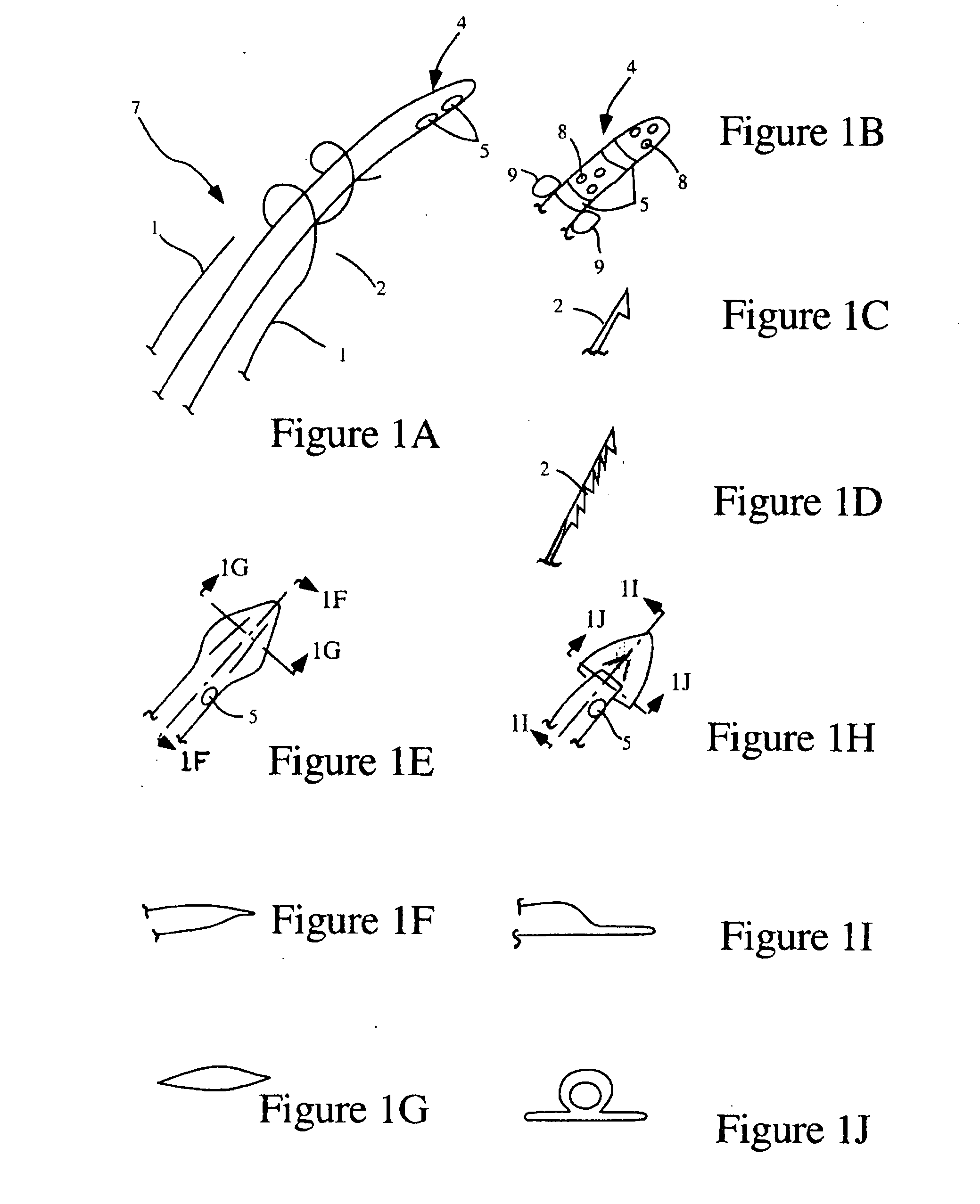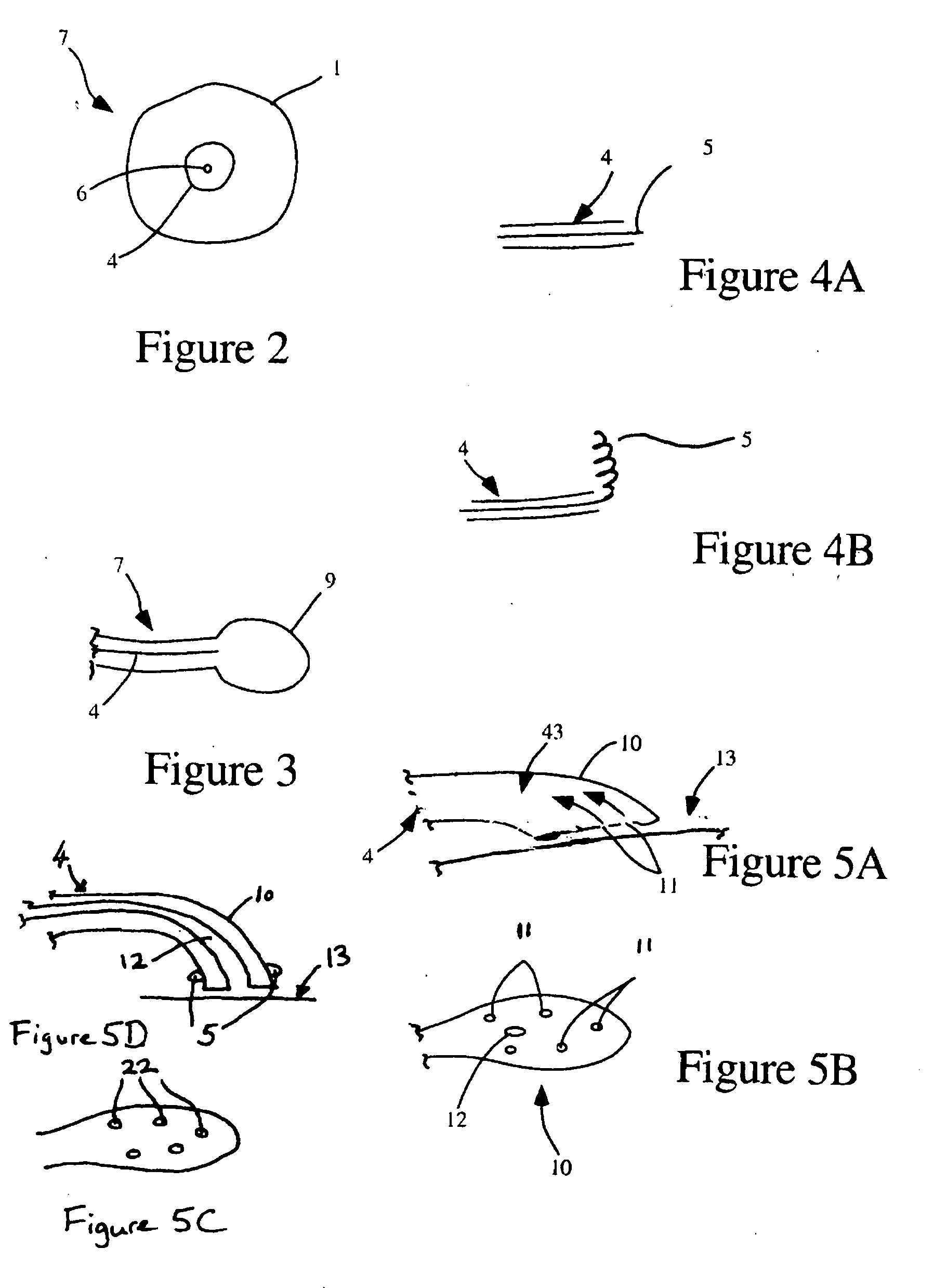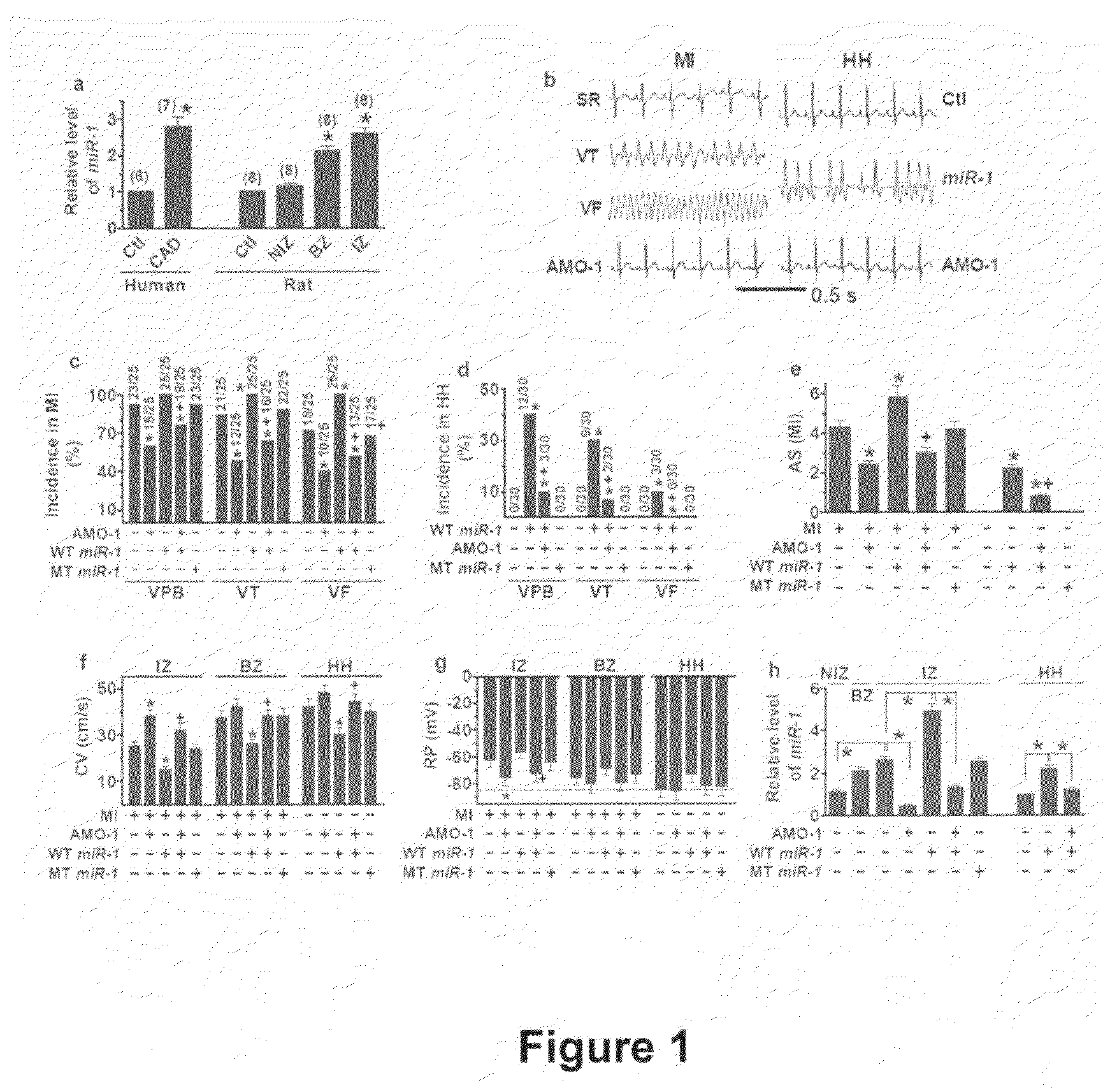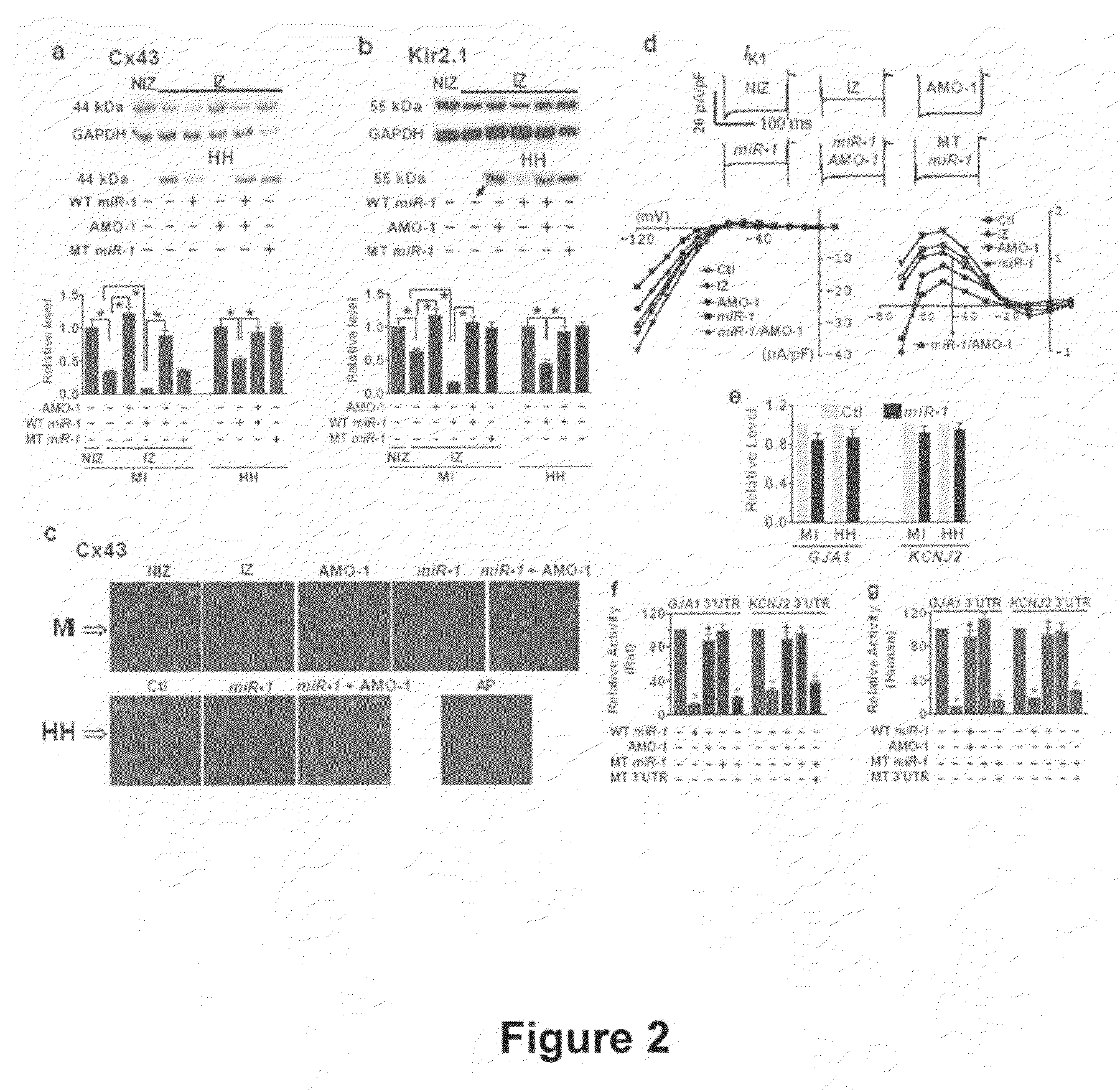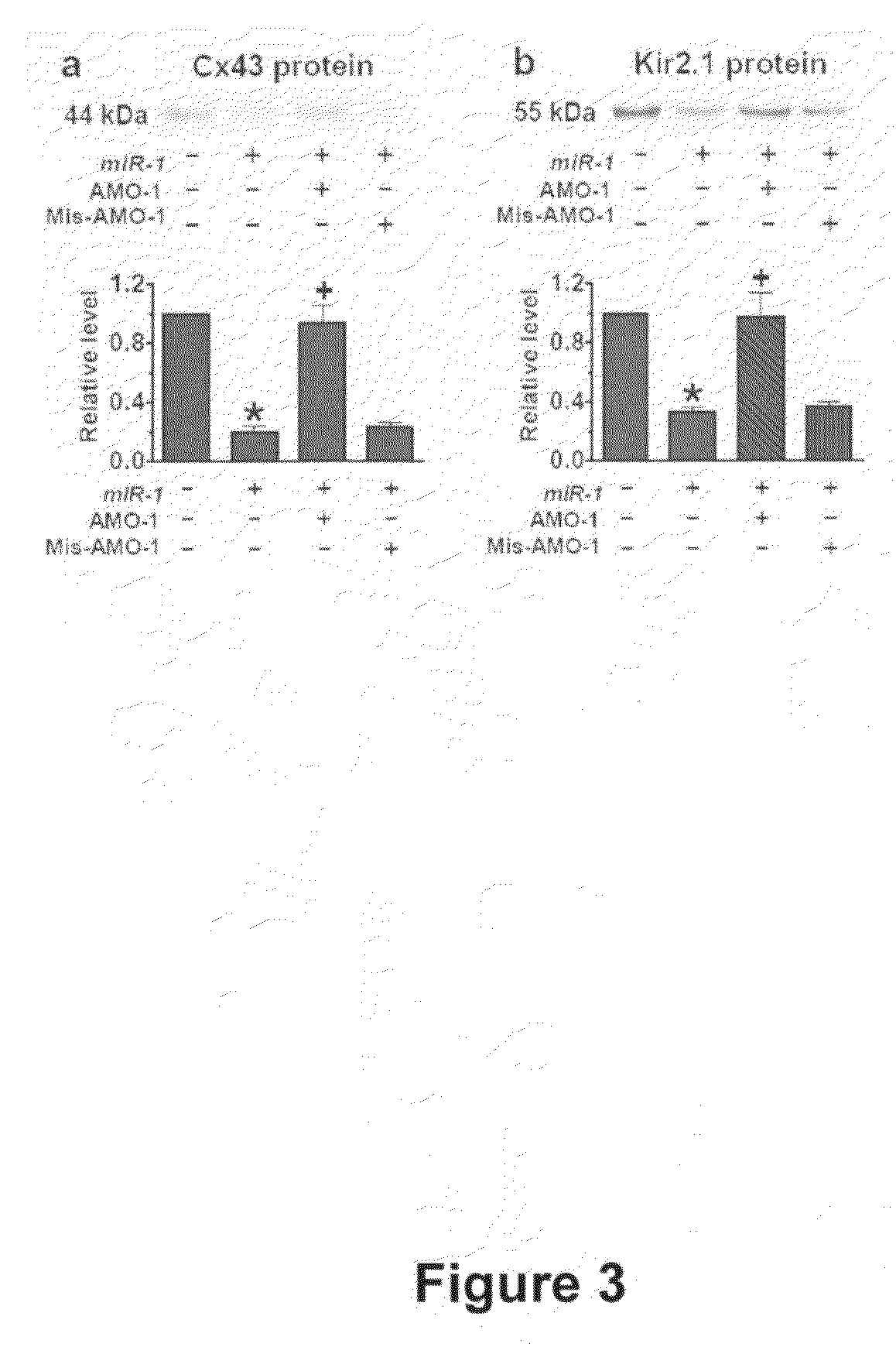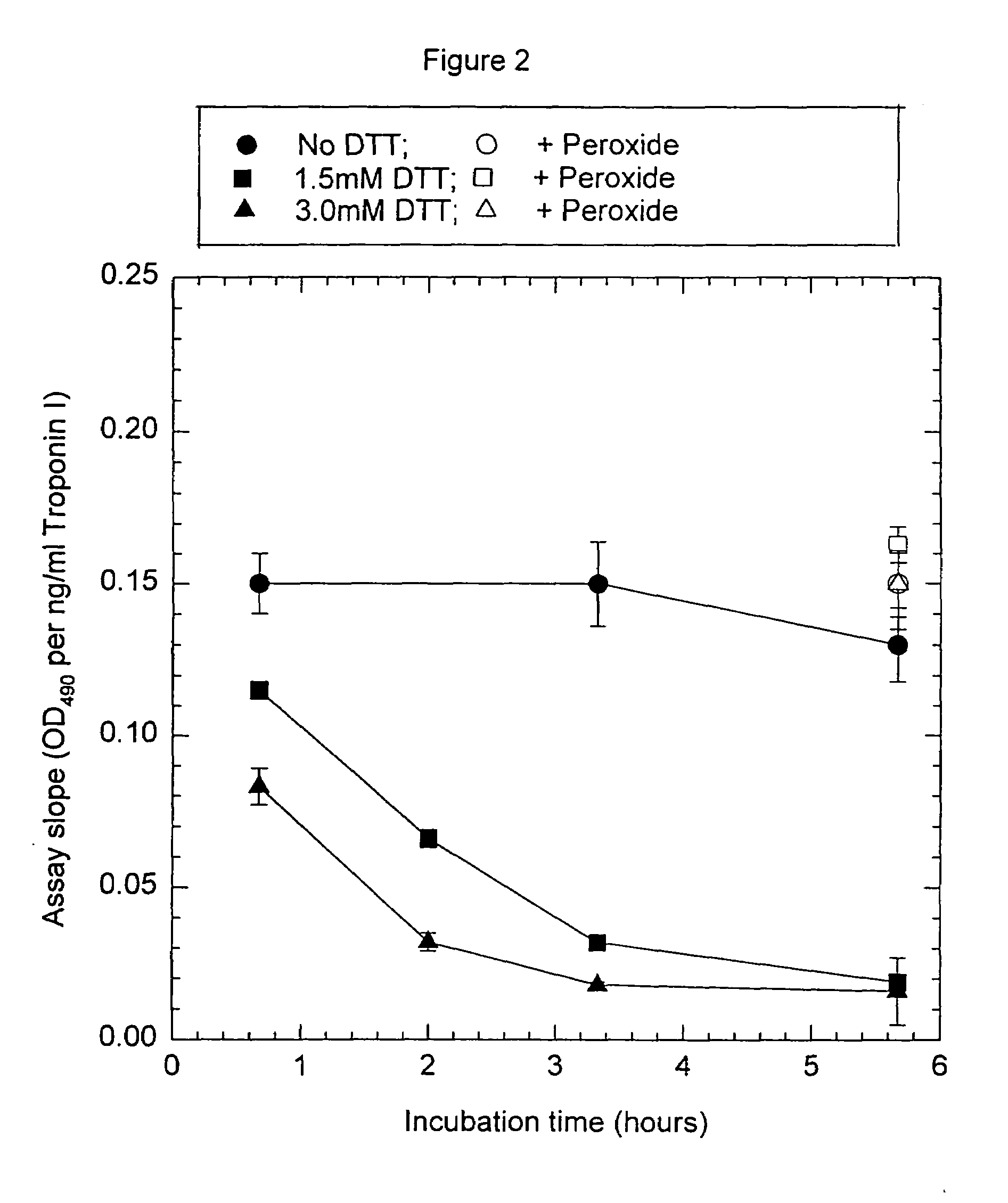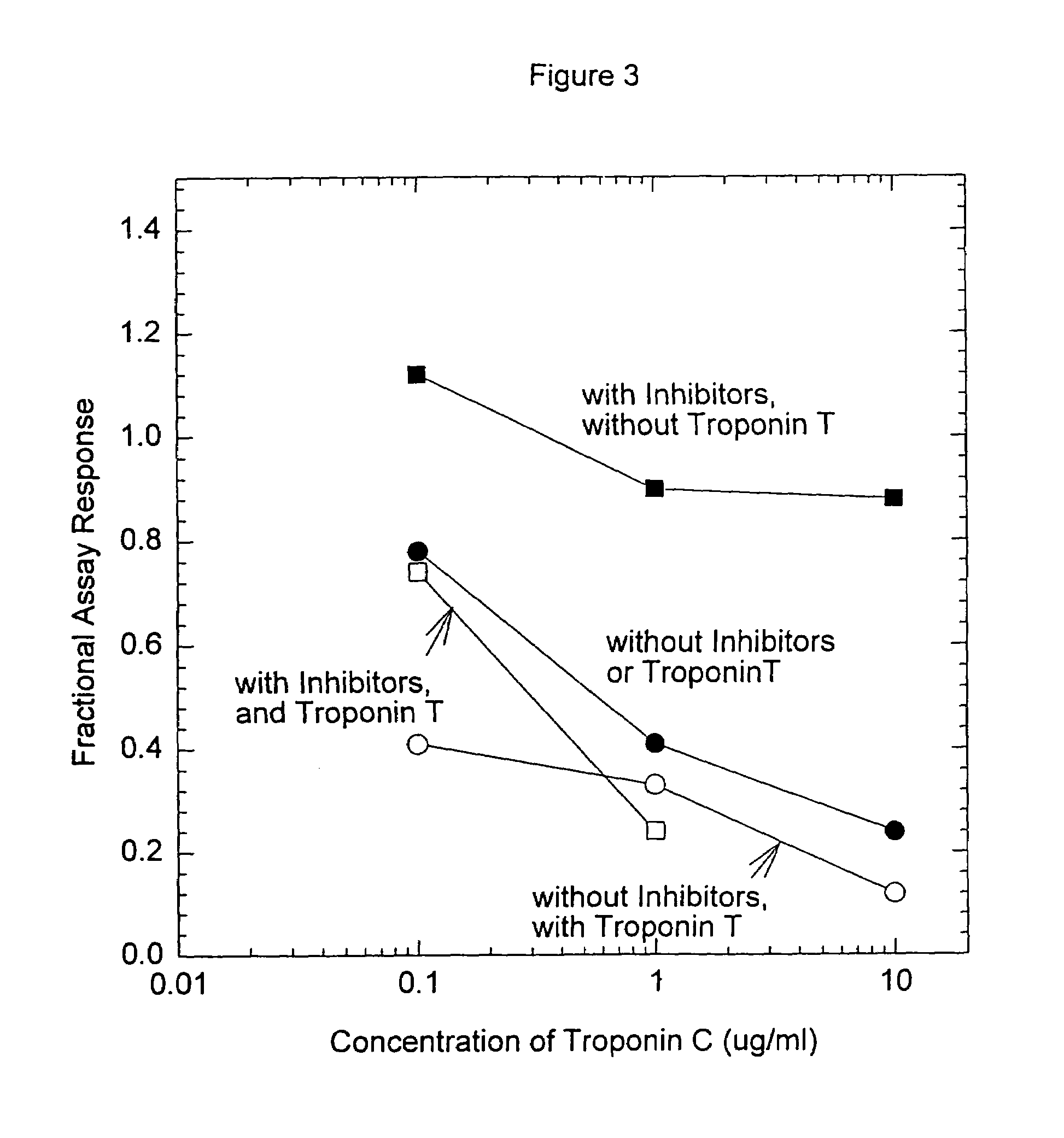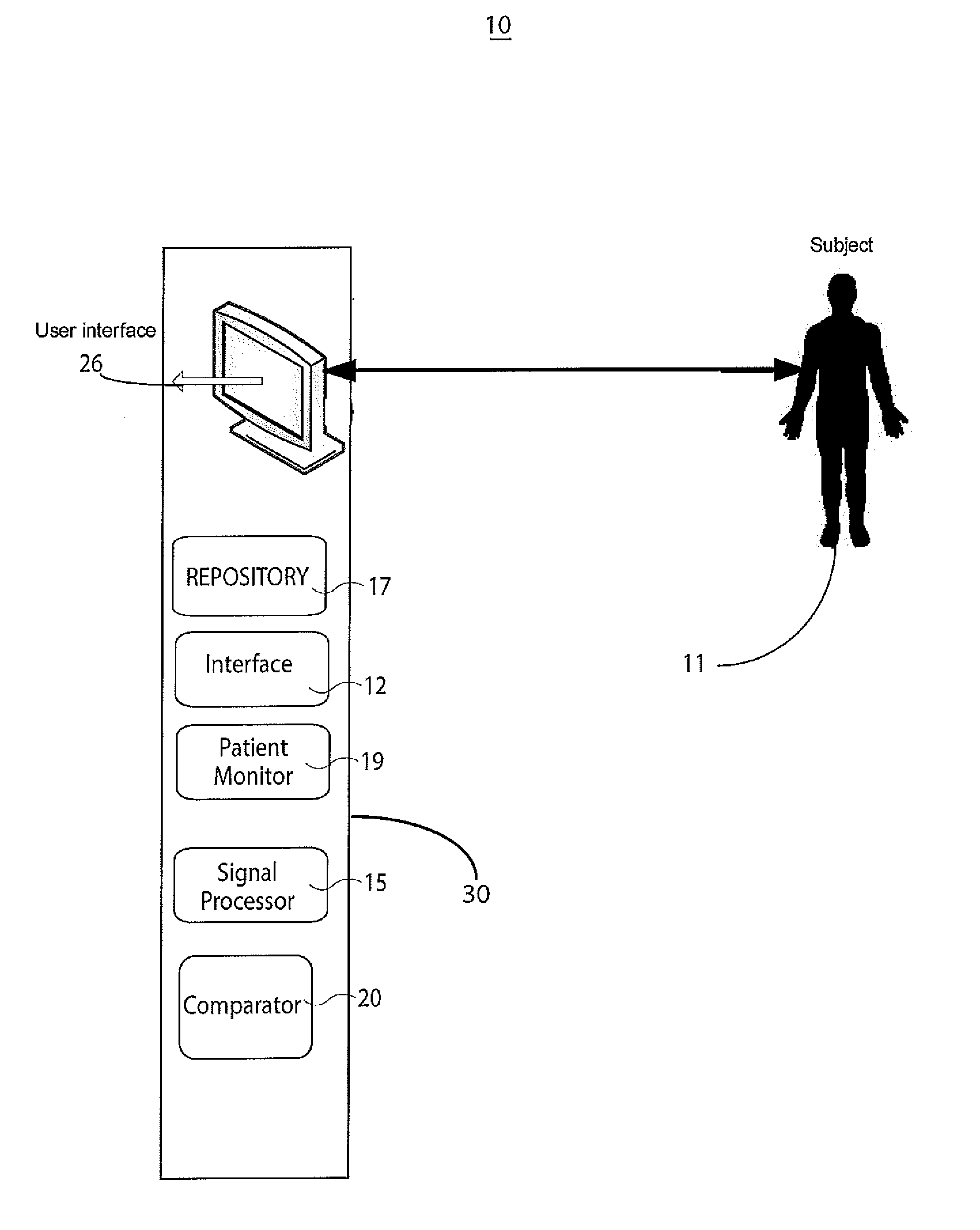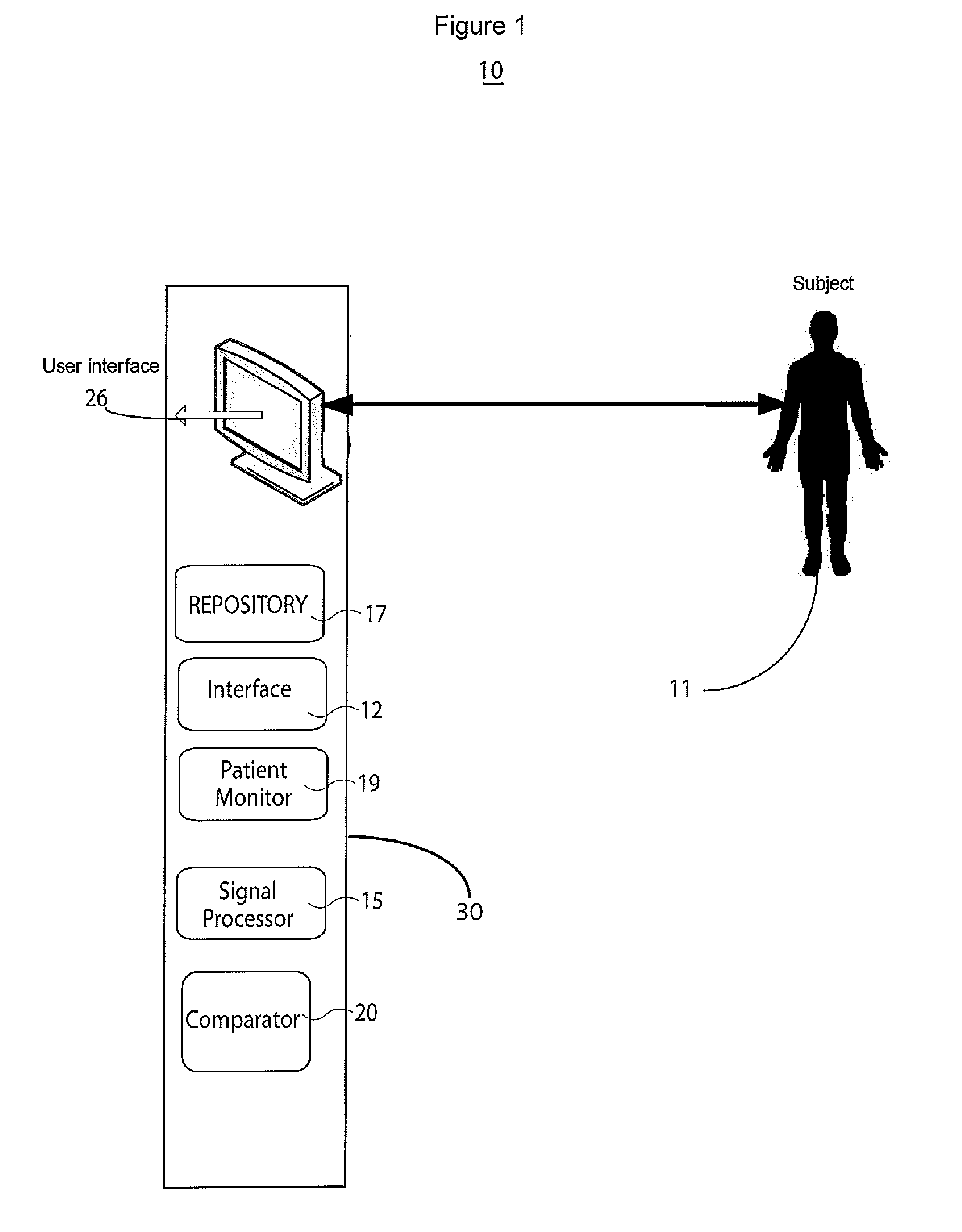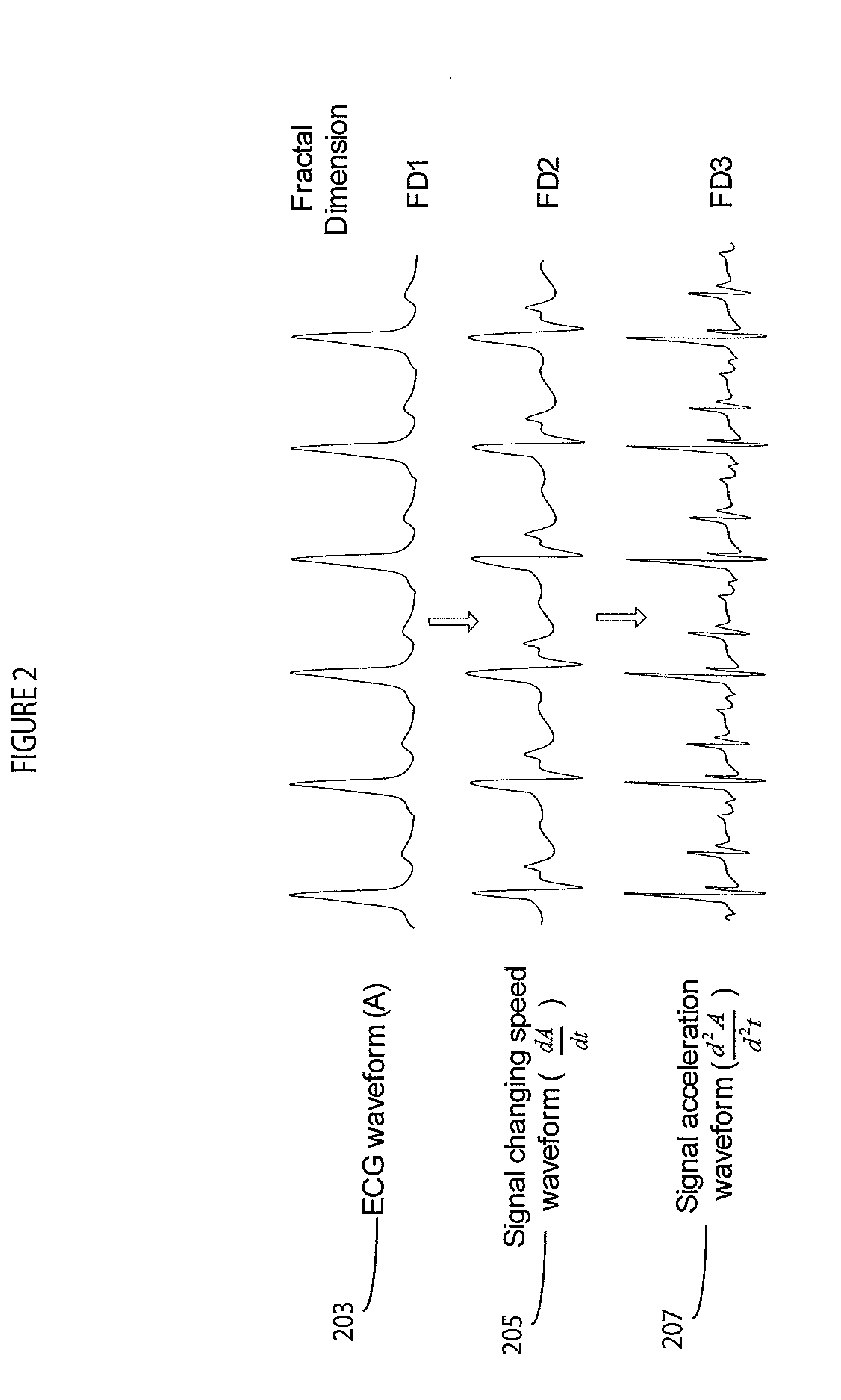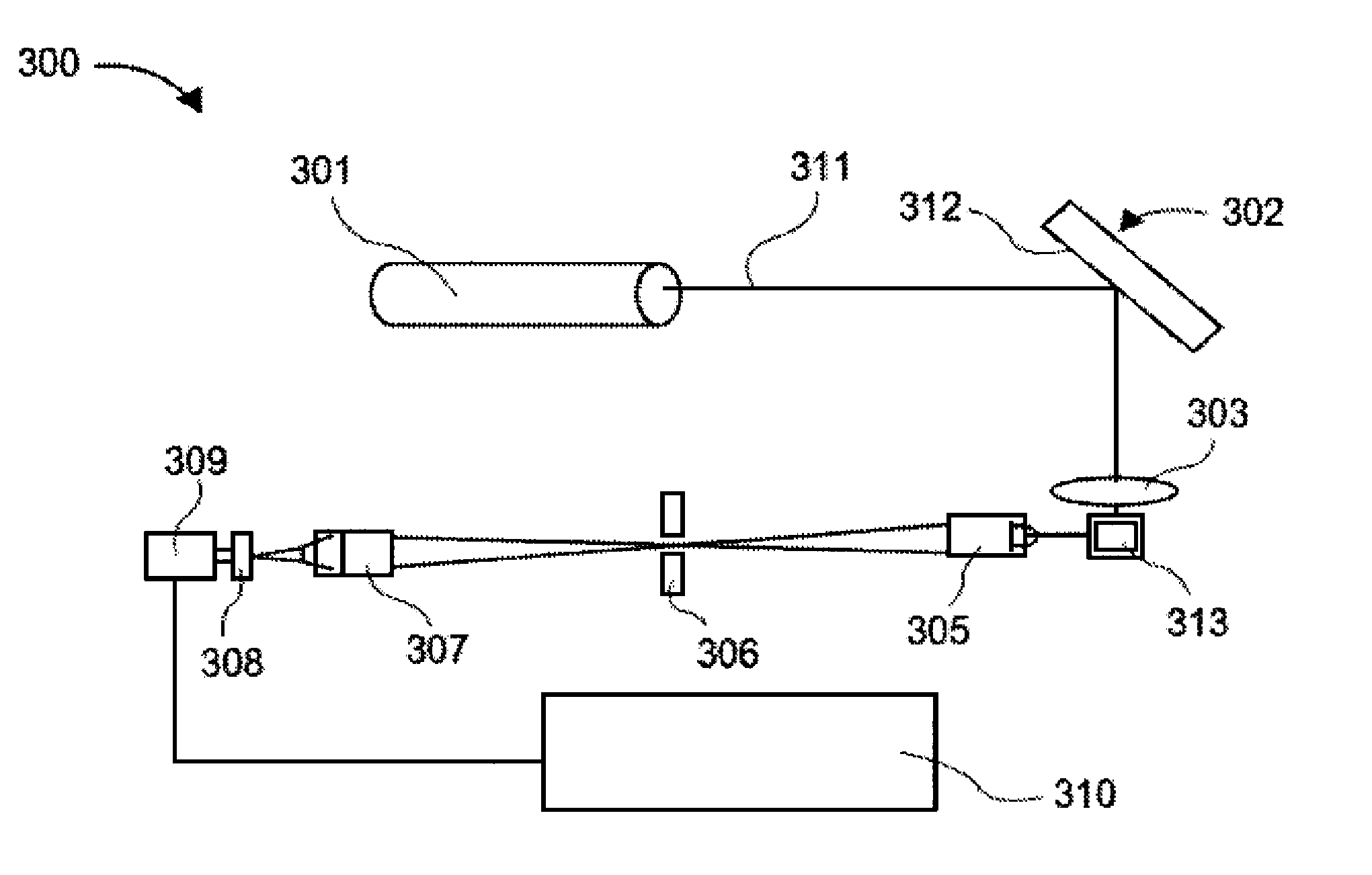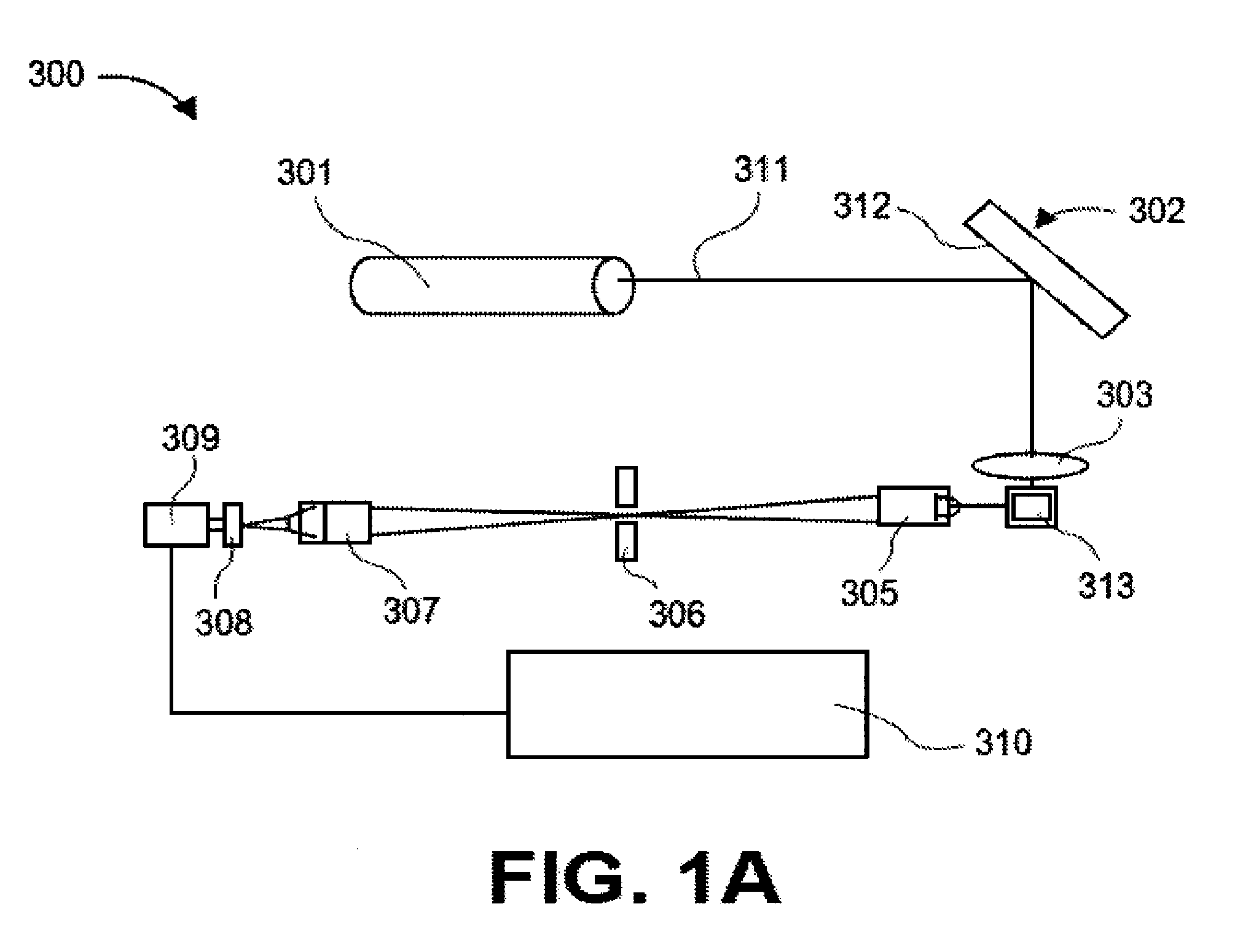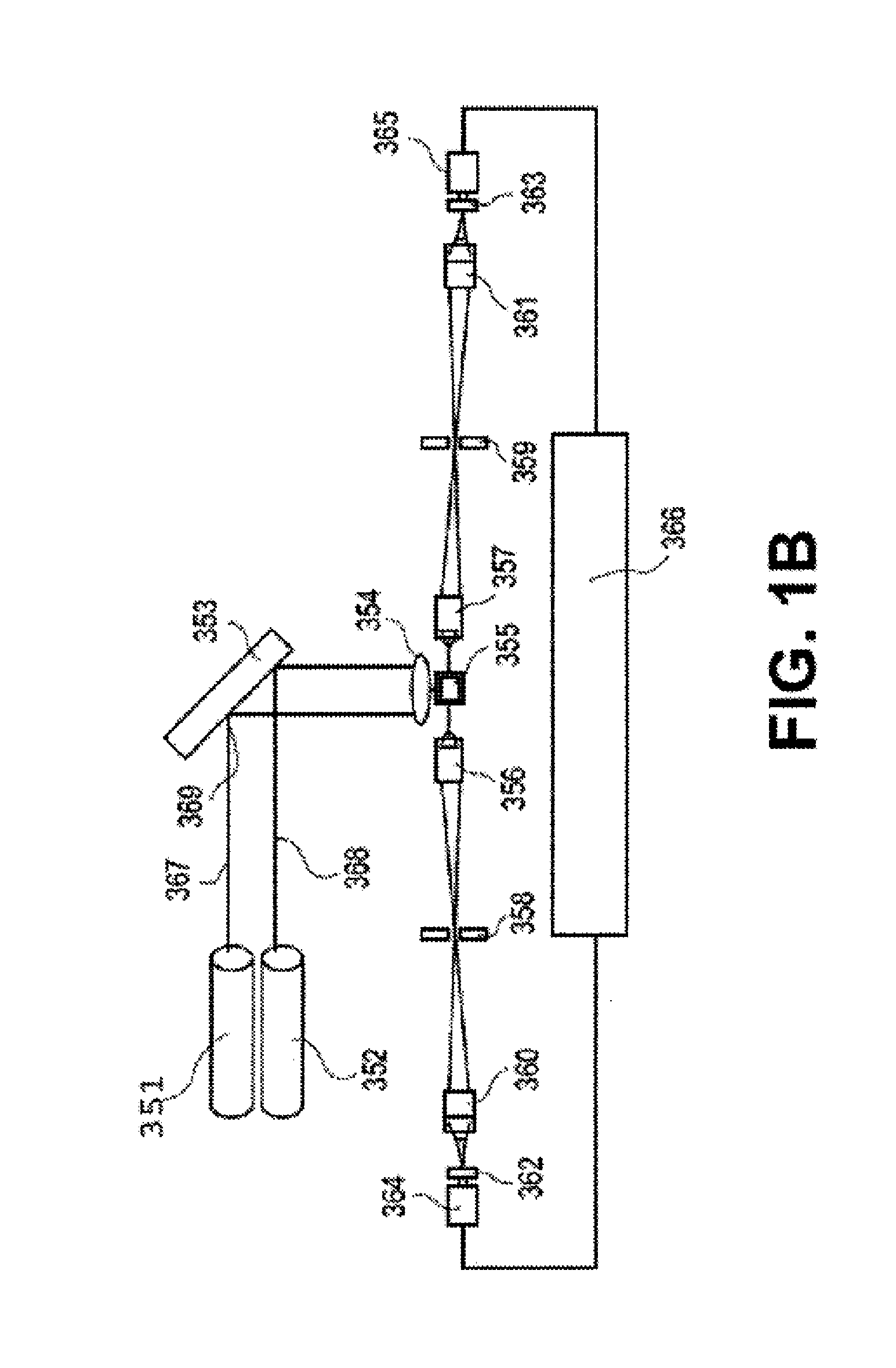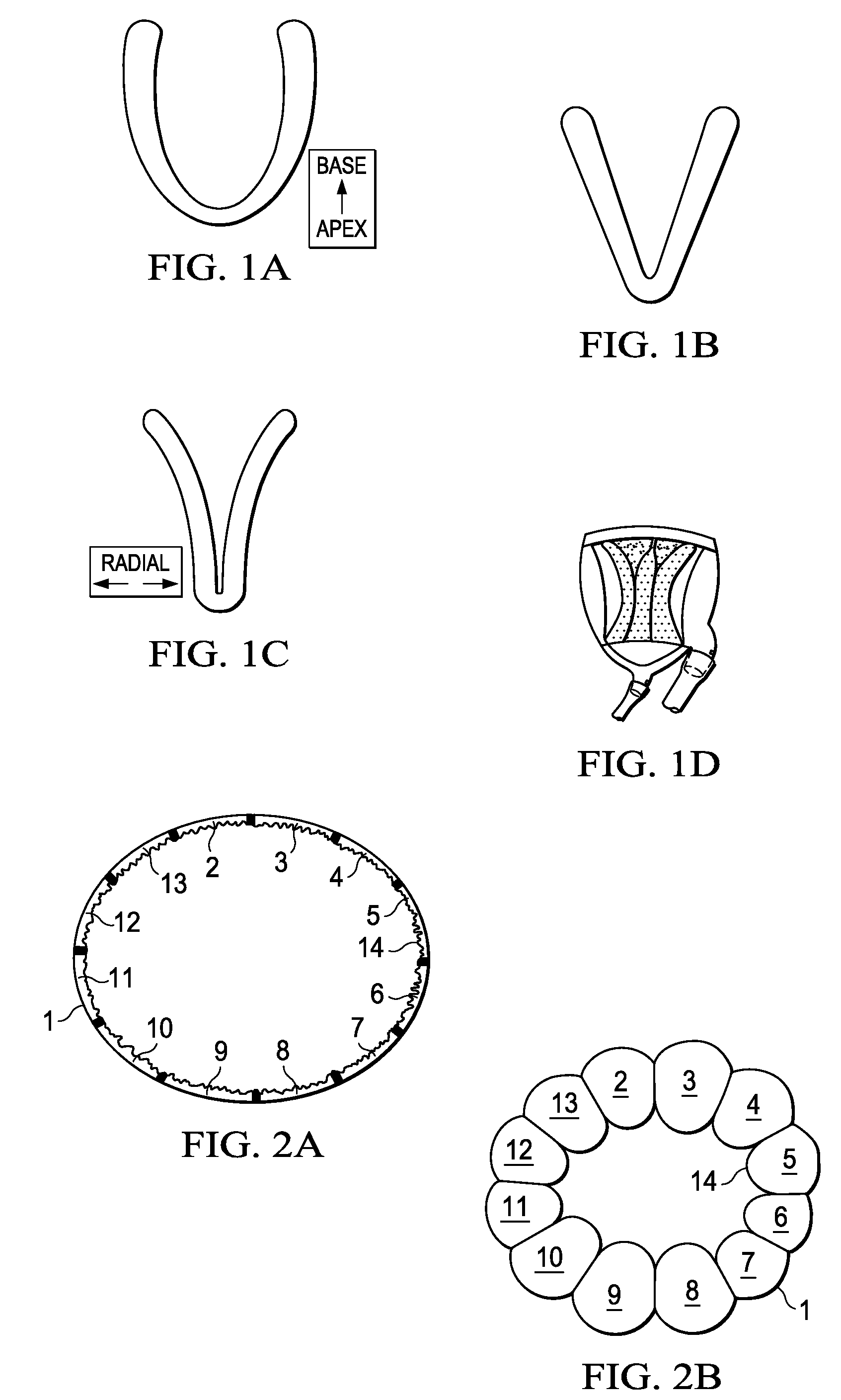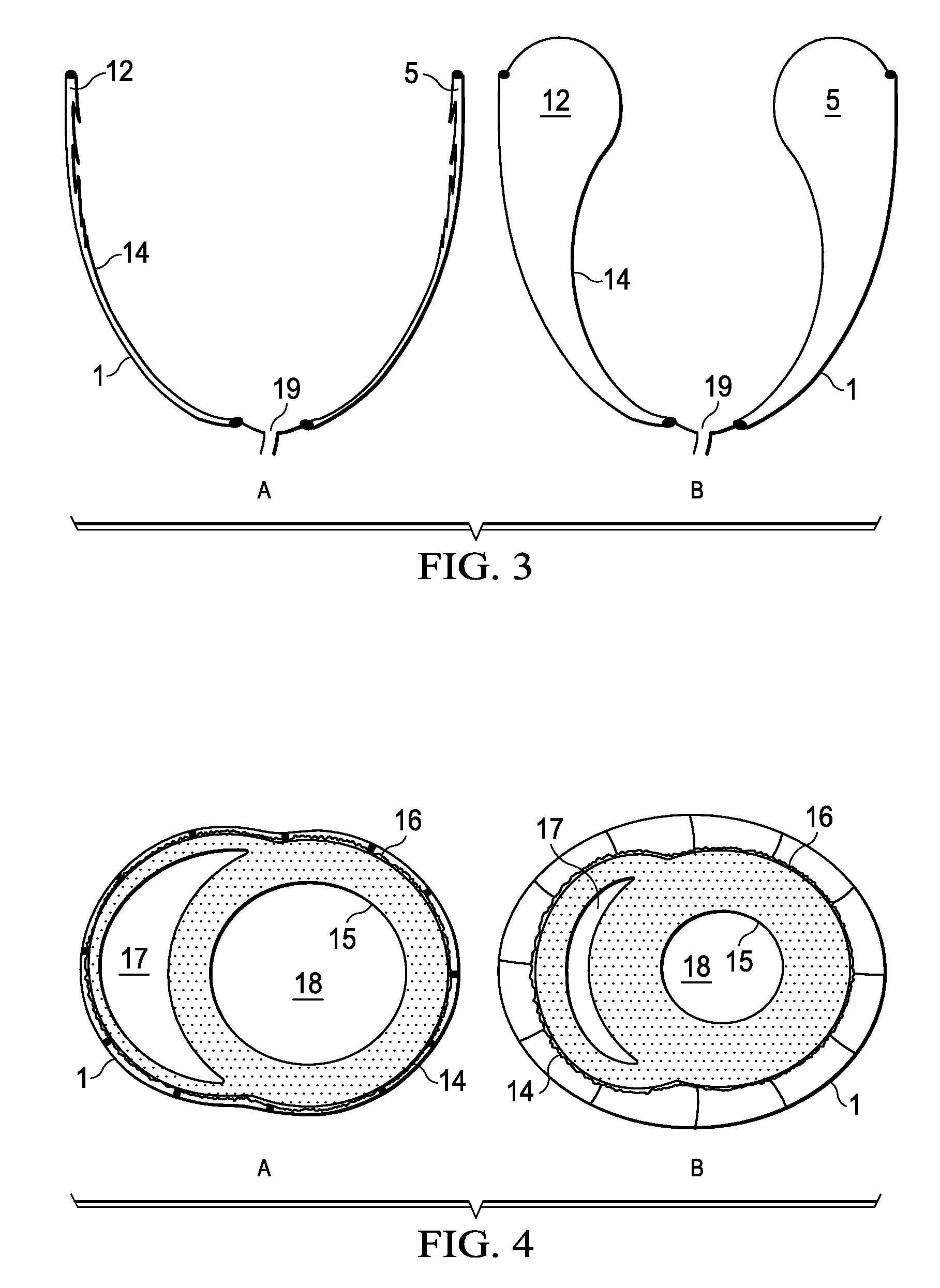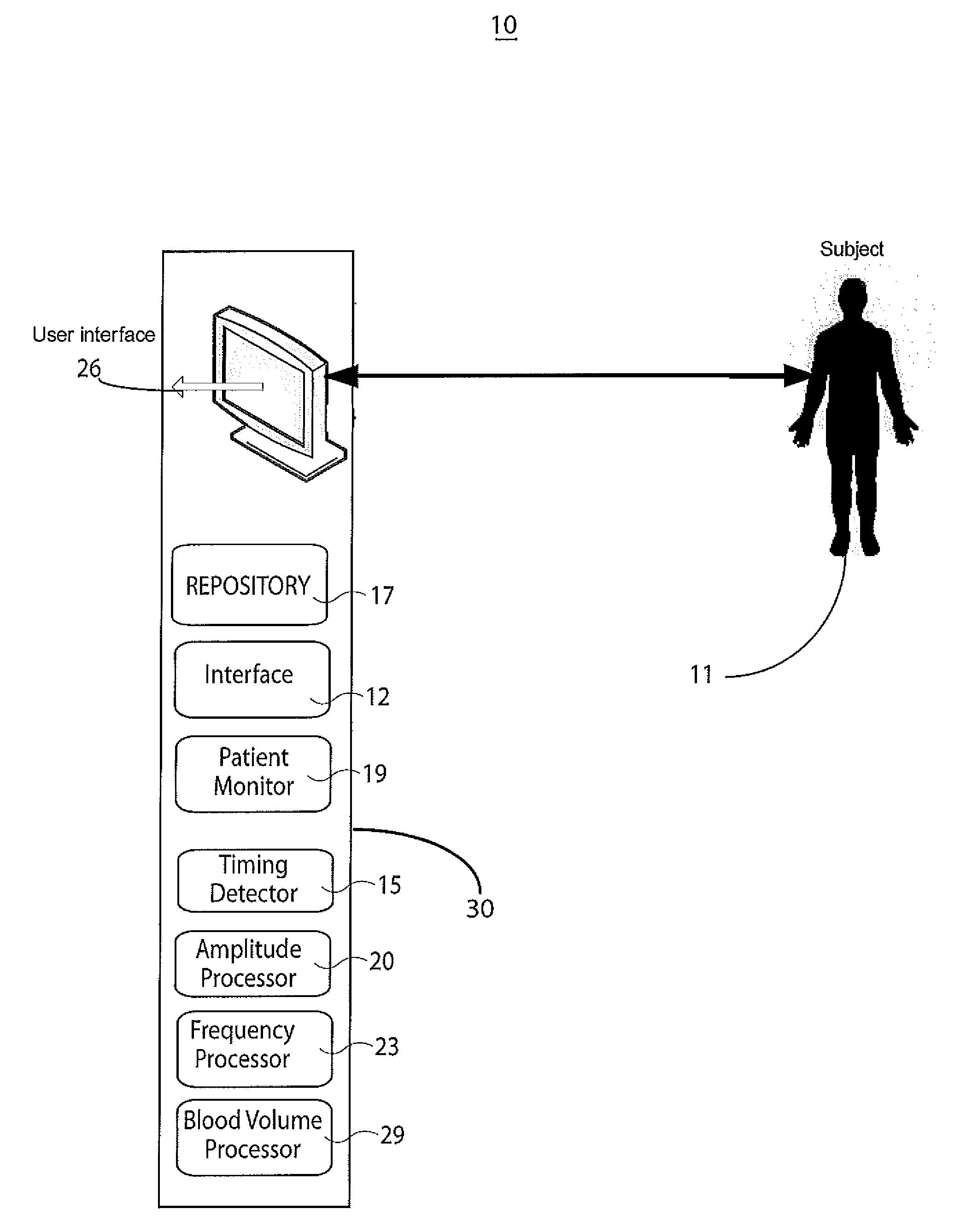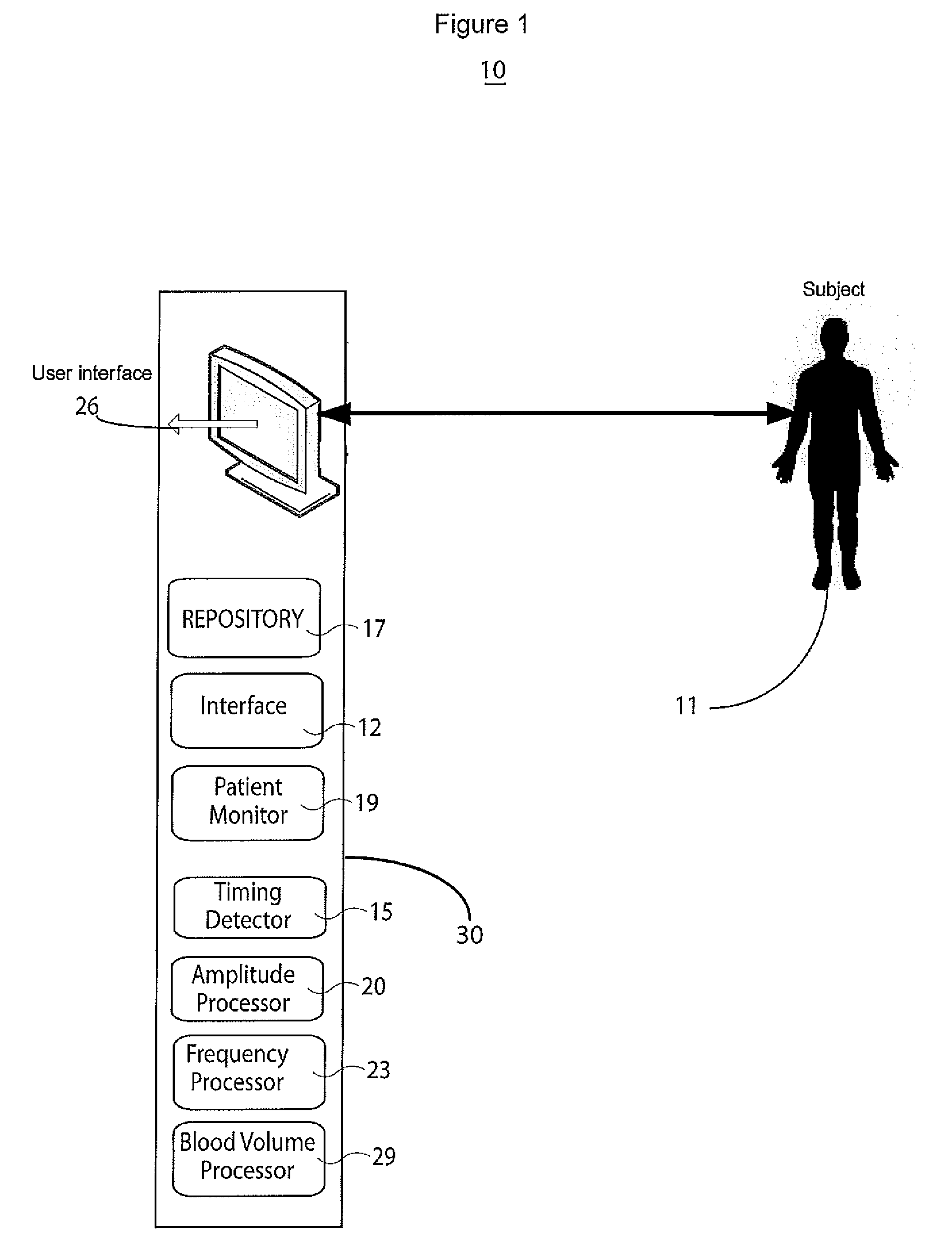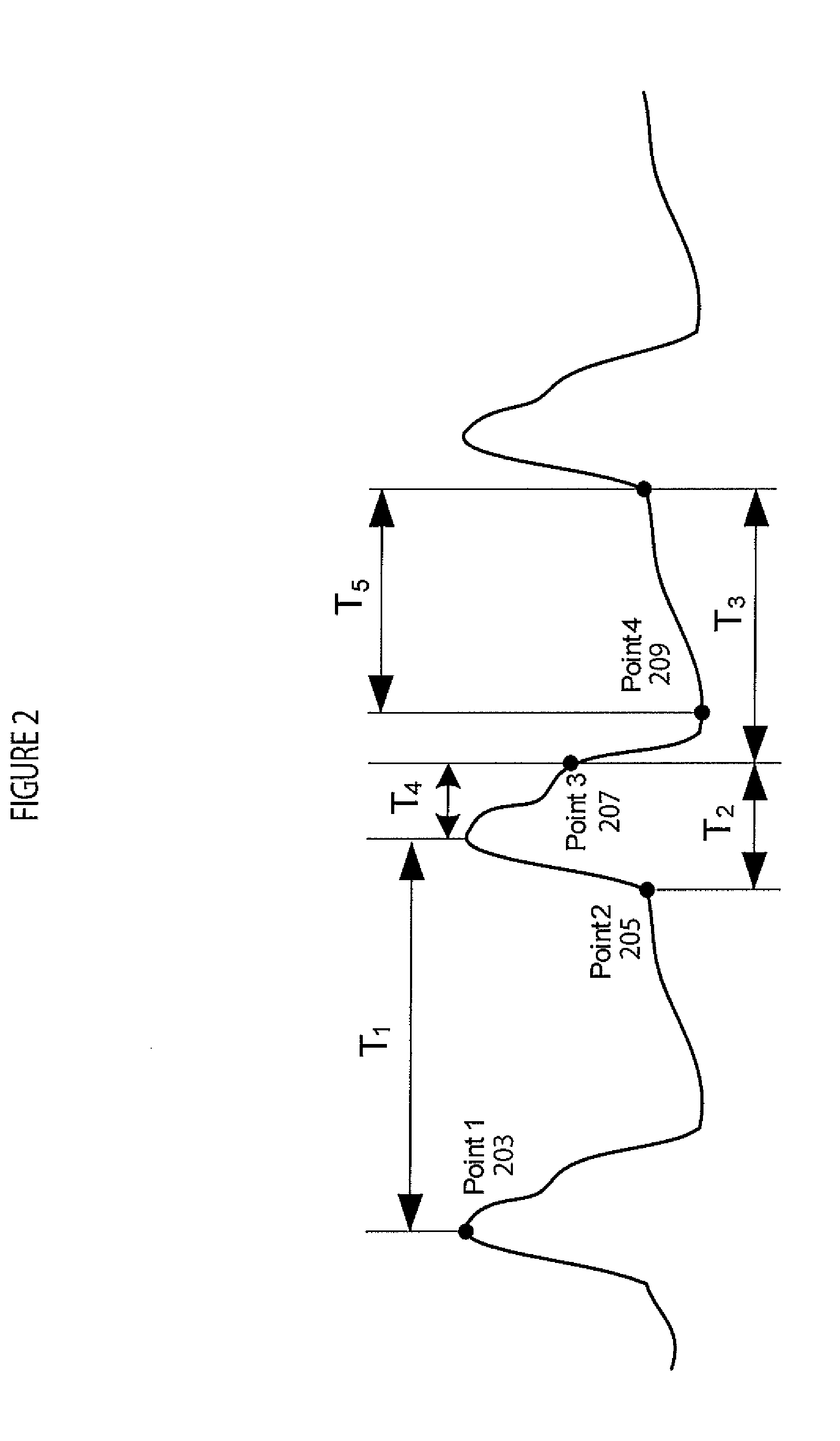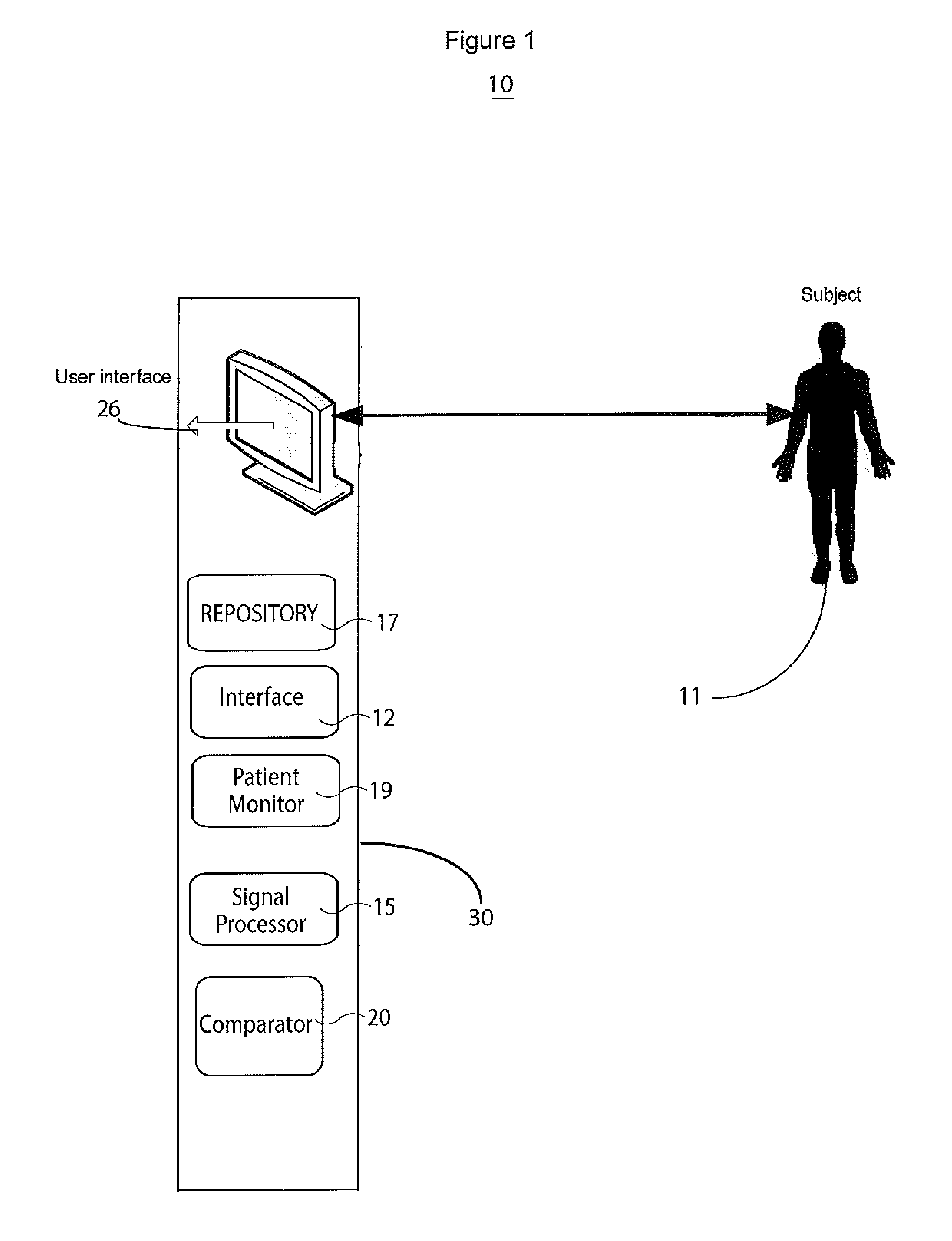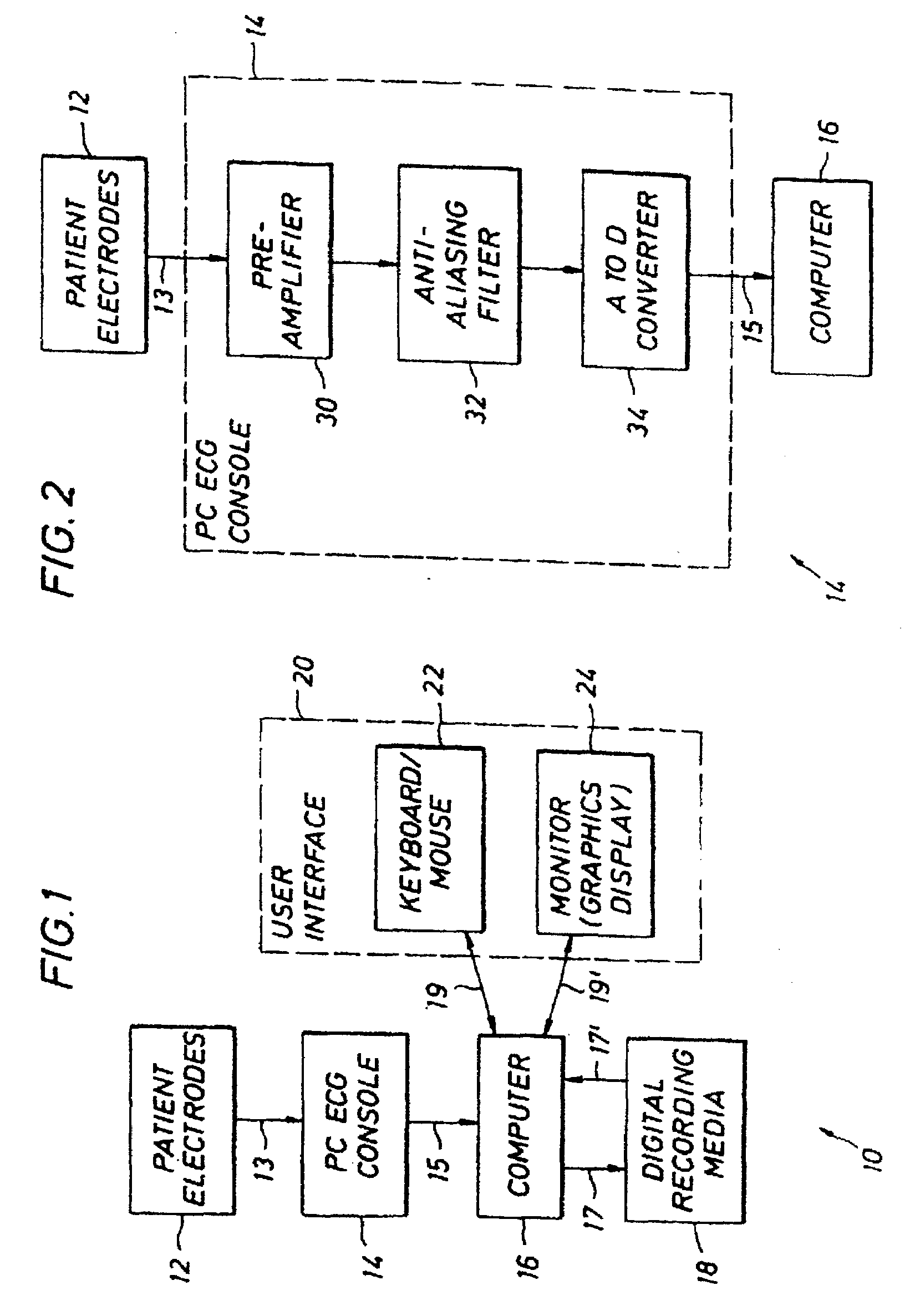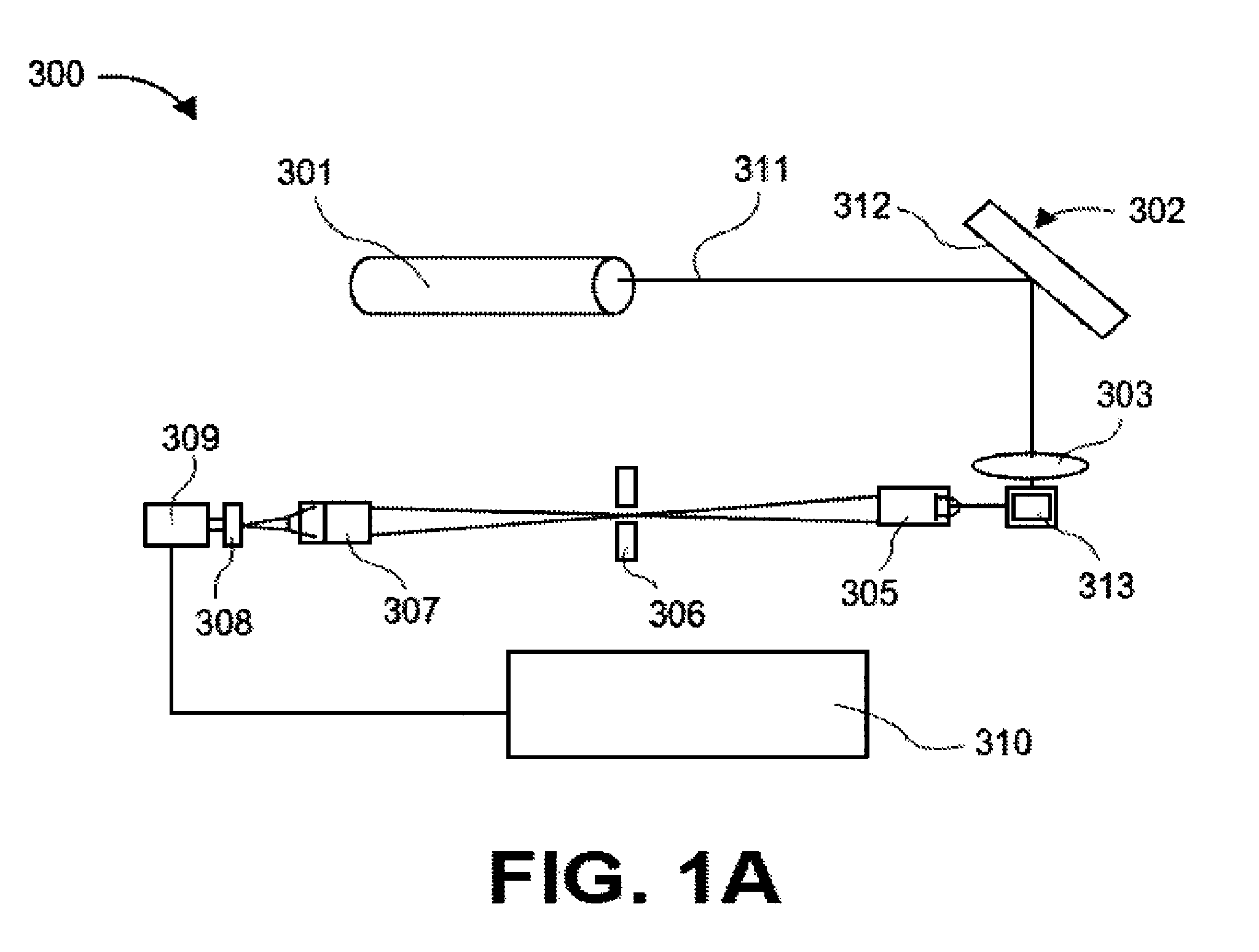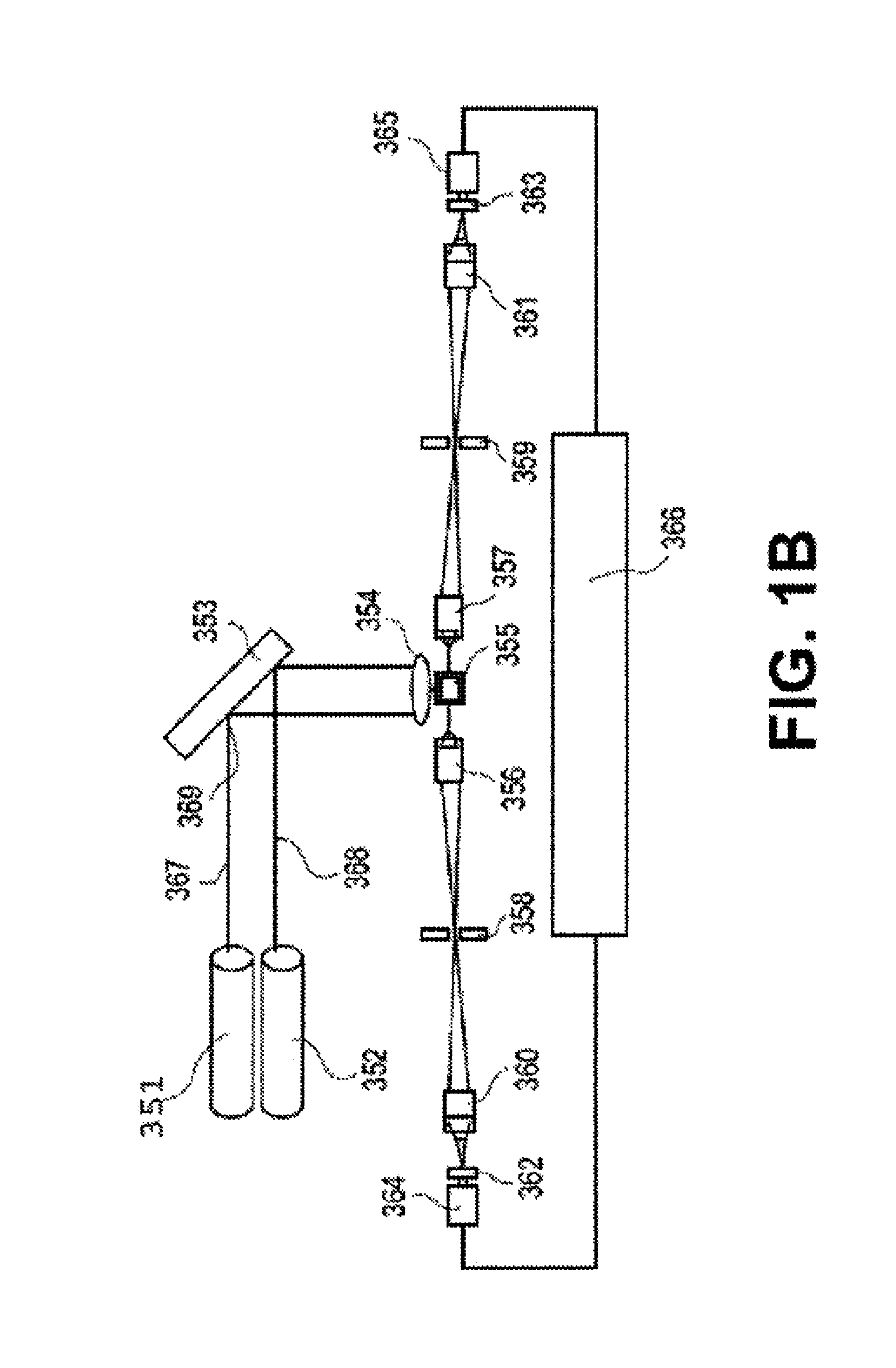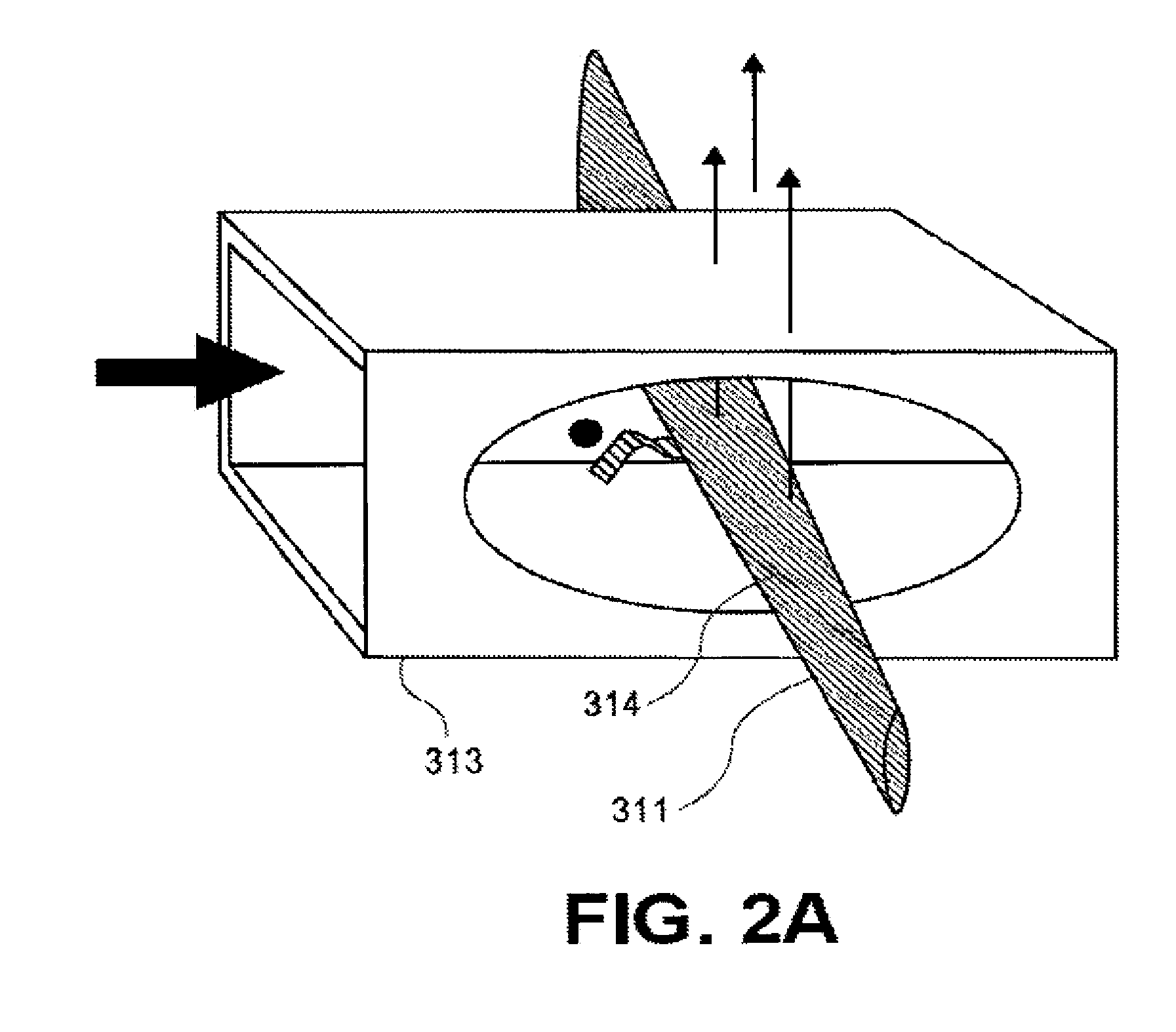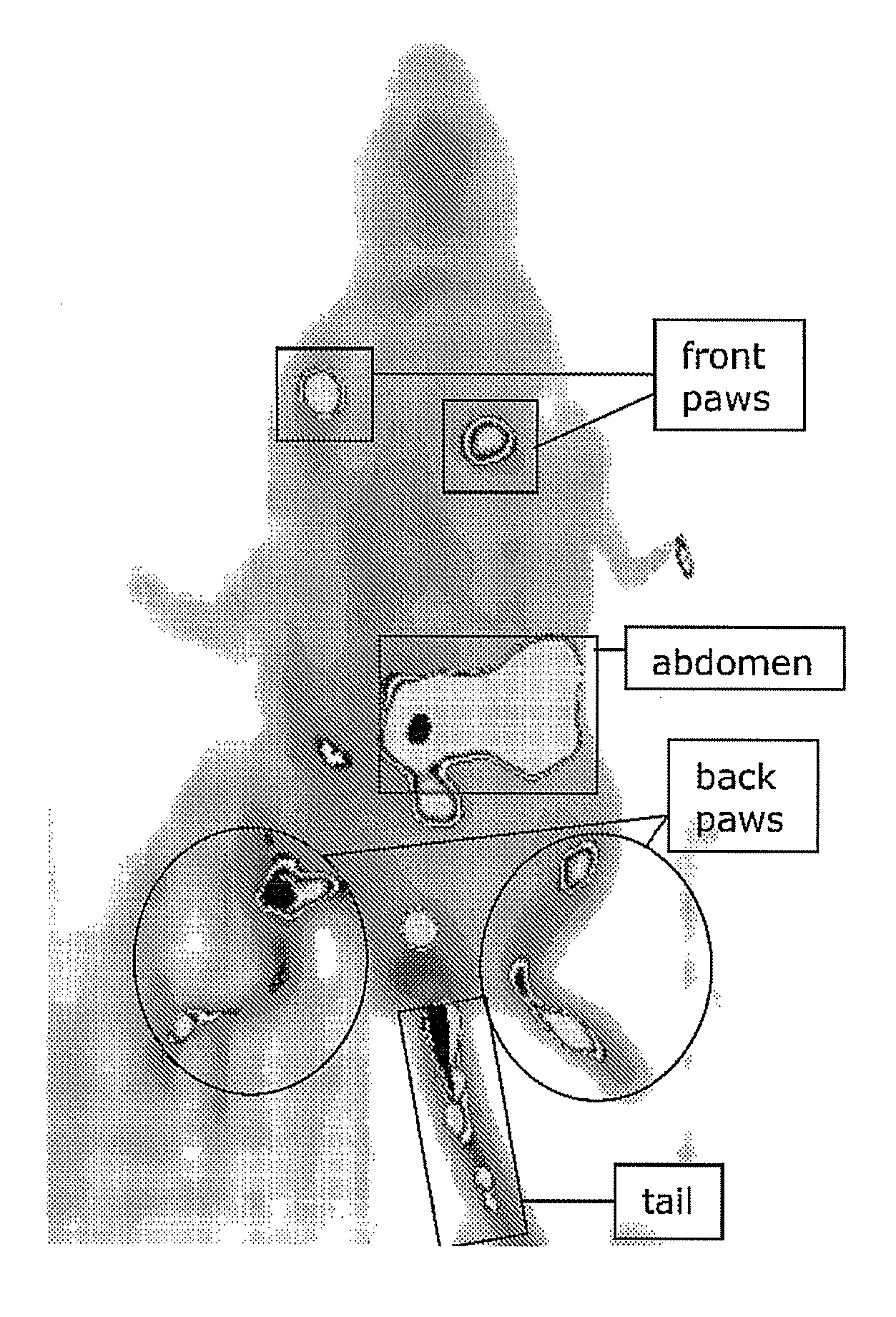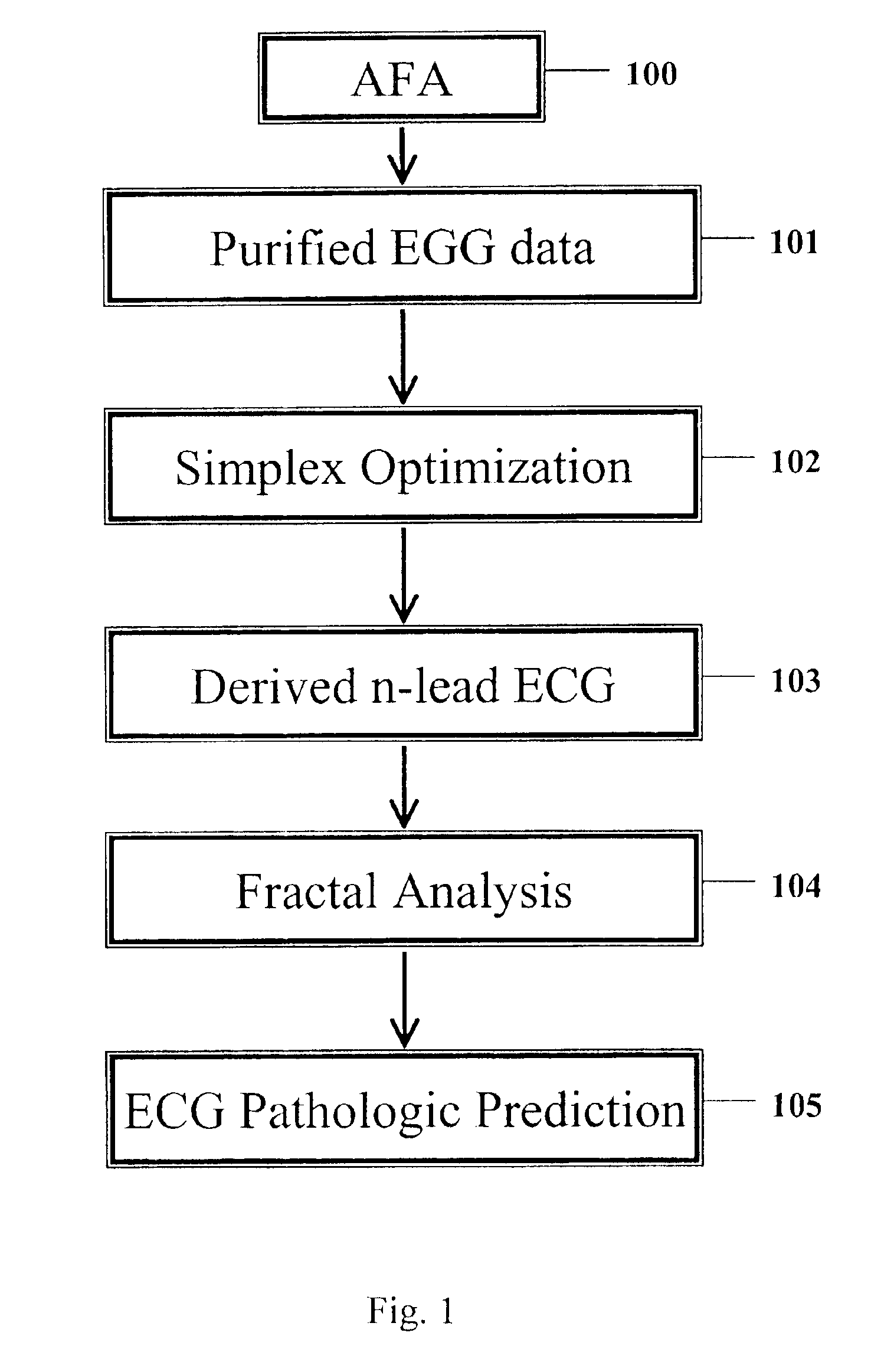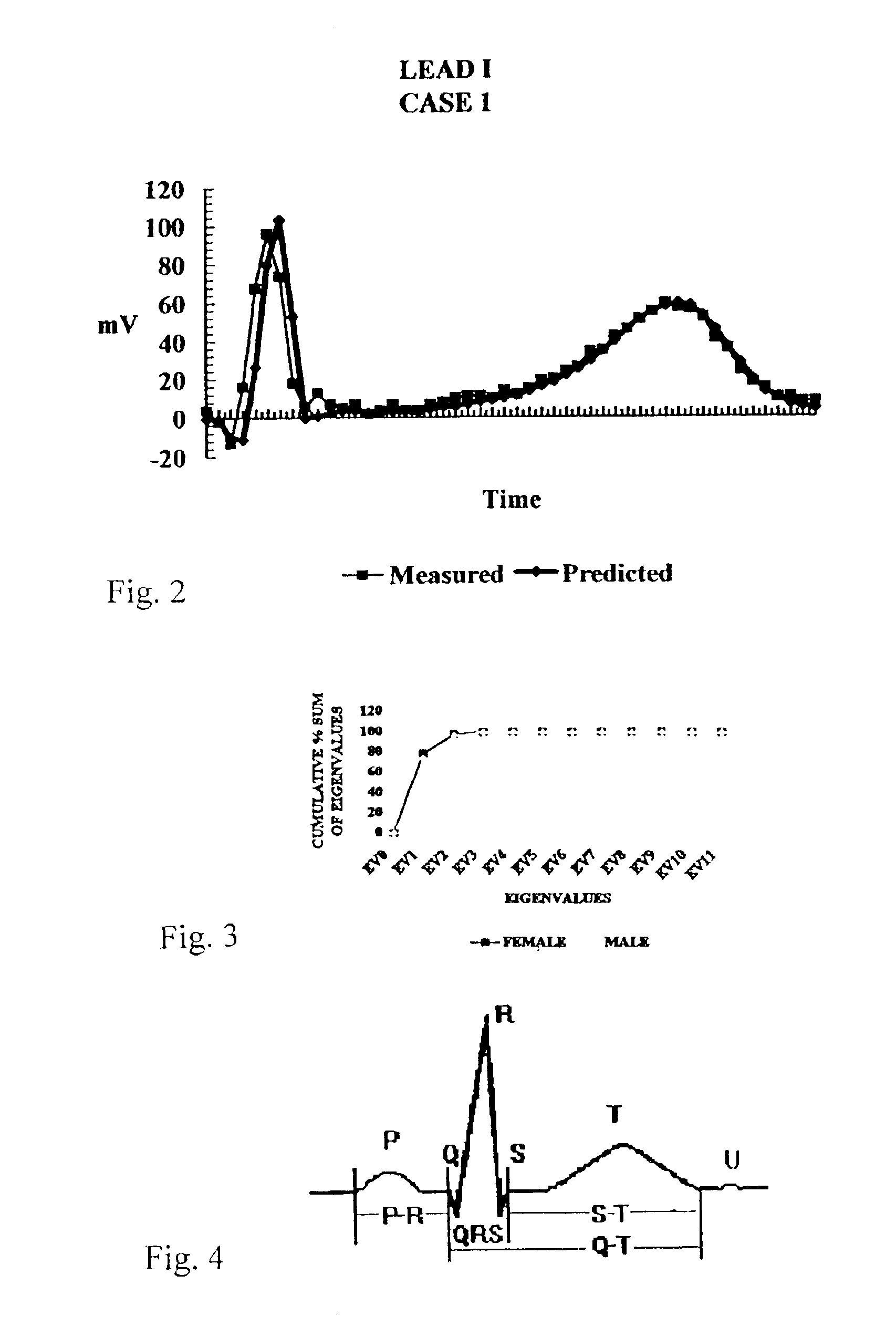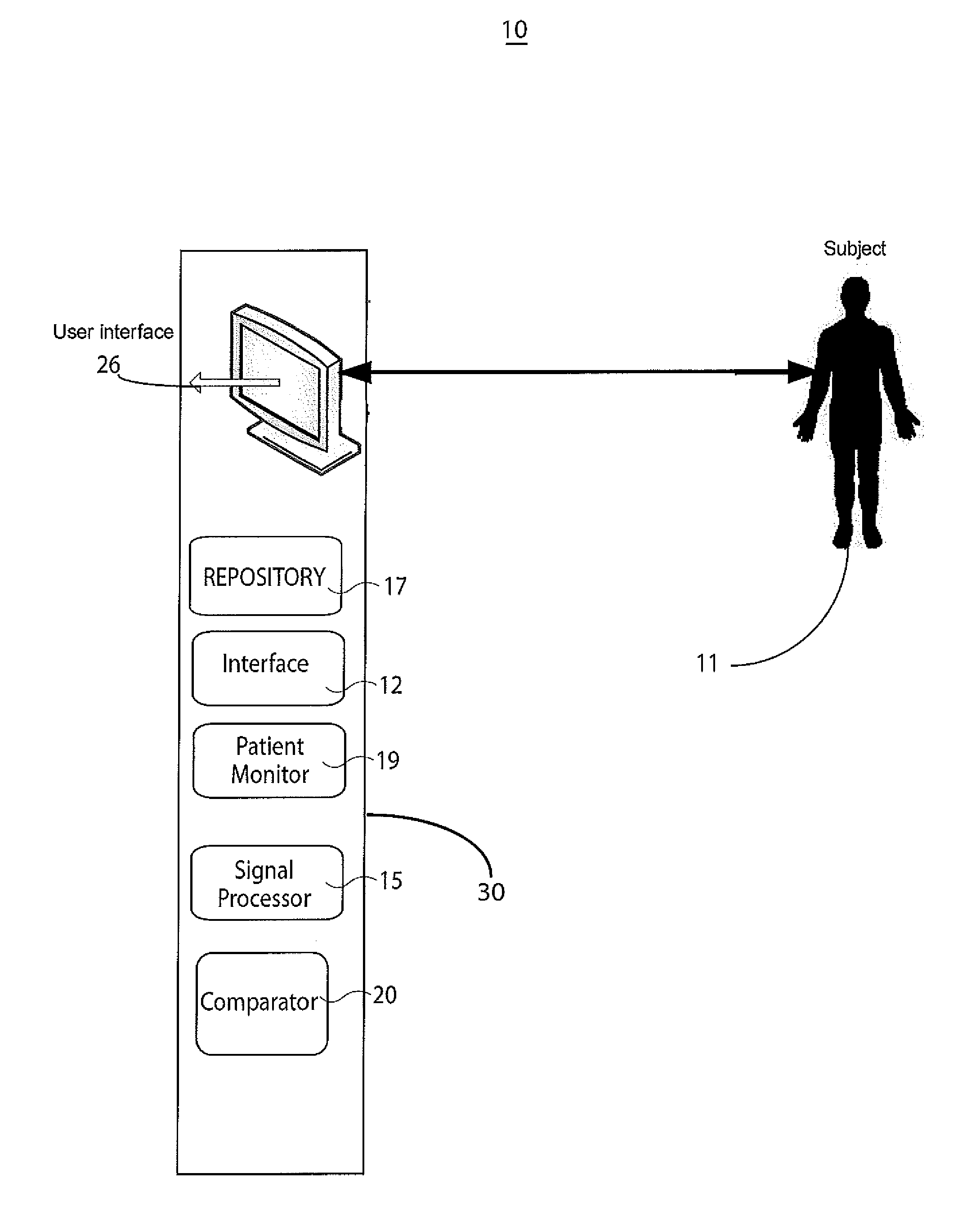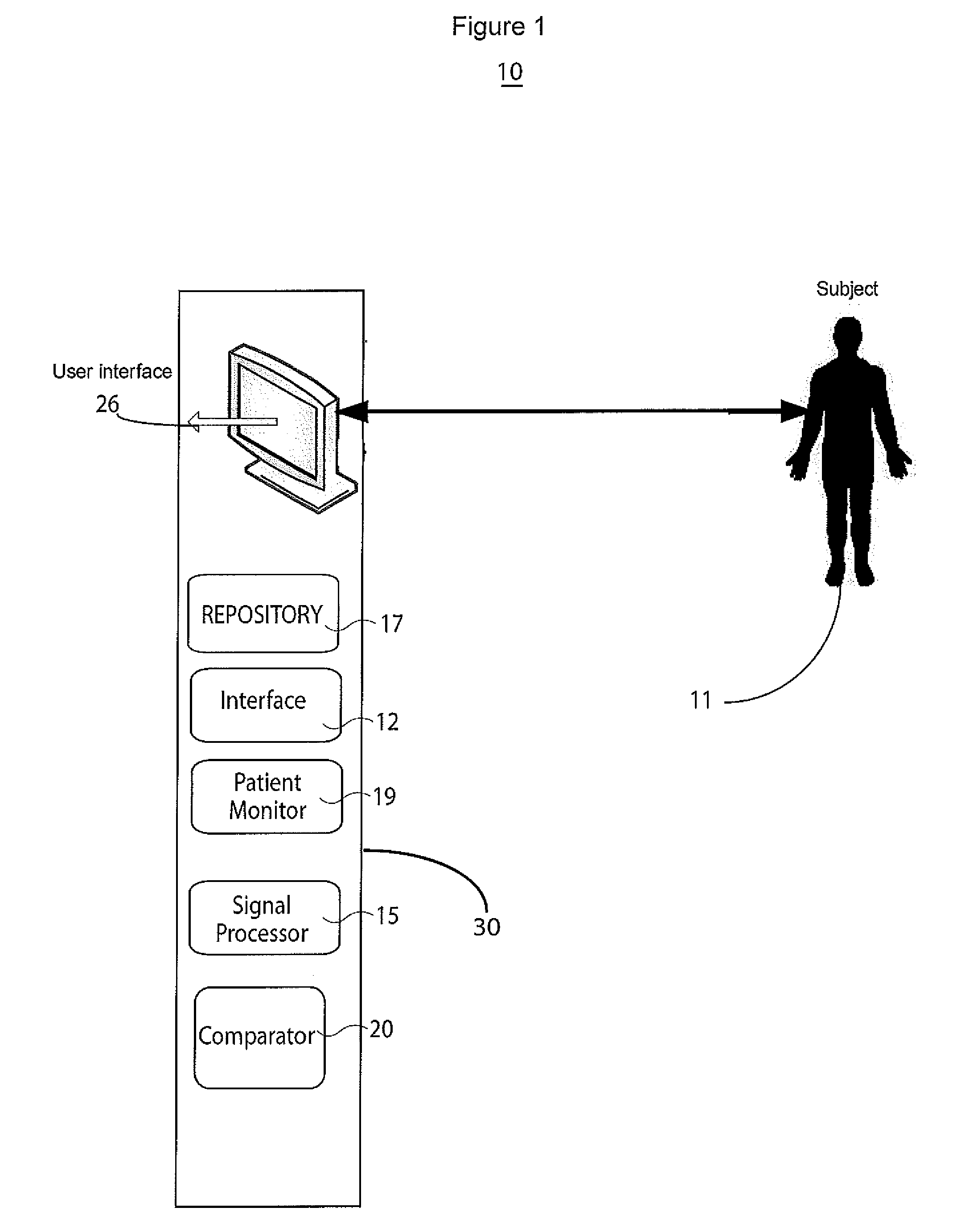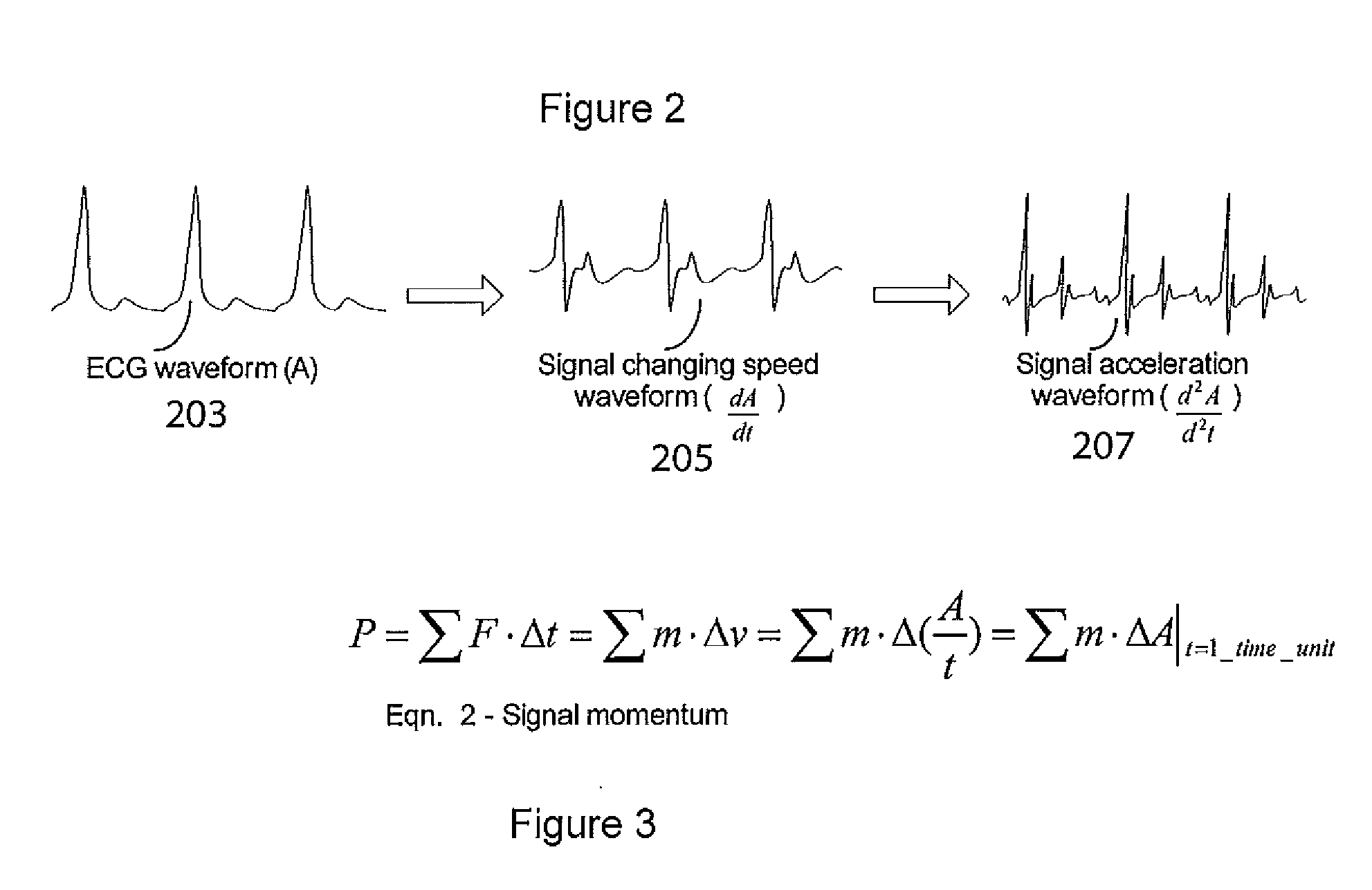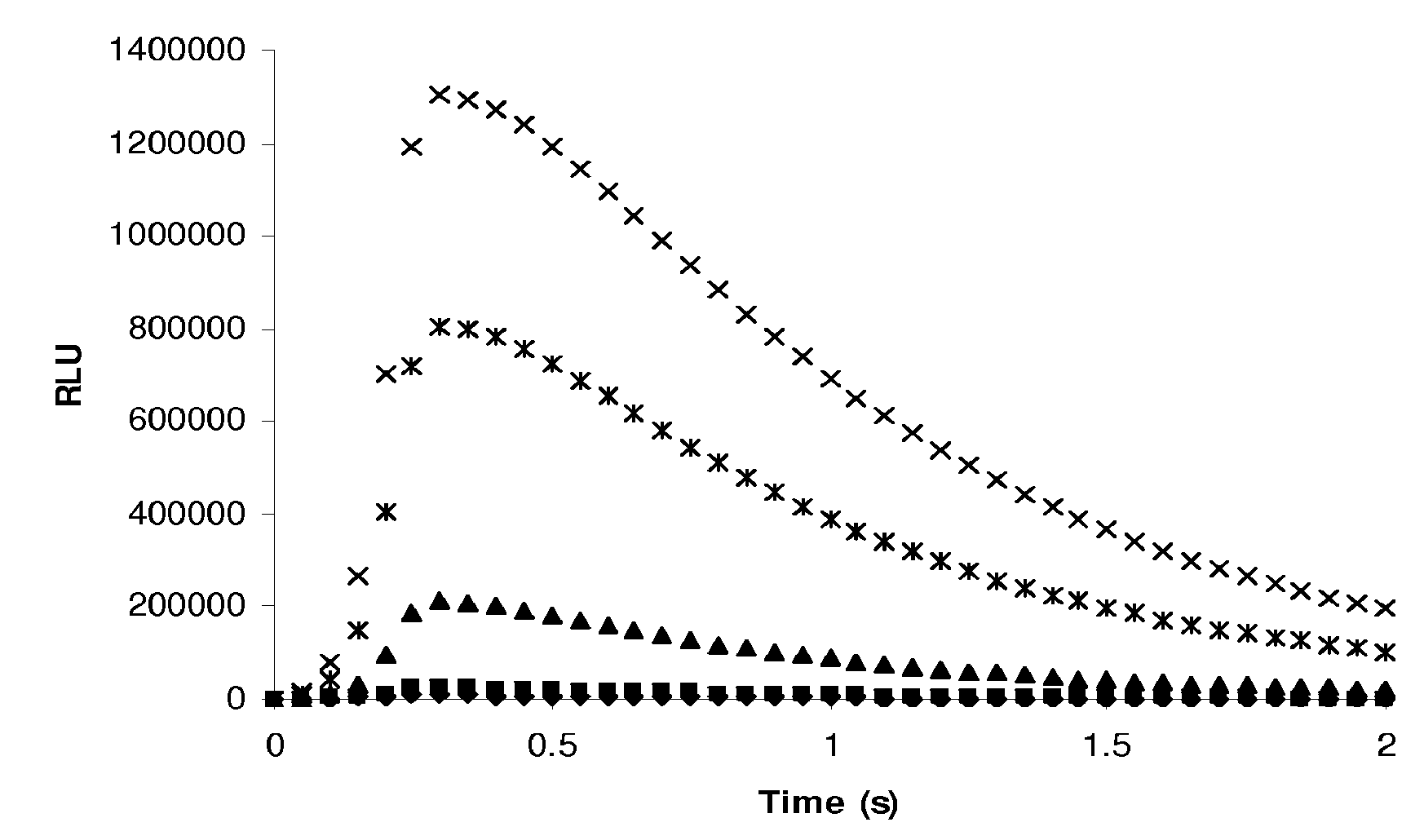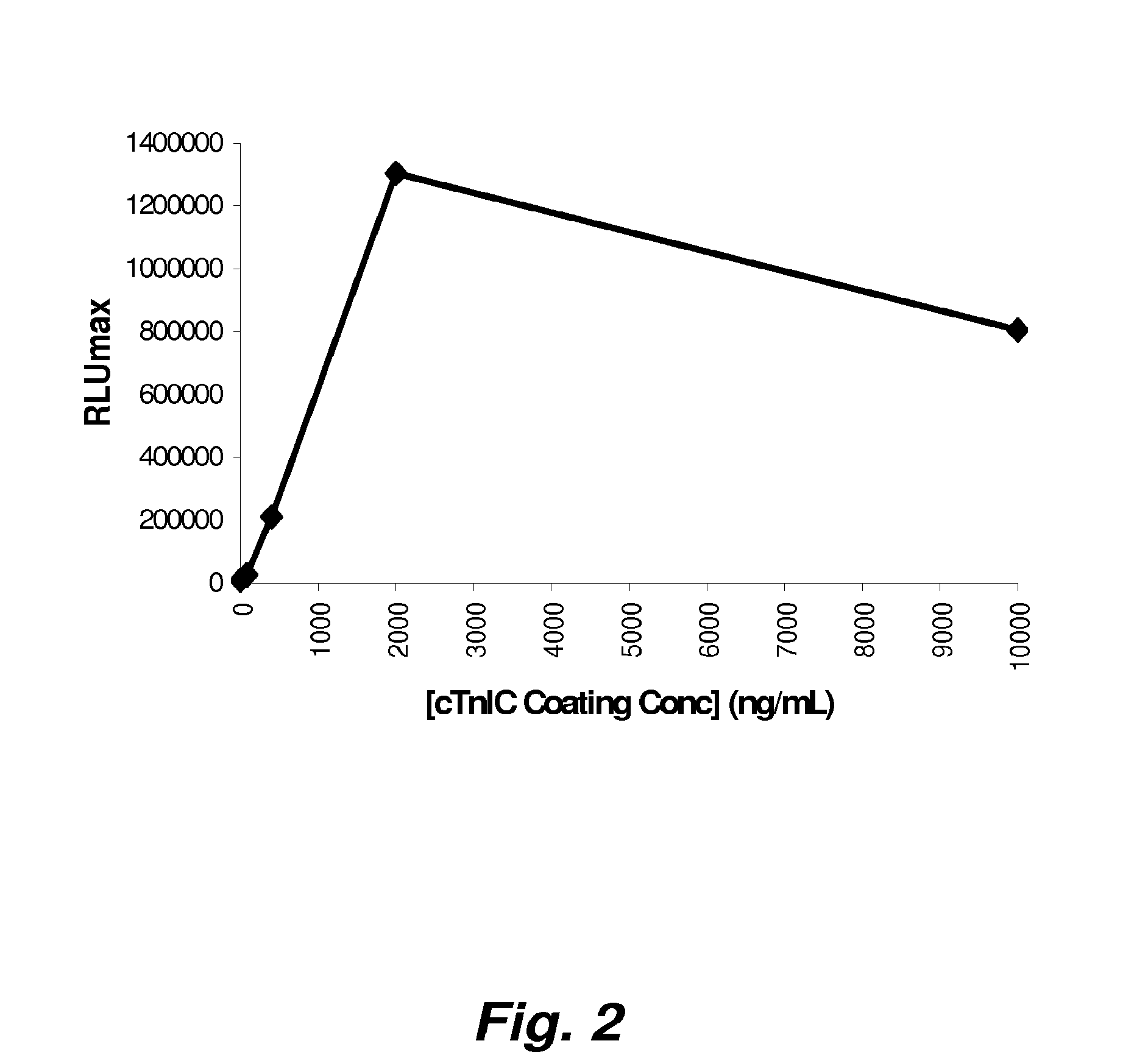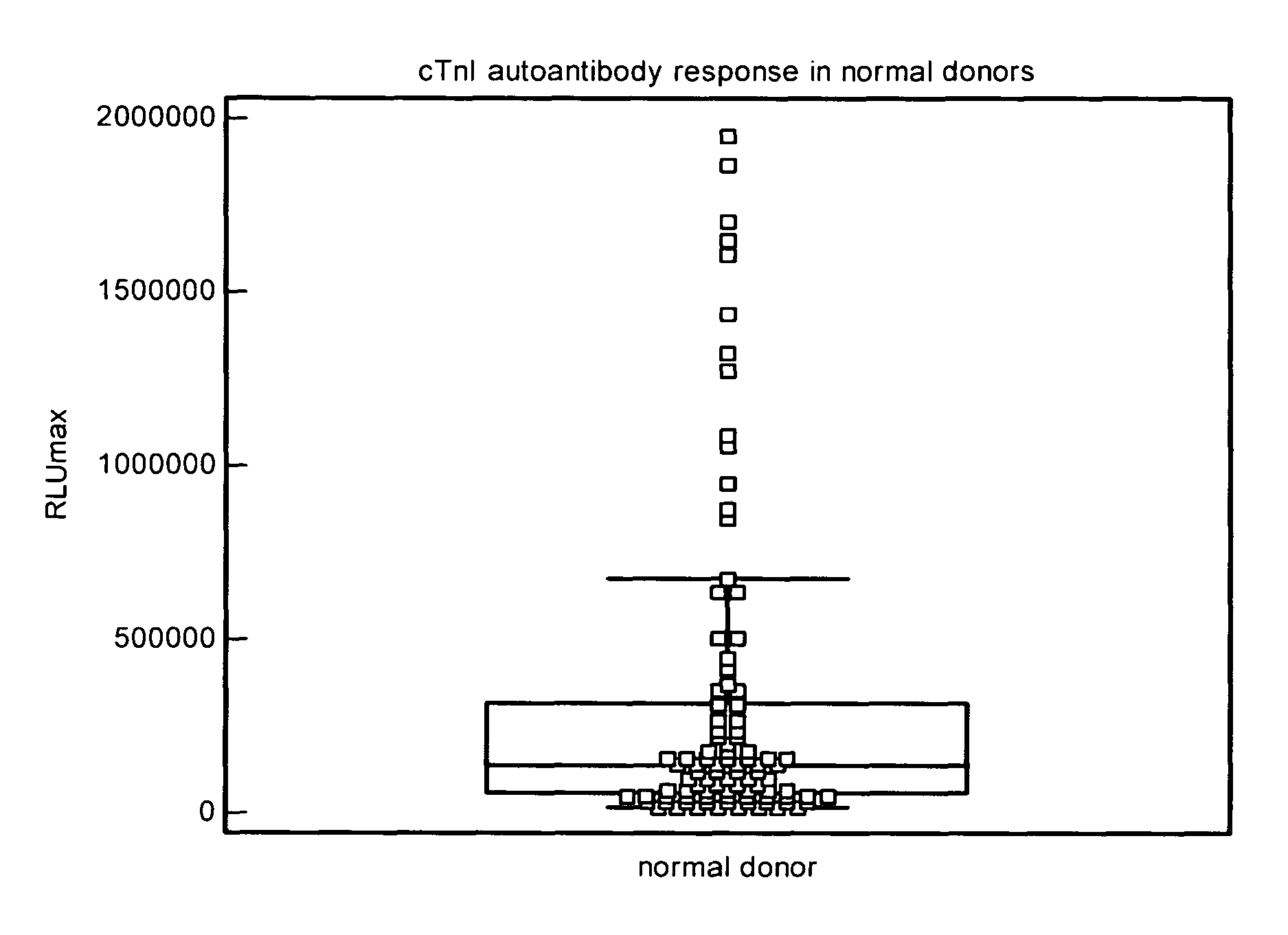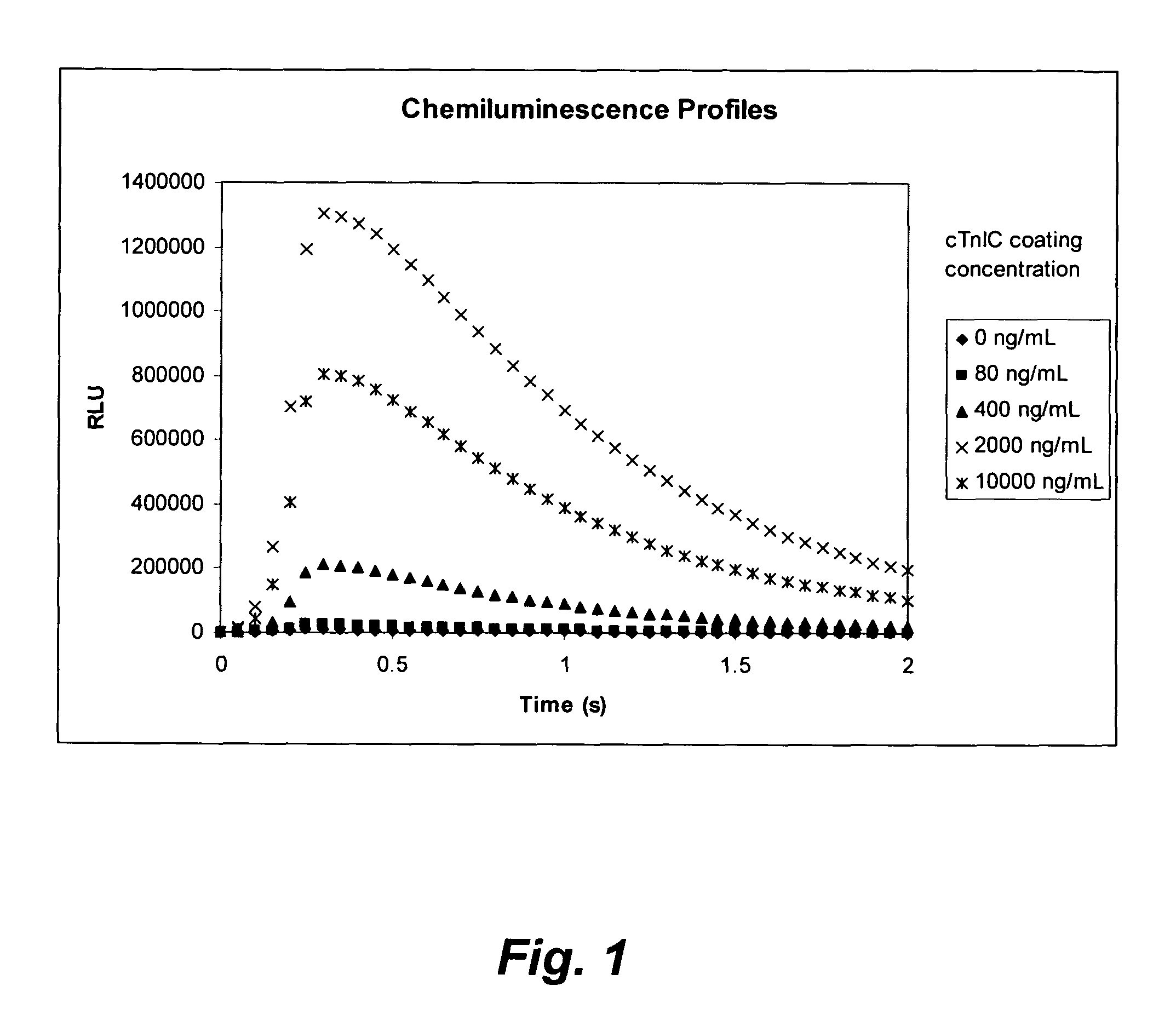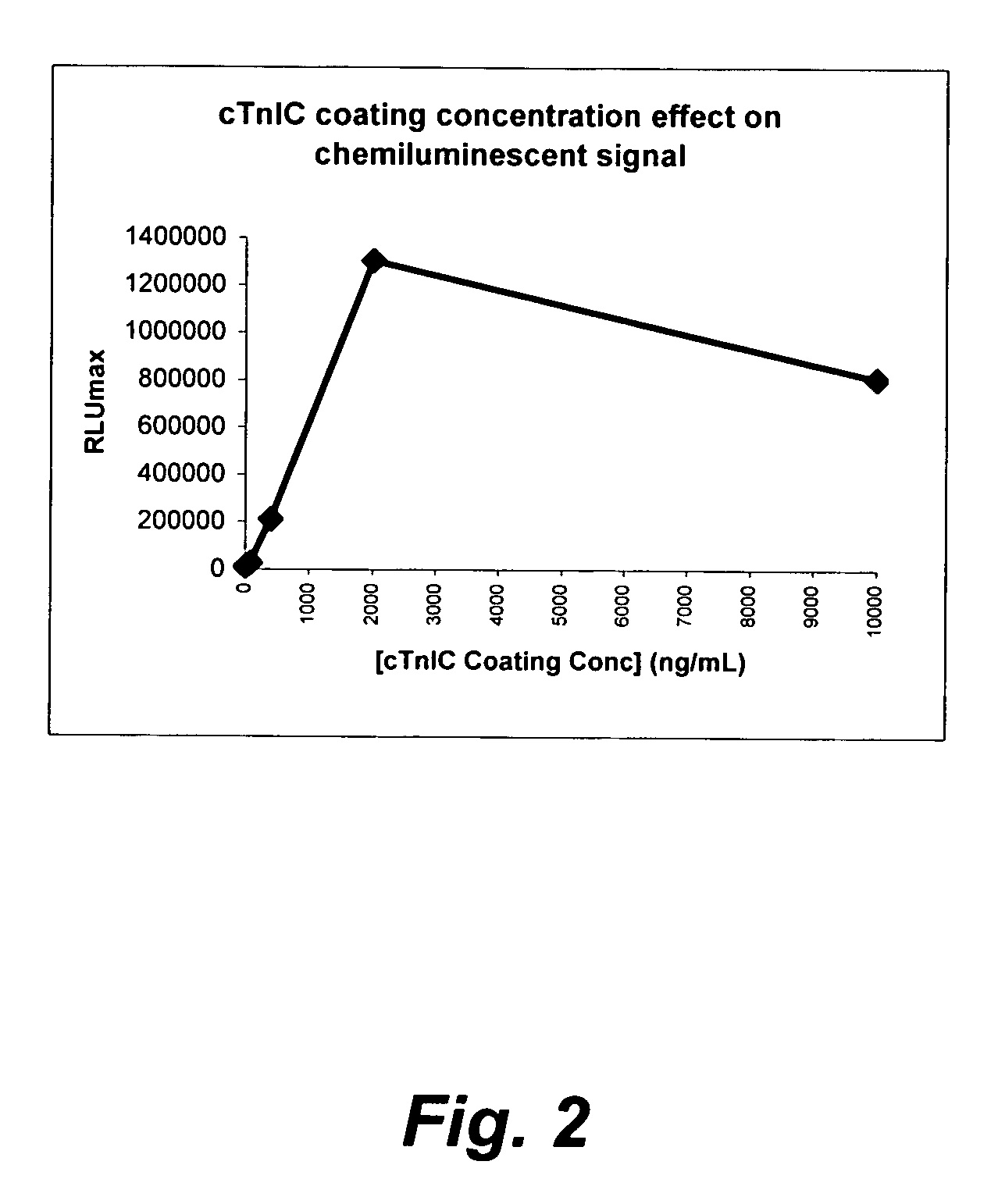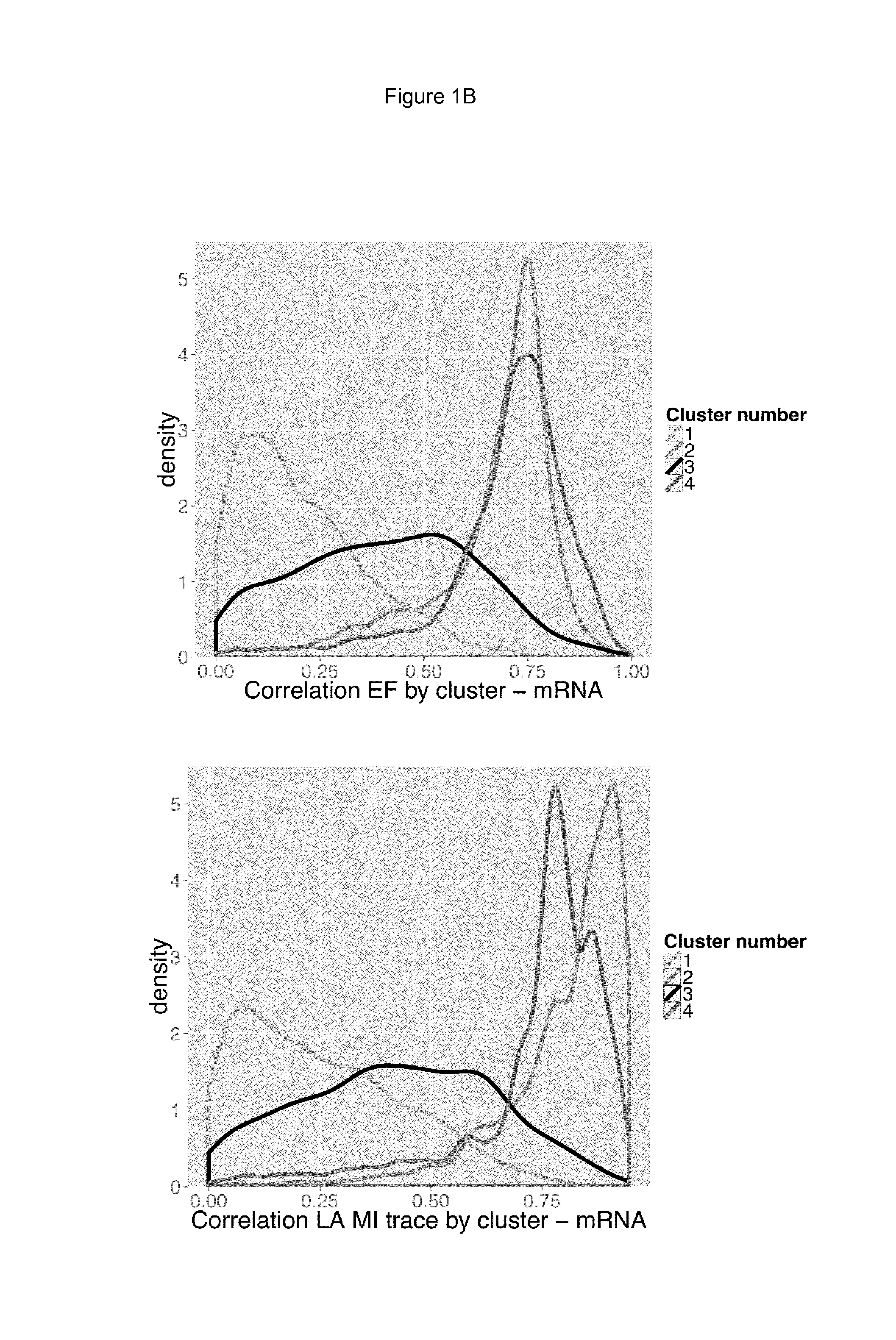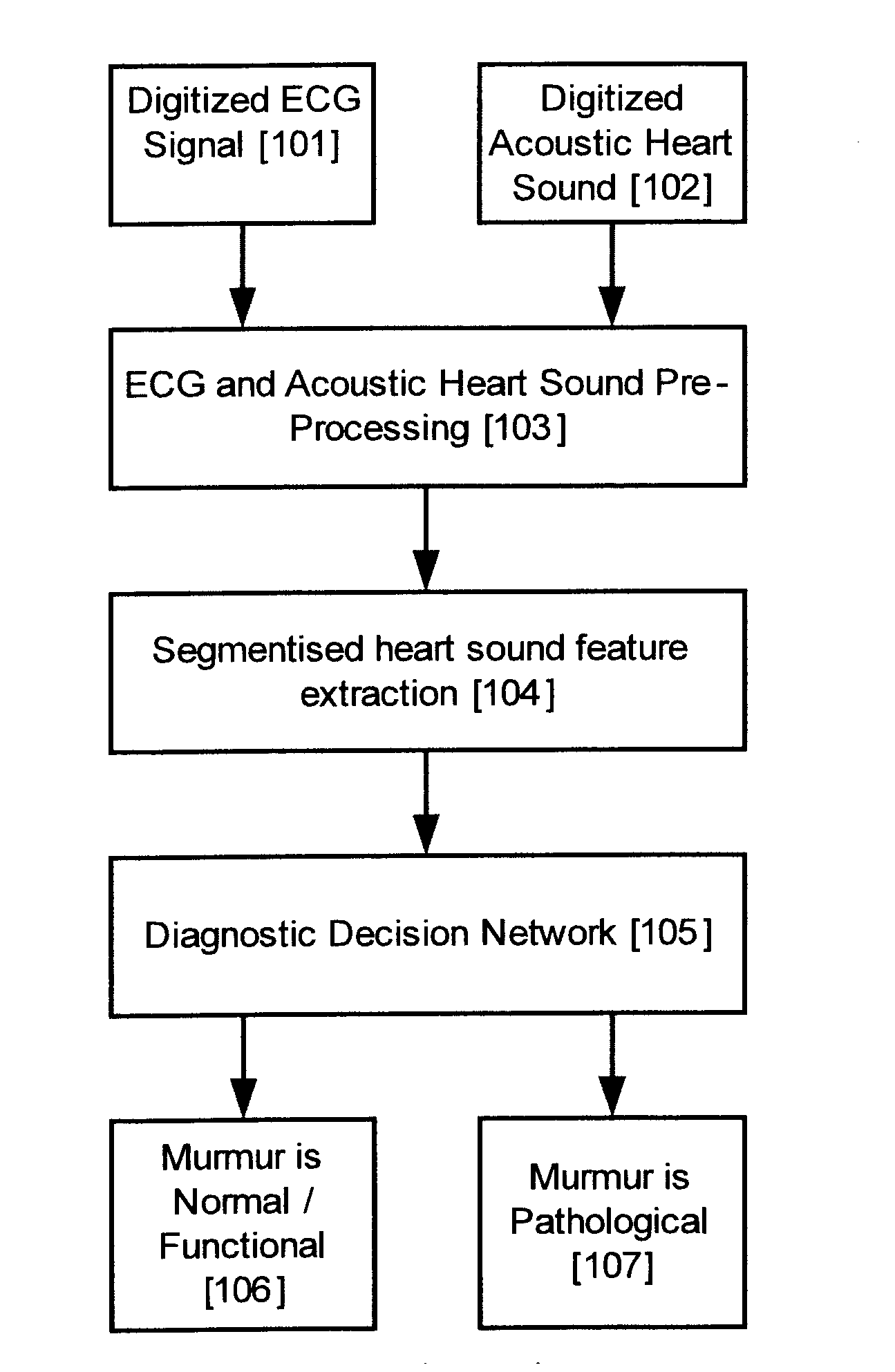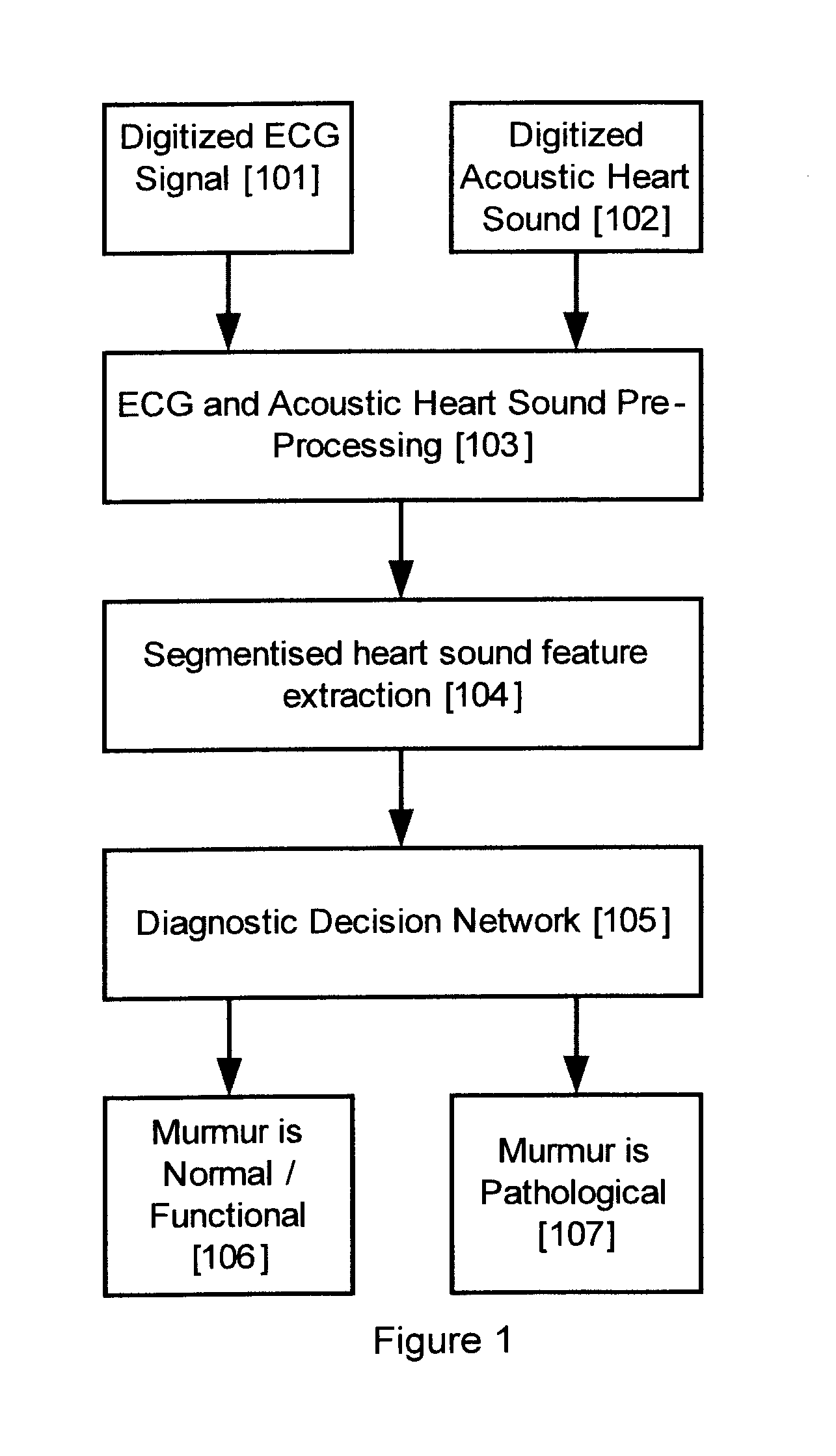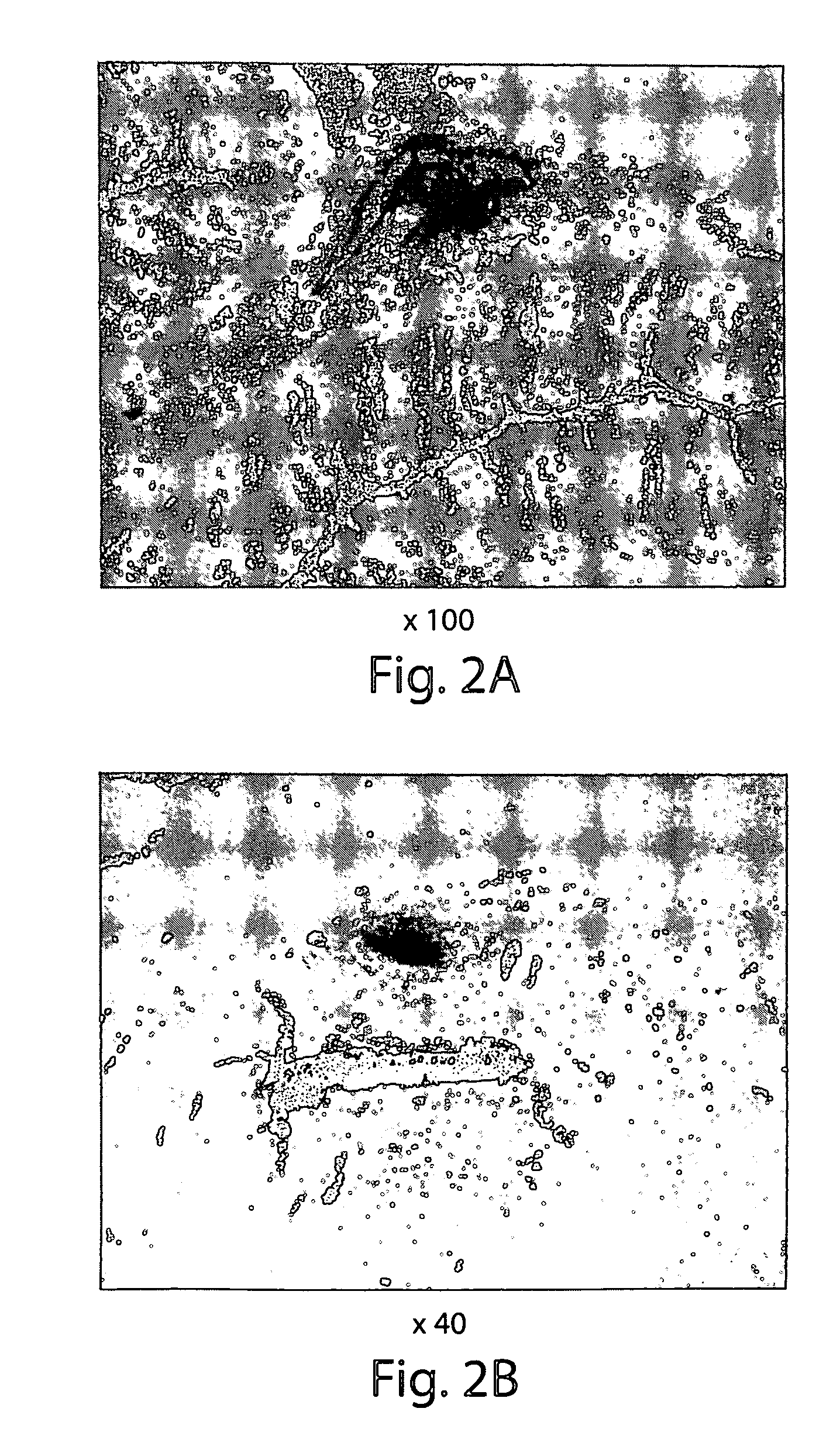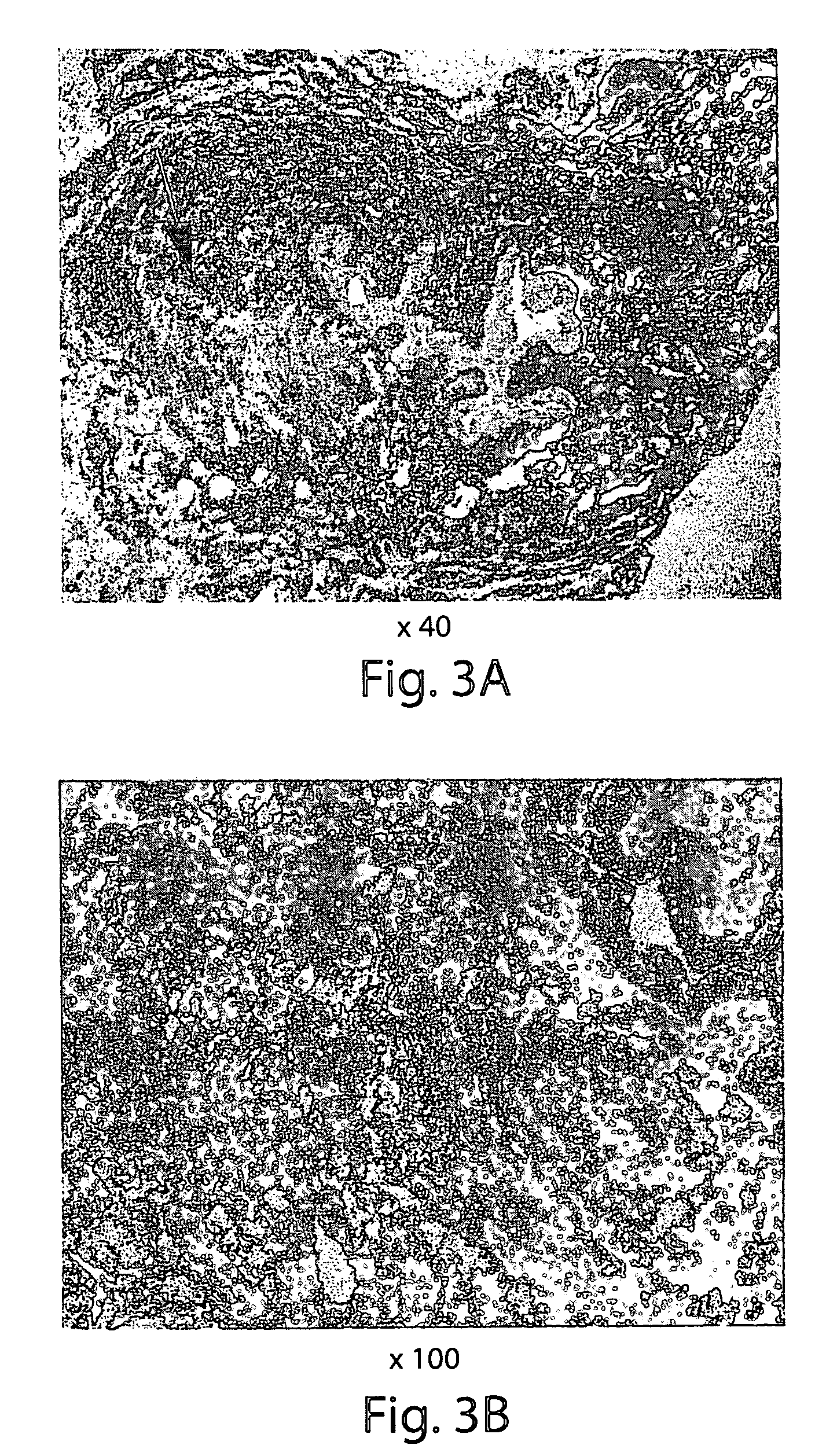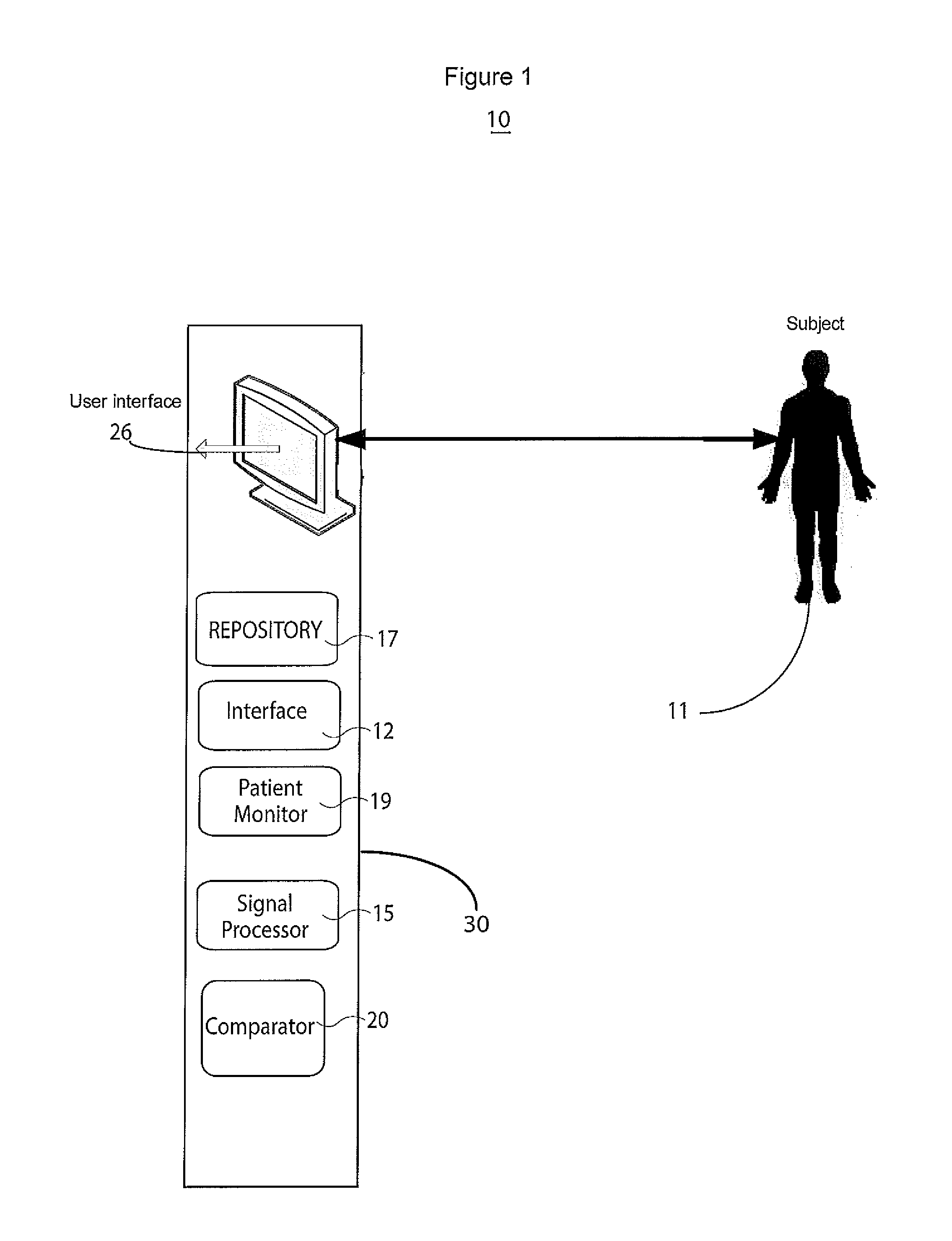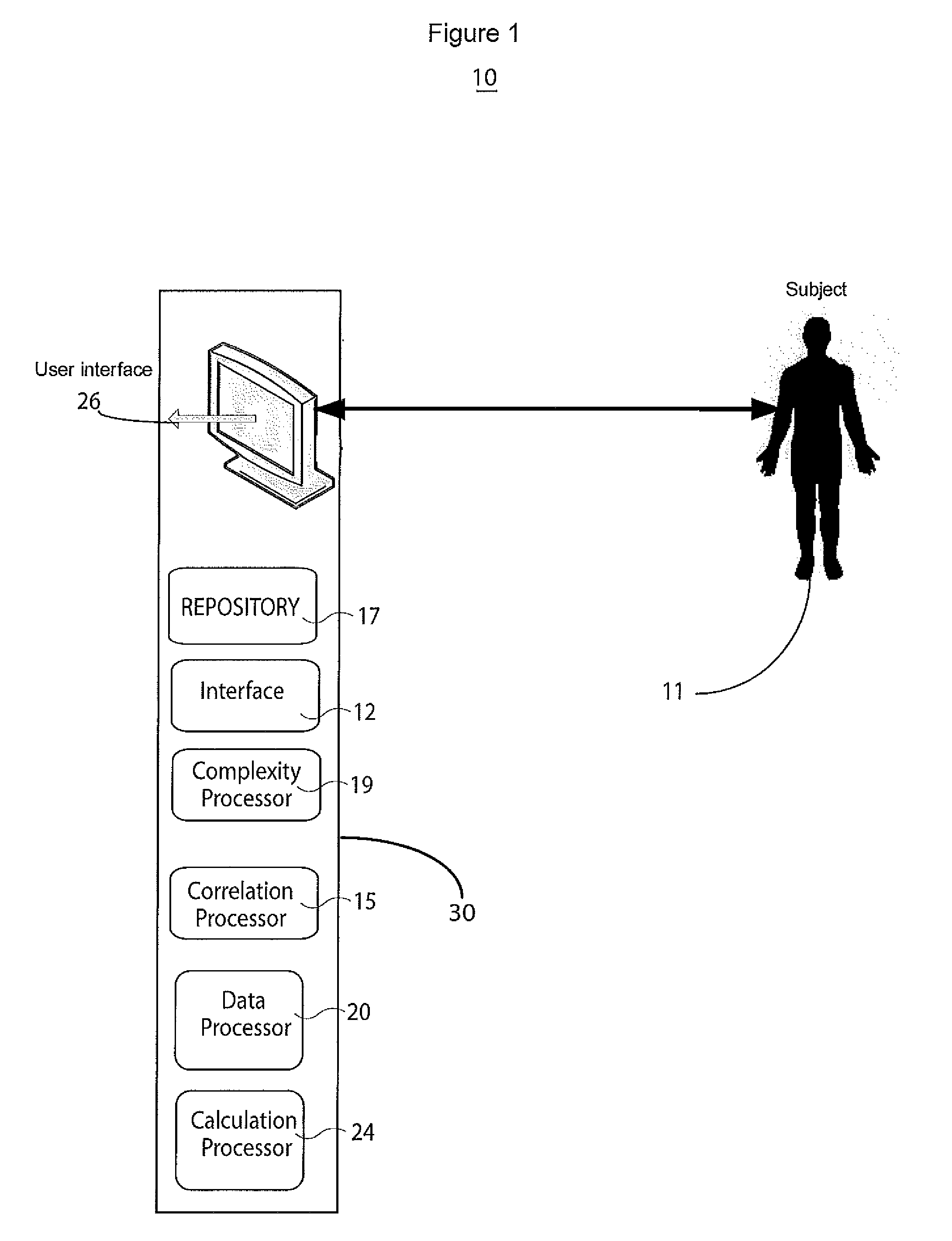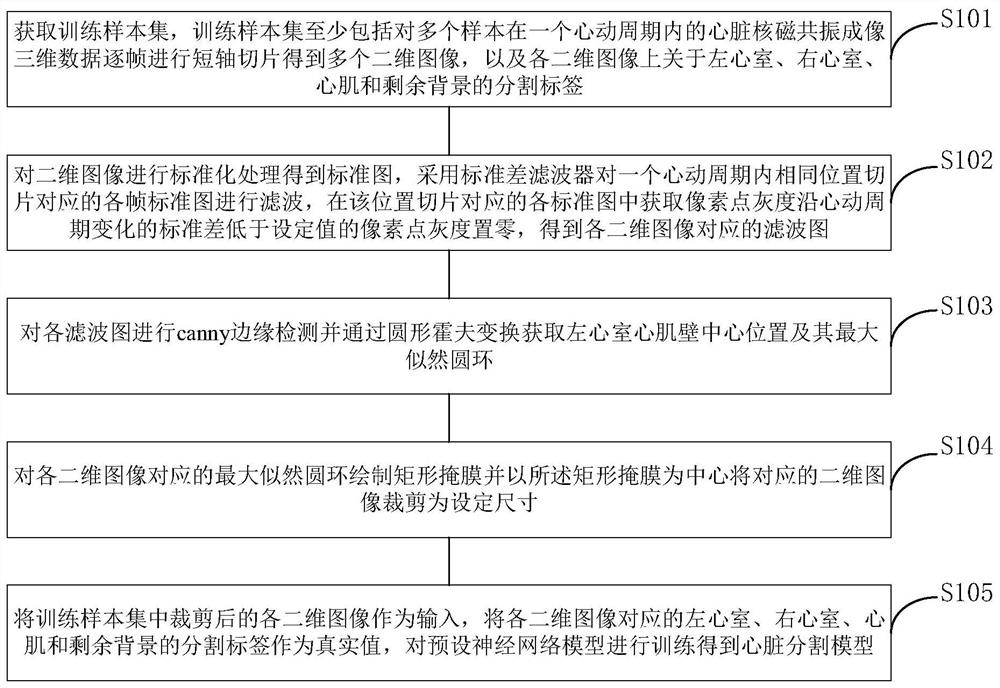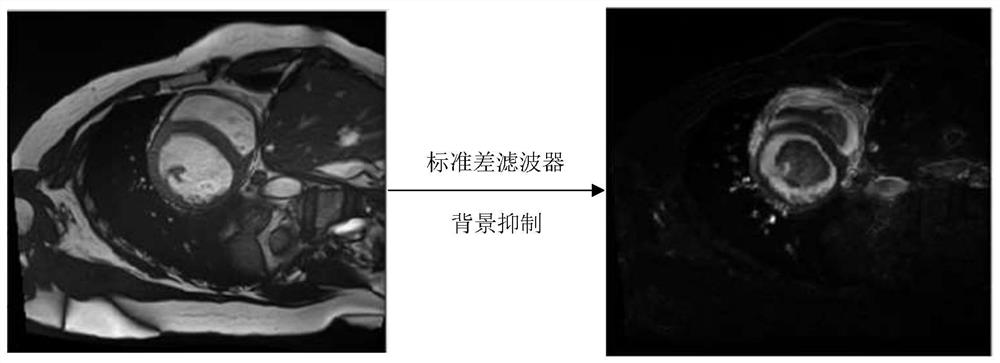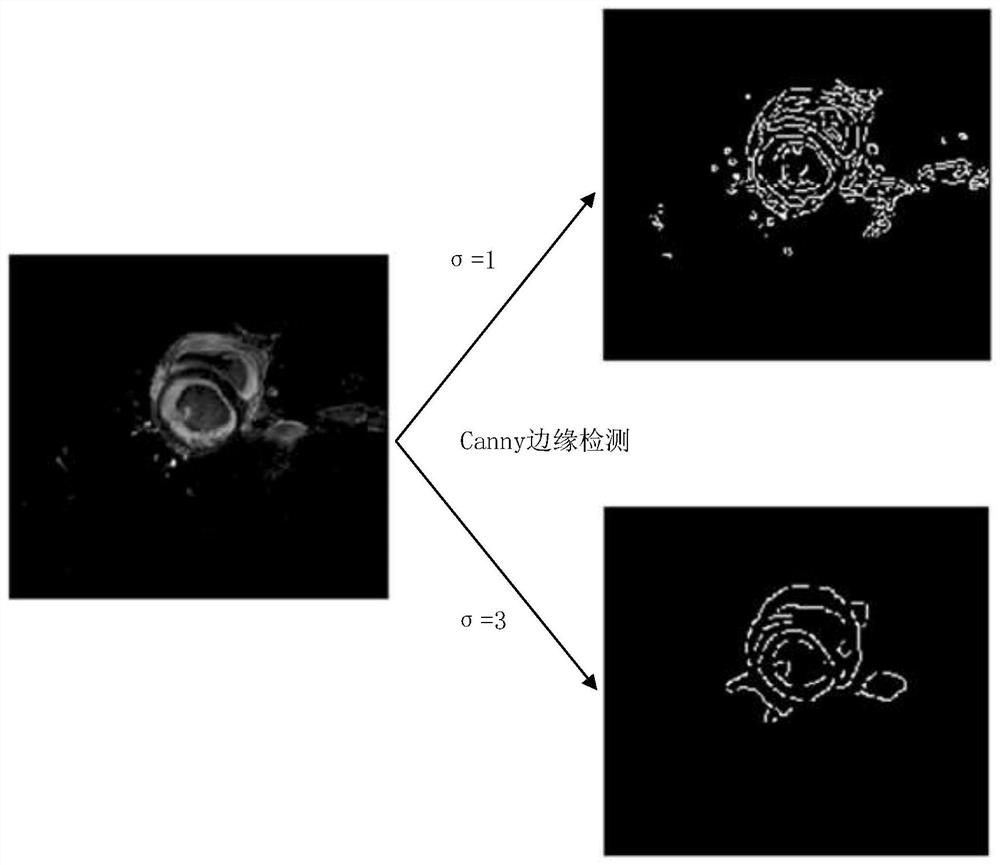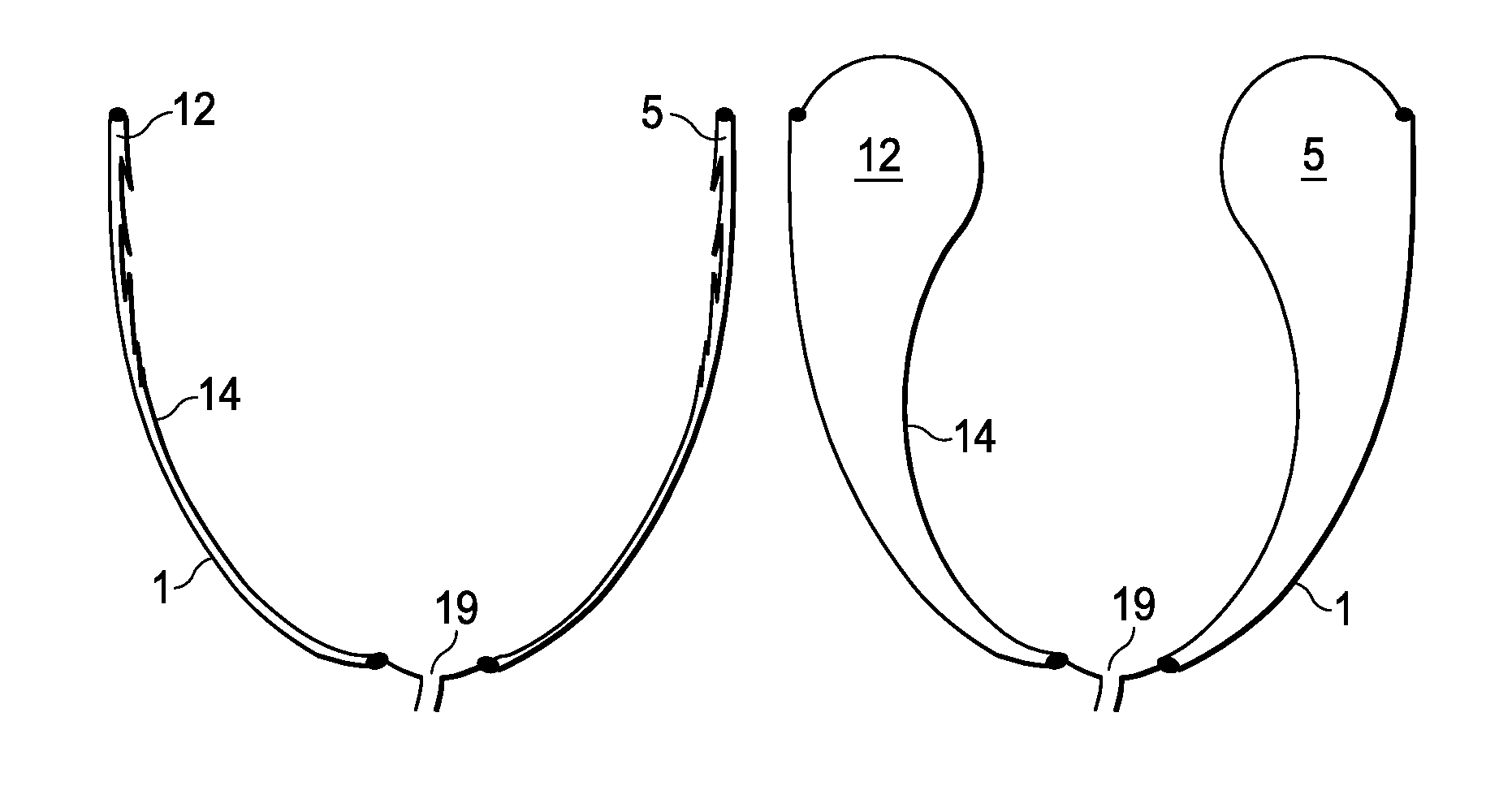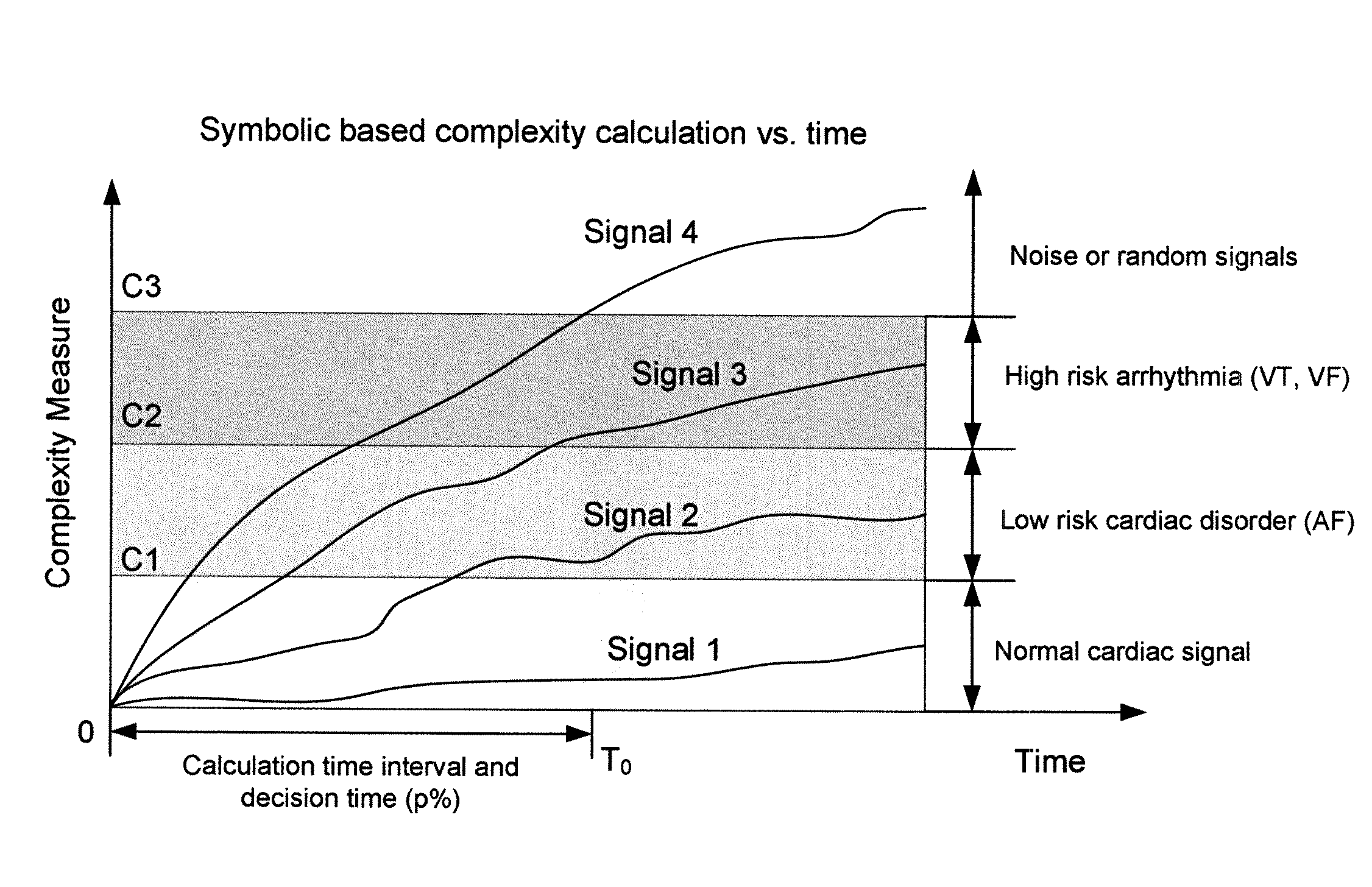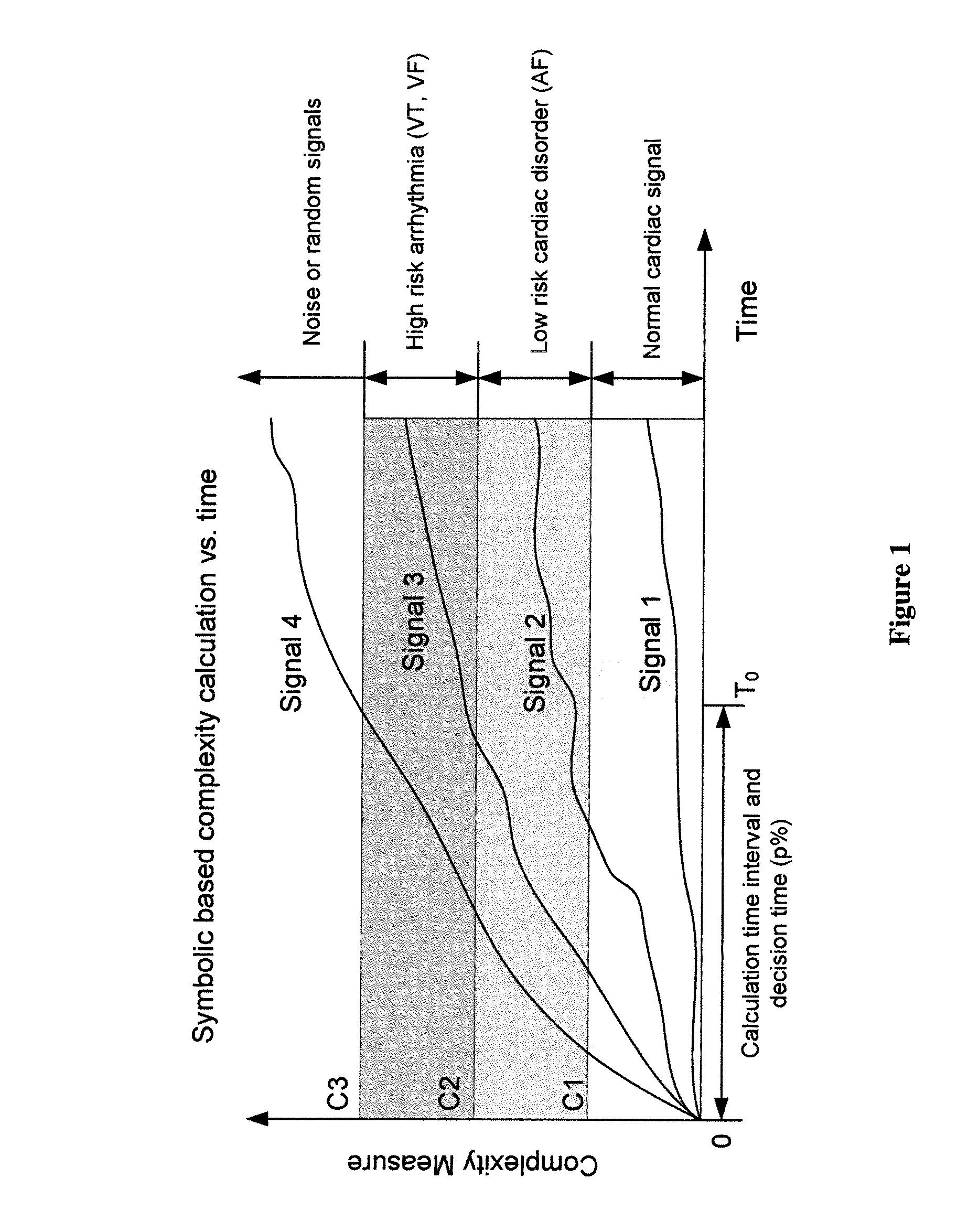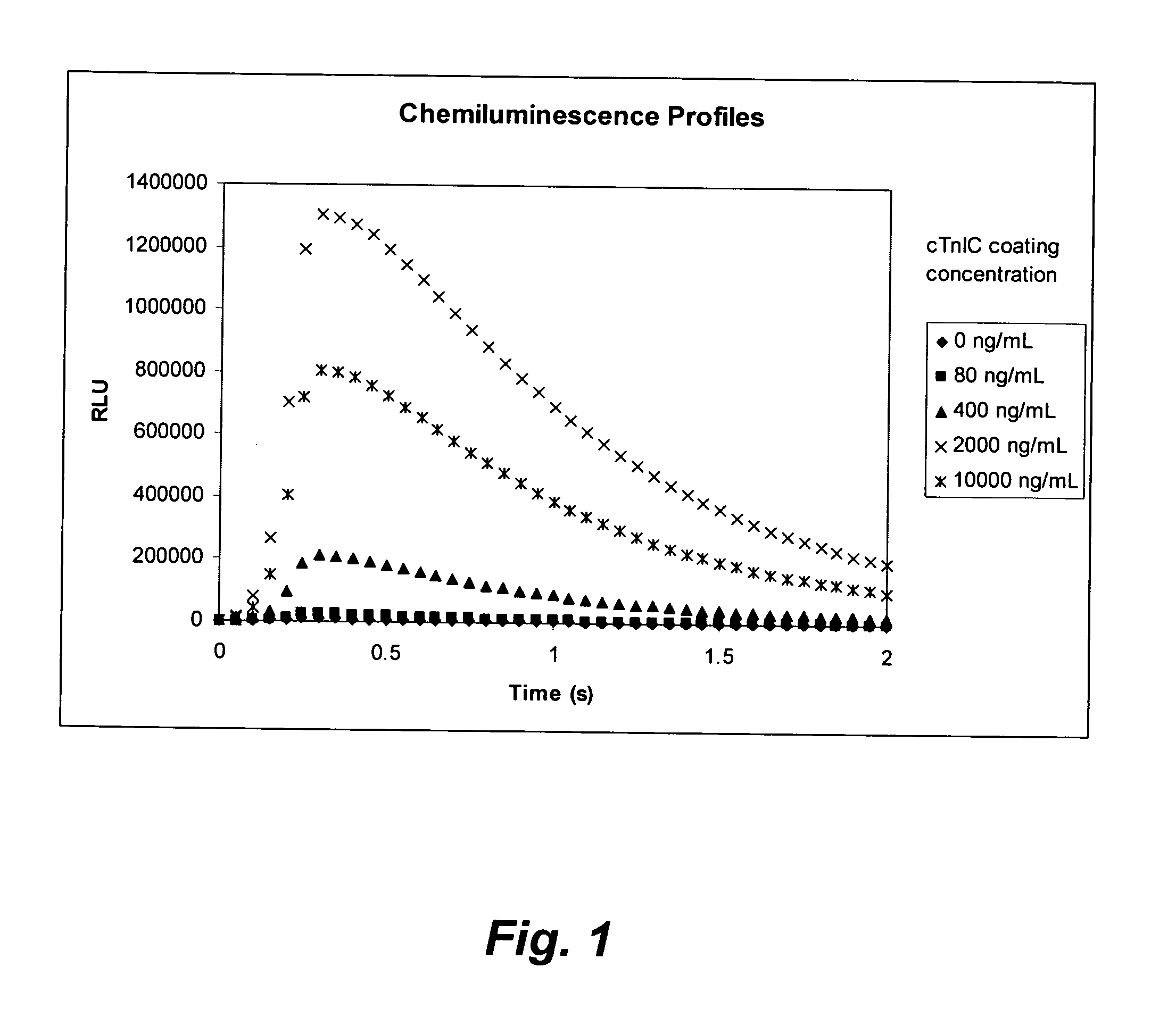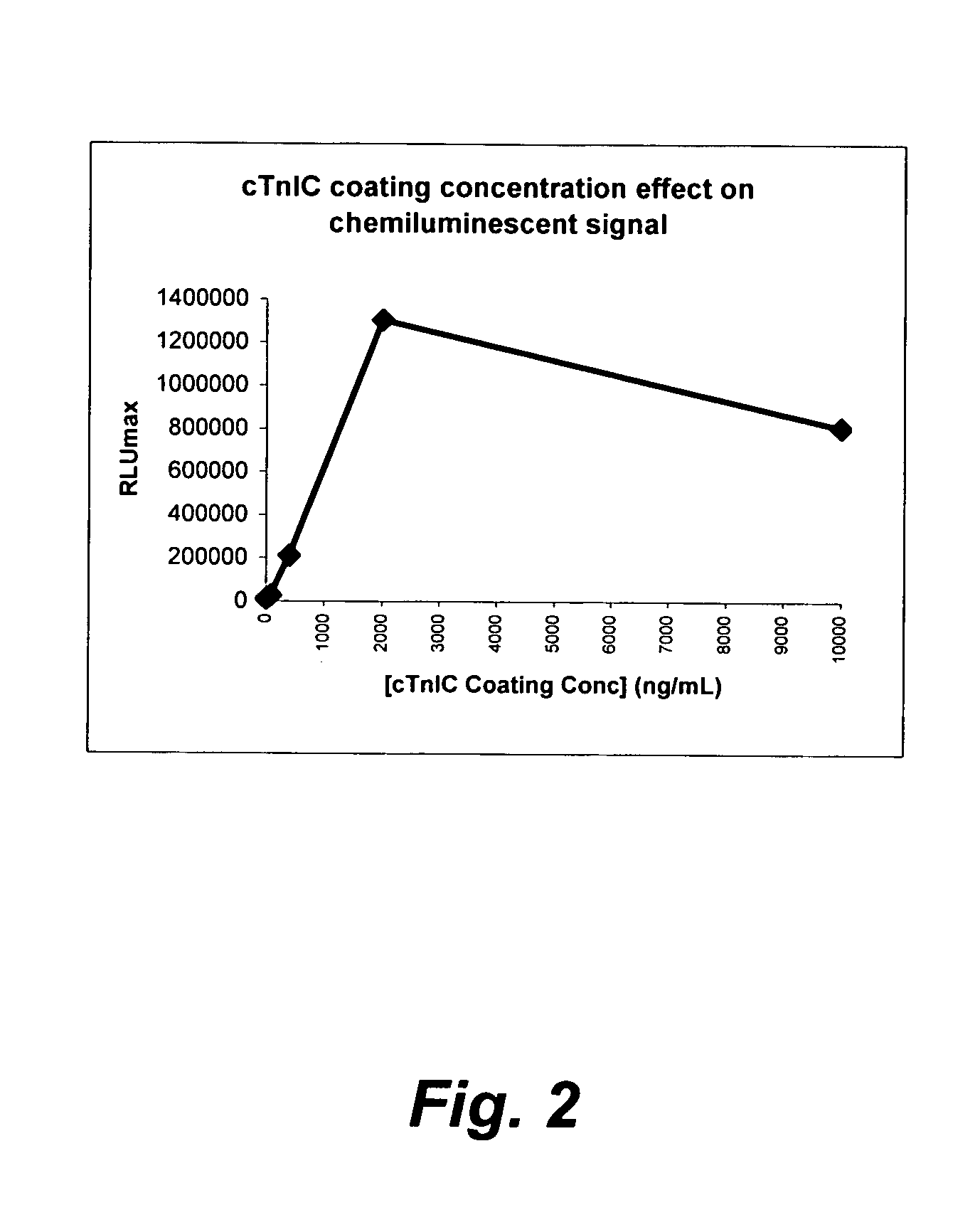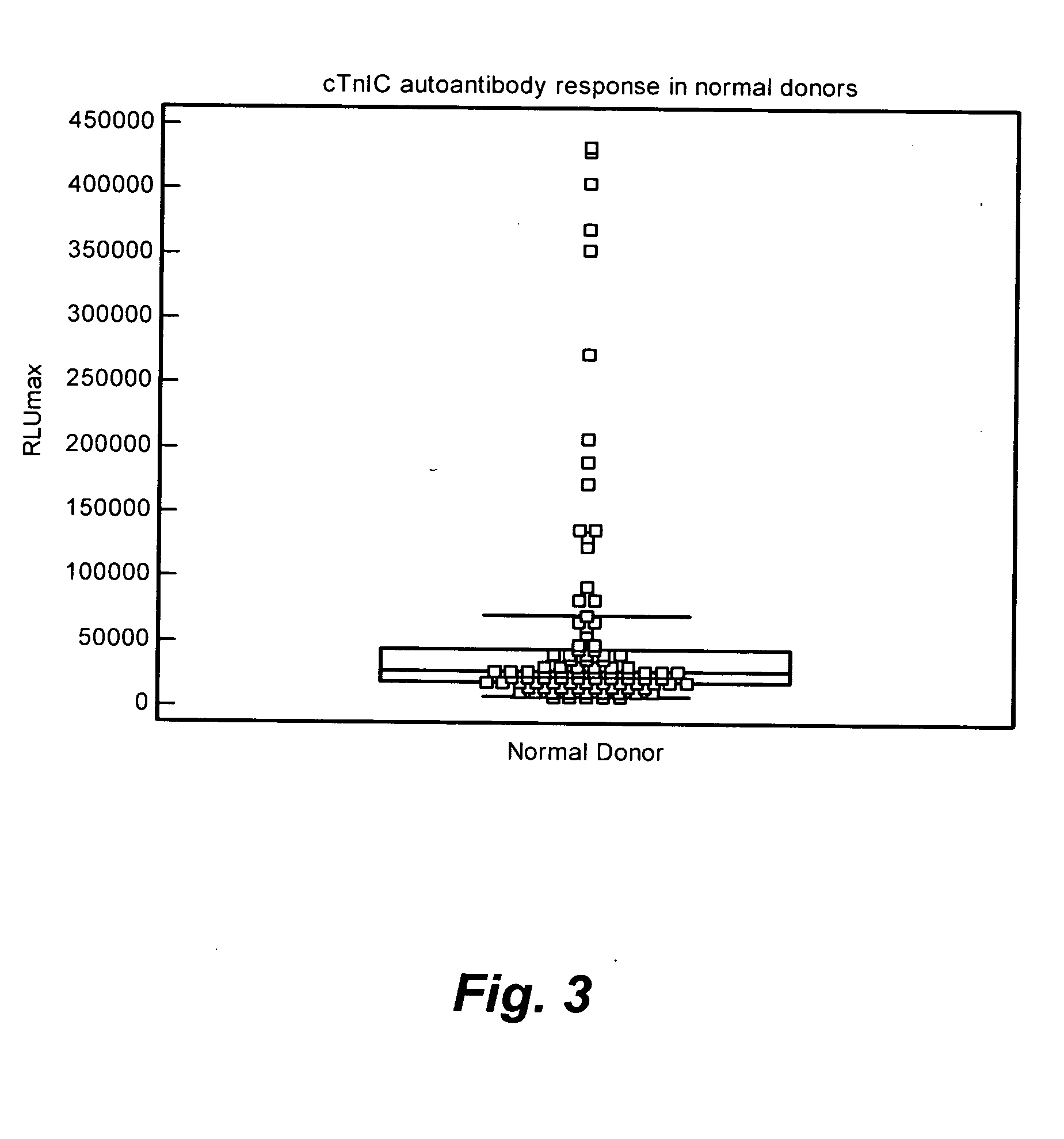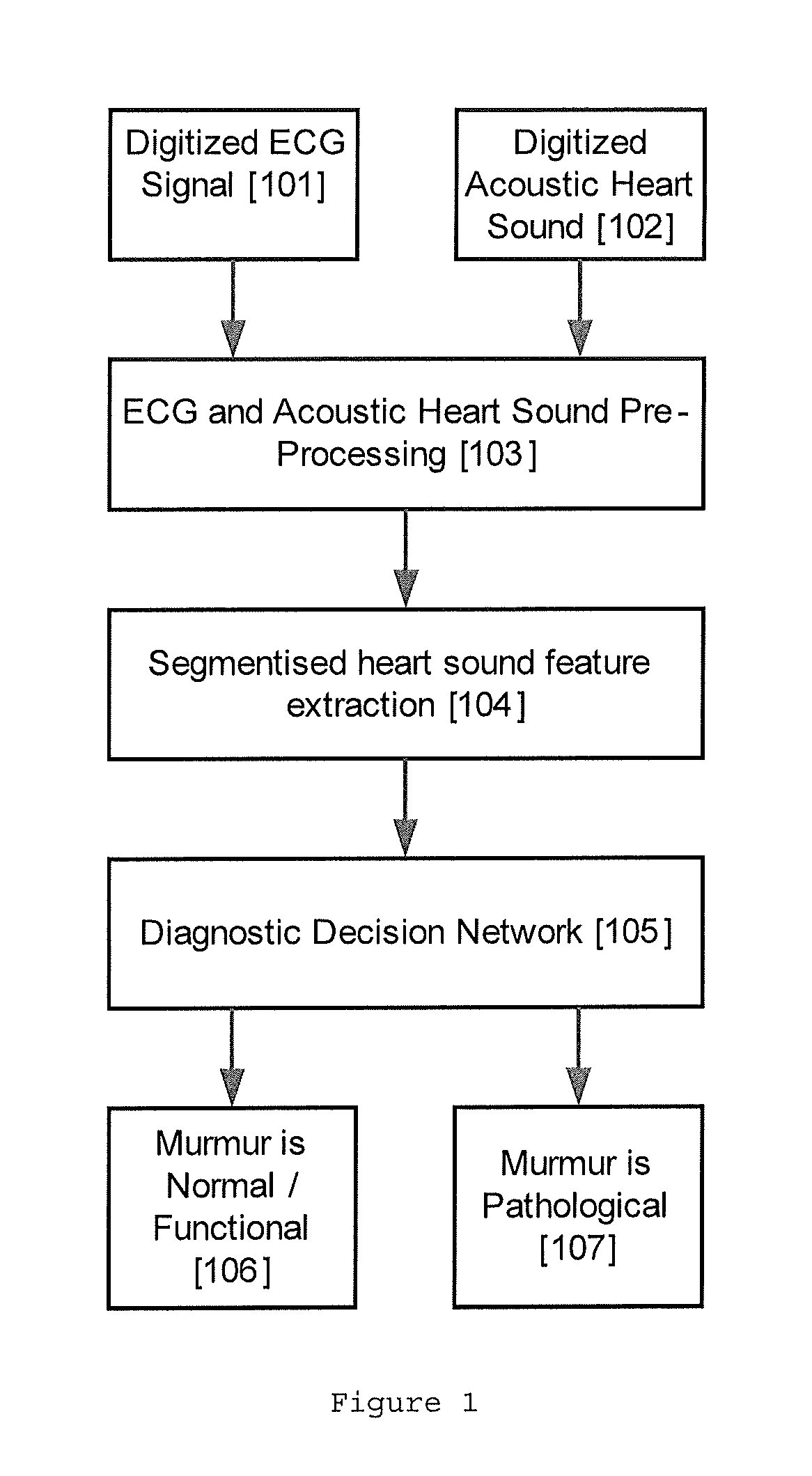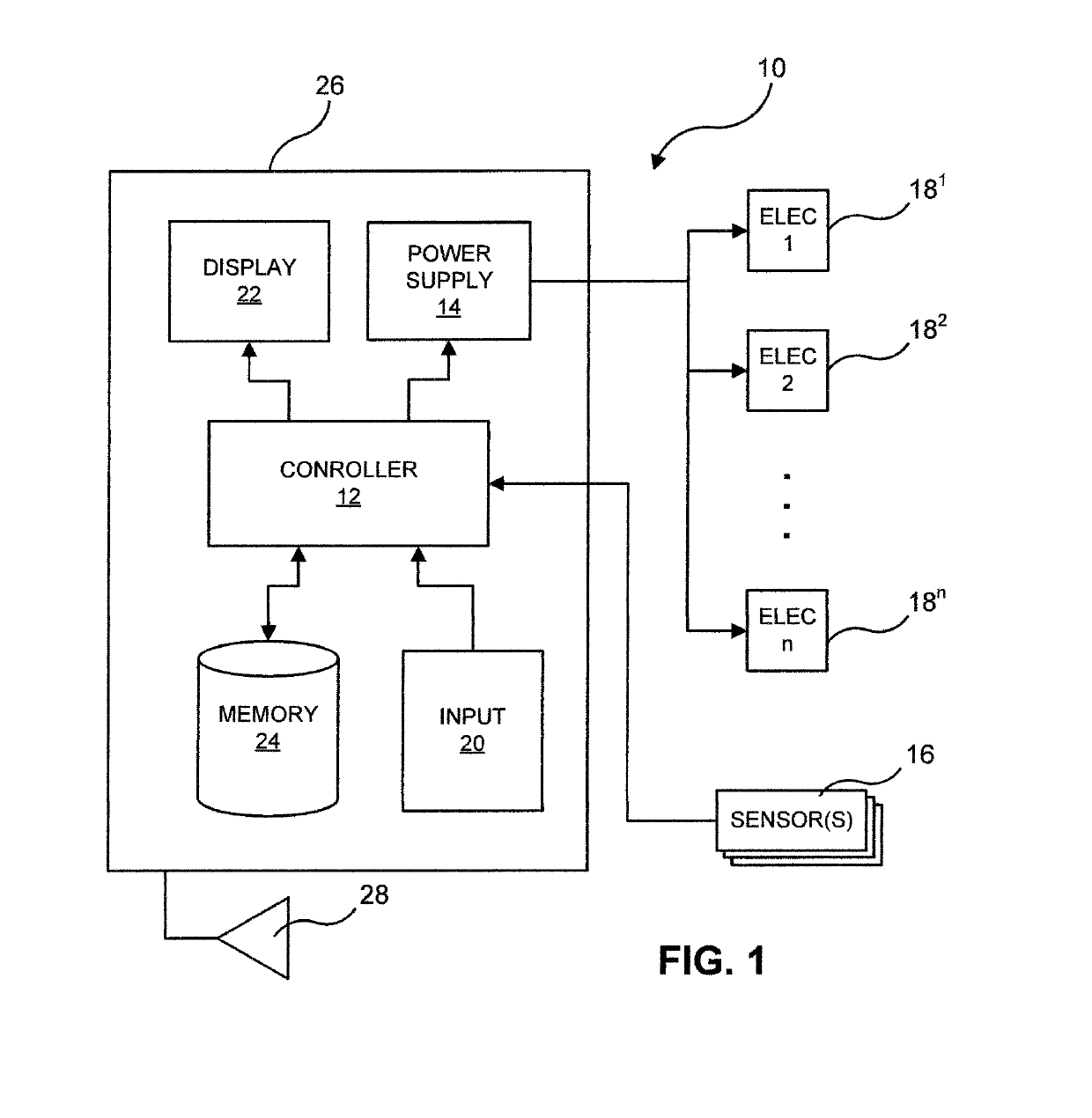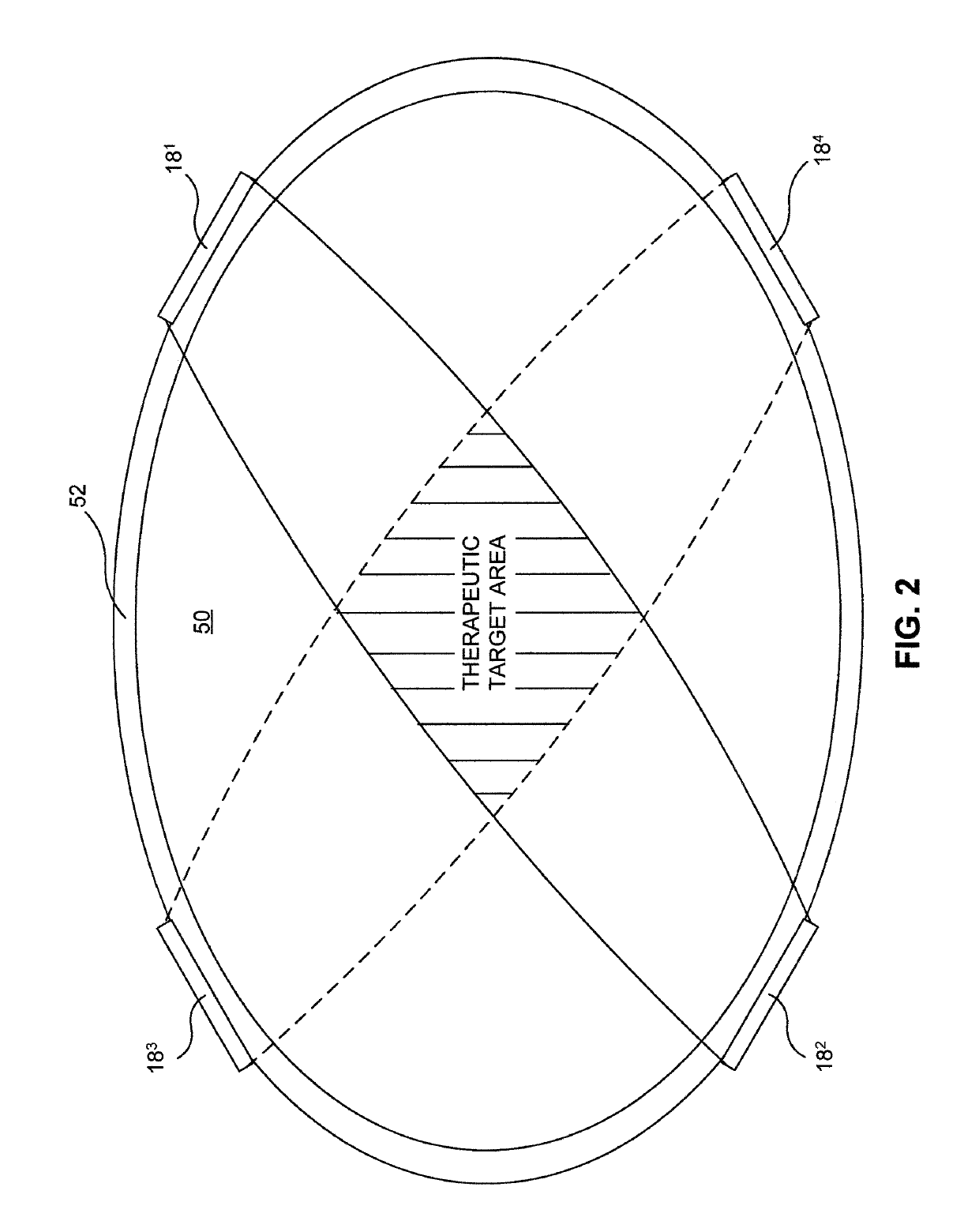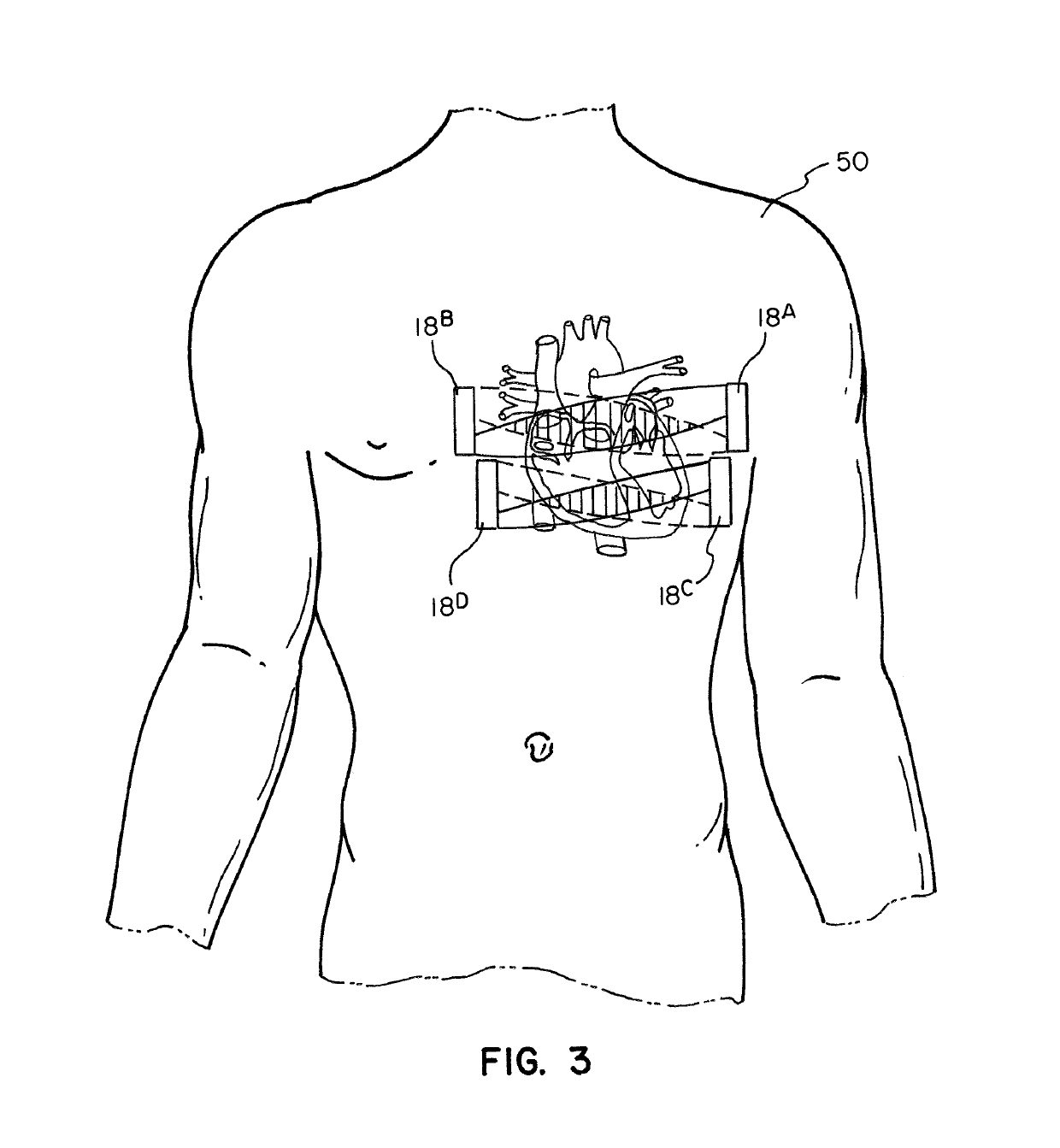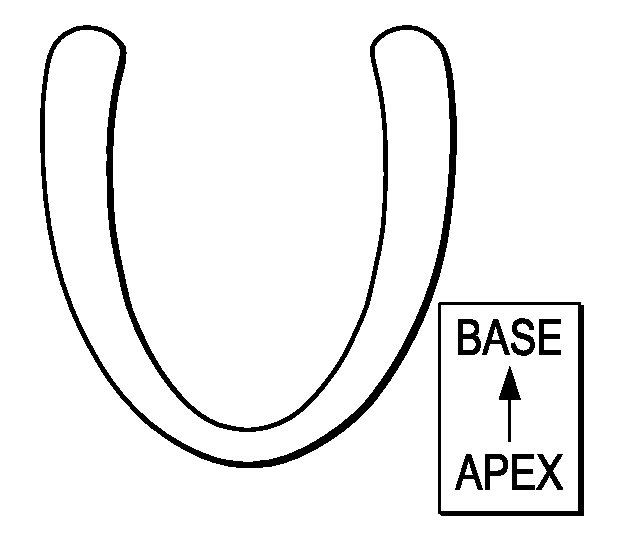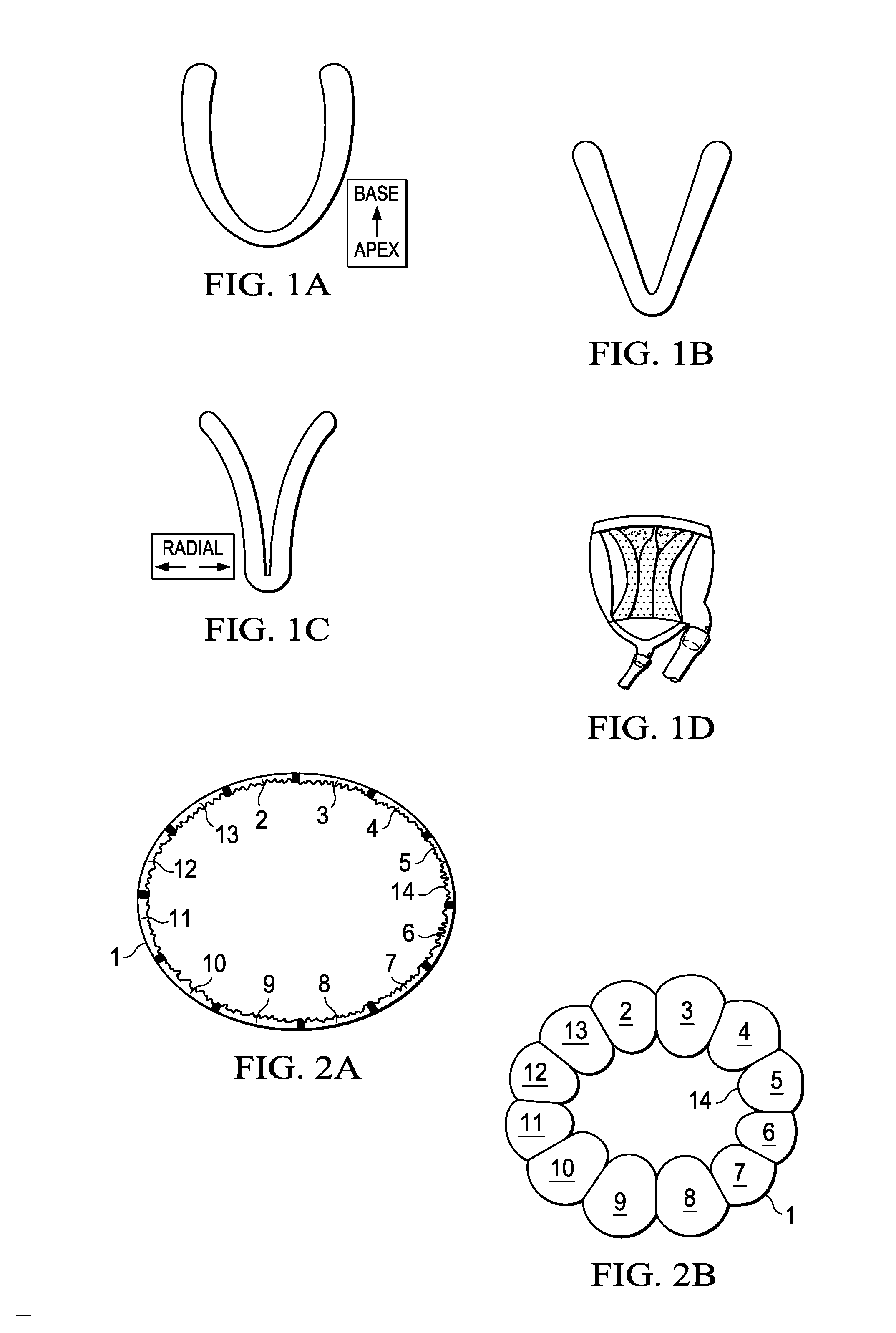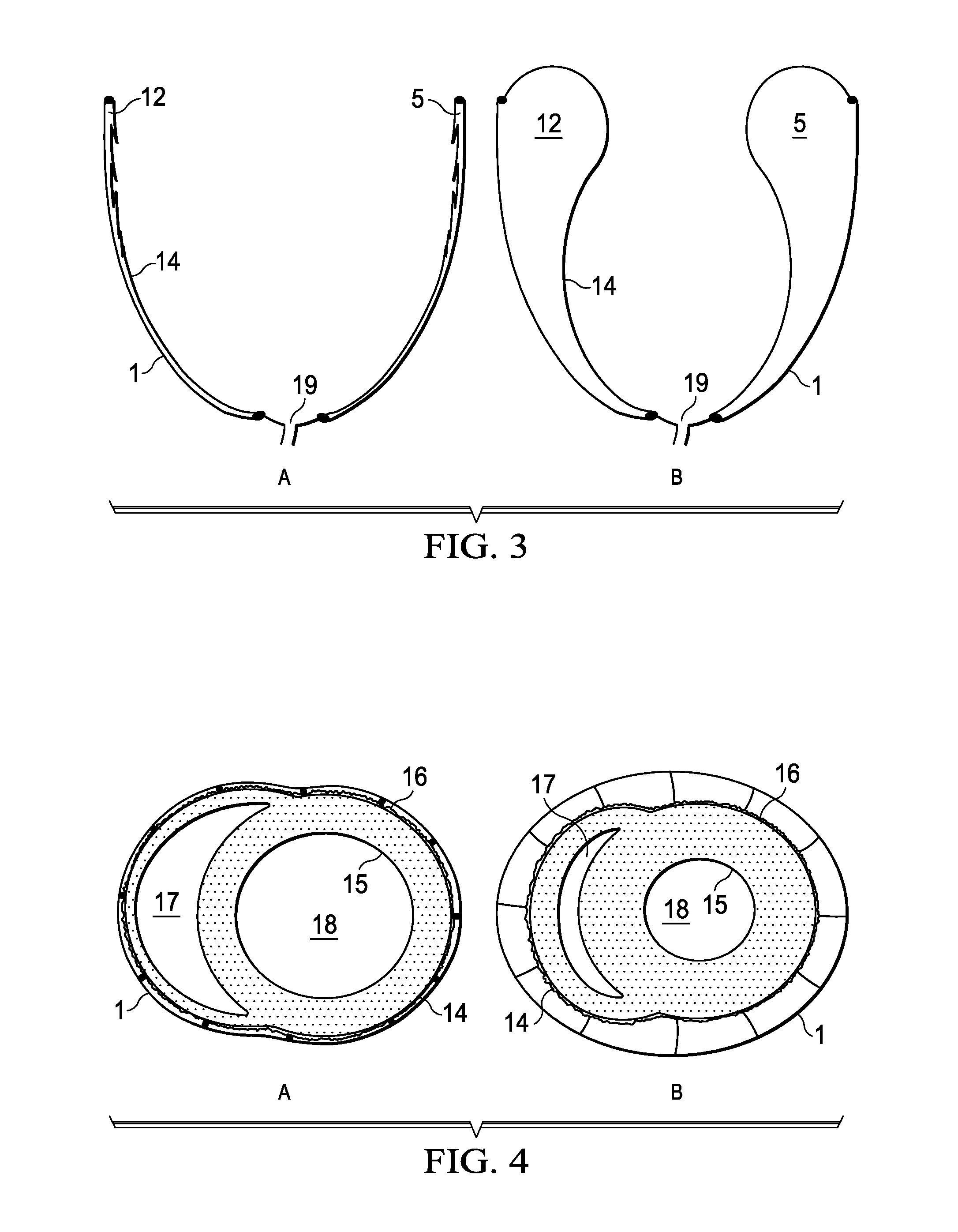Patents
Literature
Hiro is an intelligent assistant for R&D personnel, combined with Patent DNA, to facilitate innovative research.
46 results about "Cardiac pathology" patented technology
Efficacy Topic
Property
Owner
Technical Advancement
Application Domain
Technology Topic
Technology Field Word
Patent Country/Region
Patent Type
Patent Status
Application Year
Inventor
Devices and methods for treating cardiac pathologies
InactiveUS20060106442A1Improve heart functionEpicardial electrodesHeart stimulatorsPericardial spaceHeart disease
The invention relates to heart treatment devices and methods for performing diagnostic or therapeutic procedures in the region between a bodily organ and a covering of the bodily organ. The invention can be used for example to perform a diagnostic or therapeutic procedure in the pericardial space.
Owner:THE BOARD OF TRUSTEES OF THE LELAND STANFORD JUNIOR UNIV
Use of the microRNA miR-1 for the treatment, prevention, and diagnosis of cardiac conditions
InactiveUS20090005336A1High expressionOrganic active ingredientsSugar derivativesDiseaseCoronary artery disease
Among >300 miRNAs known to date, miR-1 is considered muscle-specific. Here we show that that miR-1 overexpressed in individuals with coronary artery disease, and when overexpressed, it exacerbated arrhythmogenesis in both infarcted and normal hearts of rats whereas elimination of miR-1 by its antisense inhibitor relieved it. MiR-1 rendered slowed conduction and depolarized membrane by post-transcriptionally repressing KCNJ2 and GJA1 genes, likely accounting for its arrhythmogenic potential. Thus, miR-1 may have important pathophysiological functions in heart, being a novel antiarrhythmic target useful in the treatment and prevention of various cardiac pathologies.
Owner:WANG ZHIGUO
Methods for the assay of troponin I and T and complexes of troponin I and T and selection of antibodies for use in immunoassays
InactiveUS6991907B1Promote recoveryChemiluminescene/bioluminescenceEnzymologyHeart diseaseClinical state
Antibodies and methods are described for the detection and quantitation of cardiac specific troponin I in samples. Cardiac-specific troponin isoforms exist in various forms in the blood, including free and complexed forms. By selecting antibodies that are insensitive and / or sensitive to these various forms, the present invention can provide immunoassays that more accurately reflect the clinical state of an individual. These described antibodies and methods can be used for providing indicators of myocardial infarction and other cardiac pathologies.
Owner:BIOSITE INC
System for Continuous cardiac pathology detection and characterization
ActiveUS20110087121A1ElectrocardiographyRespiratory organ evaluationAnomaly detectionPatient monitor
A system determines fractal values, a nonlinear fractal ratio and fractal data patterns in a heart and maps determined fractal values to medical conditions. A system for heart performance characterization and abnormality detection includes an interface for receiving sampled data representing an electrical signal indicating electrical activity of a patient heart over at least one heart beat cycle. A signal processor calculates, a first signal characteristic value comprising a first fractal dimension value derived from the sampled data over at least a portion of a heart beat cycle, a second signal characteristic value representing a computed derivative of the first fractal dimension value and a ratio of the first and second signal characteristic values. A comparator compares the calculated ratio with a threshold value to provide a comparison indicator. A patient monitor, in response to the comparison indicator indicating the calculated signal characteristic value exceeds the threshold value, generates an alert message associated with the threshold.
Owner:PIXART IMAGING INC
Highly Sensitive Biomarker Panels
InactiveUS20110003707A1Detection moreImprove the level ofLibrary screeningDisease diagnosisVascular inflammationBiomarker panel
Cardiovascular disease, e.g., congestive heart failure, is often first diagnosed after the onset of clinical symptoms, eliminating potential for early intervention. The invention provides a multi-marker immunoassay, including cardiac pathology and vascular inflammation biomarkers, yielding a more sensitive assay for early detection of CHF in plasma. A panel consisting of cardiac pathology (cTnI, BNP) and vascular inflammation (IL-6, TNFα, IL-17a) biomarkers provided a sensitivity of 94% for association with CHF.
Owner:SINGULEX
Biphasic and Dynamic Adjustable Support Devices and Methods with Assist and Recoil Capabilities for Treatment of Cardiac Pathologies
ActiveUS20110021864A1Improve diastolic recoilReduce postoperative pericardial adhesionHeart valvesIntravenous devicesHeart diseaseElastance
The present invention provides methods and direct cardiac contact diastolic recoil device to improve diastolic recoil of a heart and includes a biocompatible film attached to or enclosing one or more structural elements that store elastic energy during heart contraction and release energy during heart filling.
Owner:TEXAS A&M UNIVERSITY +1
System for Cardiac Pathology Detection and Characterization
A system for heart performance characterization and abnormality detection includes an interface for receiving an electrical signal comprising a pressure indicative waveform indicating a heart blood pressure of a patient over a heart beat cycle. A timing detector determines multiple different time periods in at least one heart cycle from the pressure indicative waveform. A patient monitor monitors the multiple different time periods and in response to detection of a variation in at least one of the multiple different time periods exceeding a predetermined threshold or range, generates an alert message associated with the variation.
Owner:SIEMENS HEALTHCARE GMBH
System for Cardiac Status Determination
InactiveUS20110190643A1Health-index calculationEvaluation of blood vesselsCardiac disordersCardiac status
A system improves detection and diagnosis of blood pressure based cardiac function and tissue activities by analyzing and characterizing cardiac blood pressure signals (including non-invasive and invasive blood pressure, discrete values and continuous waveforms) using pressure signal variation and variability calculation and evaluation. The system combines blood pressure analysis with multi clinical related factors and parameters to detect and quantify cardiac health status and arrhythmia severity. The system determines an accurate time, location and severity of cardiac pathology and events by calculating blood pressure variability and statistical variation. The accurately and reliably identifies cardiac disorders, differentiates cardiac arrhythmias, characterizes pathological severity, predicts the life-threatening events, and supports evaluation of drug delivery effects.
Owner:SIEMENS HEALTHCARE GMBH
Multi-Channel System for Beat to Beat QT Interval Variability
InactiveUS20070203418A1Reduce the impact of noiseRapid and regular updatingElectroencephalographyElectrocardiographySingular value decompositionT wave
The measurement of beat-to-beat QT interval variability (QTV) shows clinical promise for identifying several types of cardiac pathology. However, until now, there has been no device capable of displaying, in real time on a beat-to-beat basis, changes in QTV in all 12 conventional leads in a continuously monitored patient. While several software programs have been designed to analyze QTV, heretofore, such programs have all involved only a few channels (at most) and / or have required laborious user interaction or off-line calculations and post-processing, limiting their clinical utility. This invention discloses a PC-based ECG software program that in real time, acquires, analyzes and displays QTV and PQ interval variability (PQV) in each of the independent channels that constitute the 12-lead conventional and / or Frank X, Y, Z lead ECG. The system also analyzes and displays the QTV and PQV from QT and PQ interval signals that are derived from multiple channels and from singular value decomposition such that the effect of noise and other artifacts on the QTV and PQV results are substantially reduced compared to existing single-channel methods. Moreover, this invention also discloses certain new parameters of T-wave (and QRS and P-wave) morphology, that in initial studies have improved clinical diagnostic utility and / or reproducibility and reliability compared to known existing parameters of T-wave morphology. Finally, it also discloses a method for determining the beat-to-beat variability these T, QRS and P-wave morphologic parameters.
Owner:CARDIOSOFT
Highly sensitive biomarker panels
InactiveUS8450069B2Detection moreImprove the level ofLibrary screeningDisease diagnosisBiomarker panelVascular inflammation
Owner:SINGULEX
Molecules for targeting compounds to various selected organs or tissues
The invention provides conjugates, comprising an organ, tissue or tumor cell homing molecule linked to a moiety. Such a moiety can be, for example, an oligonucleotide, small interfering RNA, gene, virus, protein, pharmaceutical or detectable agent. In addition the invention provides methods to diagnose or treat a pathology of the muscle or heart, by administrating to a subject having or suspected of having a pathology a molecule or conjugate that homes to, binds to and is taken up by the muscle cells or heart cells.
Owner:BIOMARIN TECH BV
System and method for predicting the onset of cardiac pathology using fractal analysis
The onset of cardiac pathology can be predicted by first acquiring a plurality of lead values as a function of time for set of electrocardiogram leads and defining a spatial curve from the lead values for at least three leads. A fractal index for the spatial curve is calculated as a function of time and the time rate of change of the fractal index is monitored. A negative time rate of change is indicative of normal cardiac activity, while a positive time rate of change is indicative of pathological cardiac activity.
Owner:VECTRACOR
System for Heart Performance Characterization and Abnormality Detection
A system improves analysis, diagnosis and characterization of cardiac function signals (including surface ECG signals and intra-cardiac electrograms) based on cardiac electrophysiological activity momentum computation, characterization and mapping. The system calculates an electrophysiological signal momentum of different portions of cardiac signals including a timing, location and severity of cardiac pathology and improves reliability of diagnosis, detection, mapping to an identified medical condition, and characterization. The system improves identification of cardiac disorders, differentiation of cardiac arrhythmias, characterization of pathological severity, prediction of life-threatening events and supports evaluation of drug administration effects.
Owner:SIEMENS MEDICAL SOLUTIONS USA INC
Assay for cardiac troponin autoantibodies
The invention provides among other things methods and kits based on assaying for cardiac troponin autoantibodies, either in conjunction with an assay for cardiac troponin and / or as an independent indicator of cardiac pathology, such as myocarditis, cardiomyopathy, and / or ischemic heart disease. Assay methods of the invention can be employed among other things to identify cardiac pathology, or risk thereof, in subjects who have an autoimmune disease or who are related to an individual with an autoimmune disease. In particular embodiments, the invention also provides a method of determining whether a subject having, or at risk for, a cardiac pathology is a candidate for immunosuppressive therapy or immunoabsorption therapy. The invention also provides kits and kit components that are useful for performing the methods of the invention.
Owner:ABBOTT LAB INC
Assay for cardiac troponin autoantibodies
The invention provides among other things methods and kits based on assaying for cardiac troponin autoantibodies, either in conjunction with an assay for cardiac troponin and / or as an independent indicator of cardiac pathology, such as myocarditis, cardiomyopathy, and / or ischemic heart disease. Assay methods of the invention can be employed among other things to identify cardiac pathology, or risk thereof, in subjects who have an autoimmune disease or who are related to an individual with an autoimmune disease. In particular embodiments, the invention also provides a method of determining whether a subject having, or at risk for, a cardiac pathology is a candidate for immunosuppressive therapy or immunoabsorption therapy. The invention also provides kits and kit components that are useful for performing the methods of the invention.
Owner:ABBOTT LAB INC
Muscle derived cells for the treatment of cardiac pathologies and methods of making and using the same
ActiveUS20090010897A1Improve heart functionFunction increaseBiocideArtificial cell constructsProgenitorFecal incontinence
The present invention provides muscle-derived progenitor cells that show long-term survival following transplantation into body tissues and which can augment soft tissue following introduction (e.g. via injection, transplantation, or implantation) into a site of soft tissue. Also provided are methods of isolating muscle-derived progenitor cells, and methods of genetically modifying the cells for gene transfer therapy. The invention further provides methods of using compositions comprising muscle-derived progenitor cells for the augmentation and bulking of mammalian, including human, soft tissues in the treatment of various cosmetic or functional conditions, including malformation, injury, weakness, disease, or dysfunction. In particular, the present invention provides treatments and amelioration for dermatological conditions, gastroesophageal reflux, vesico-ureteral reflux, urinary incontinence, fecal incontinence, heart failure, and myocardial infarction.
Owner:UNIVERSITY OF PITTSBURGH +1
Diagnostic, prognostic and therapeutic uses of long noncoding rnas for heart disease and regenerative medicine
This invention generally relates to lncRNAs and methods for diagnosing cardiac pathologies in a subject. The invention also provides methods for treating a cardiac pathology in a subject comprising administering to said subject an effective amount of a modulator of one or more lncRNAs of the invention.
Owner:UNIVERSITY OF LAUSANNE
System and method for classifying a heart sound
A method and system for electronically classifying a pre-processed heart sound signal of a patient as functional (normal) or pathological is provided. The pre-processed patient heart sound signal is segmentised and features are extracted therefrom (104) to build up a feature vector which is representative of the heart sound signal. The feature vector is then fed to a diagnostic decision support network (105) comprising a plurality of artificial neural networks, each relating to a known heart pathology, which is in turn used to conduct the classification.
Owner:DIACOUSTIC MEDICAL DEVICES
Muscle derived cells for the treatment of cardiac pathologies and methods of making and using the same
ActiveUS8211423B2Improve heart functionFunction increaseBiocideArtificial cell constructsProgenitorFecal incontinence
The present invention provides muscle-derived progenitor cells that show long-term survival following transplantation into body tissues and which can augment soft tissue following introduction (e.g. via injection, transplantation, or implantation) into a site of soft tissue. Also provided are methods of isolating muscle-derived progenitor cells, and methods of genetically modifying the cells for gene transfer therapy. The invention further provides methods of using compositions comprising muscle-derived progenitor cells for the augmentation and bulking of mammalian, including human, soft tissues in the treatment of various cosmetic or functional conditions, including malformation, injury, weakness, disease, or dysfunction. In particular, the present invention provides treatments and amelioration for dermatological conditions, gastroesophageal reflux, vesico-ureteral reflux, urinary incontinence, fecal incontinence, heart failure, and myocardial infarction.
Owner:UNIVERSITY OF PITTSBURGH +1
System for cardiac pathology detection and characterization
InactiveUS8364248B2Easy to identifyData processing applicationsElectrocardiographyEnergy variationDisease
A system improves characterization and diagnosis of cardiac electrophysiological activities by analyzing and characterizing cardiac function signals (including surface ECG signals and intra-cardiac electrograms) based on cardiac electrophysiological energy mode and pattern identification and mapping. The system accurately determines a time stamp, location and severity of cardiac pathology and clinical events by calculating a cardiac signal energy mode and energy variation and distribution. The system identifies cardiac disorders, differentiates cardiac arrhythmias, characterizes pathological severity, predicts life-threatening events, and supports evaluation of administration of drugs.
Owner:SIEMENS MEDICAL SOLUTIONS USA INC
System for Cardiac Pathology Detection and Characterization
ActiveUS20100312125A1High sensitivityImprove reliabilityEvaluation of blood vesselsCatheterDigital dataBlood pressure
A system for heart performance characterization and abnormality detection includes an interface for receiving digitized electrical signals representing blood pressure waveforms over one or more heart beat cycles. The digitized electrical signals comprise, a first digital data sequence representing normal blood pressure of a patient, a second digital data sequence representing random blood pressure of a normal patient and a third digital data sequence representing a potentially abnormal blood pressure of a patient. A complexity processor calculates first, second and third complexity indices for the corresponding first, second and third digital data sequences respectively. A correlation processor uses the calculated first, second and third complexity indices to calculate one or more measures indicating deviation of the potentially abnormal blood pressure of the patient from a normal value.
Owner:PIXART IMAGING INC
Heart segmentation model and pathological classification model training, heart segmentation and pathological classification method and device based on heart MRI (Magnetic Resonance Imaging)
PendingCN113012173AFast convergenceSuppress background distractionsImage enhancementImage analysisLeft ventricular sizeCardiac cycle
The invention provides a heart segmentation model and pathology classification model training, heart segmentation and pathology classification method and device based on heart MRI (Magnetic Resonance Imaging), and the method comprises the steps: suppressing a residual background part with a small pixel gray level change through a standard deviation filter, highlighting a left ventricle, a right ventricle and a myocardial ,the central position of the left ventricular myocardial wall being further obtained through canny edge detection and circular Hough transform, drawing a rectangular mask, the two-dimensional image being cut based on the rectangular mask to serve as input for training a preset neural network model for training. Background interference can be greatly inhibited, and fast convergence of neural network training is promoted. The pathology classification model training method comprises the following steps: segmenting a two-dimensional image obtained by segmenting each frame of cardiac magnetic resonance imaging short axis in a cardiac cycle based on a cardiac segmentation model, calculating classification feature values, and constructing a random forest based on the classification feature values of a plurality of samples and pathology classification to obtain a cardiac pathology classification model; and realizing automatic pathological classification.
Owner:PEKING UNION MEDICAL COLLEGE HOSPITAL CHINESE ACAD OF MEDICAL SCI
Molecules for targeting compounds to various selected organs or tissues
The invention provides conjugates, comprising an organ, tissue or tumor cell homing molecule linked to a moiety. Such a moiety can be, for example, an oligonucleotide, small interfering RNA, gene, virus, protein, pharmaceutical or detectable agent. In addition the invention provides methods to diagnose or treat a pathology of the muscle or heart, by administrating to a subject having or suspected of having a pathology a molecule or conjugate that homes to, binds to and is taken up by the muscle cells or heart cells.
Owner:BIOMARIN TECH BV
Diastolic recoil method and device for treatment of cardiac pathologies
ActiveUS20150165104A1Improve diastolic recoilOptimize mechanical environmentHeart valvesMedical devicesHeart diseaseDiastole
The present invention provides methods and direct cardiac contact device to improve the diastole phase and the systolic phase of a heart and includes a biocompatible film pneumatic locked to the heart to aid in heart compression and relaxation.
Owner:TEXAS A&M UNIVERSITY +1
Cardiac Arrhythmias Analysis of Electrophysiological Signals Based on Symbolic Dynamics
ActiveUS20080281216A1Improve accuracyExpand clinical applicationElectrocardiographySensorsHeart diseasePeri infarct
The disclosed method analyzes cardiac electrophysiological signals, including ECG and internal cardiac electrograms, based on multi-level symbolic complexity calculation and multi-dimensional mapping. The results may be used to objectively identify cardiac disorders, differentiate cardiac arrhythmias, characterize pathological severities, and predict life-threatening events. Multi-level symbolization and calculation of the electrophysiological signal is used provide better reliability and analysis resolution for identifying and characterizing cardiac disorders. Adaptive analysis of the cardiac signal complexity enables calculation efficiency and reliability with high SNR, and with low calculation volume and power consumption. One dimension (time or frequency domain) and multi-dimension symbolic analysis is used to provide more information of cardiac pathology and high risk rhythm transition to doctors.
Owner:SIEMENS HEATHCARE GMBH
Assay for cardiac troponin autoantibodies
The invention provides among other things methods and kits based on assaying for cardiac troponin autoantibodies, either in conjunction with an assay for cardiac troponin and / or as an independent indicator of cardiac pathology, such as myocarditis, cardiomyopathy, and / or ischemic heart disease. Assay methods of the invention can be employed among other things to identify cardiac pathology, or risk thereof, in subjects who have an autoimmune disease or who are related to an individual with an autoimmune disease. In particular embodiments, the invention also provides a method of determining whether a subject having, or at risk for, a cardiac pathology is a candidate for immunosuppressive therapy or immunoabsorption therapy. The invention also provides kits and kit components that are useful for performing the methods of the invention.
Owner:ABBOTT LAB INC
Method for preparing mutant CNPase zebra fish model capable of reducing cardiac functions and application
The invention relates to a method for preparing CNPase mutant zebra fish, and confirms that a mutant model can spontaneously generate bradycardia and even heart failure accompanied by severe heart failure. According to the invention, a CRISPR-Cas9 technology is combined with a microinjection technology, CNPase is specifically knocked out, a CNPase mutant F1 generation is prepared, and confirmation is performed through a Sange sequencing method; and through hybridizing and screening, a zebra fish homozygous mutant strain with heart specificity marked with green fluorescence is prepared, and it is confirmed that the CNPase homozygous mutant zebra fish can spontaneously generate cardiac hypertrophy and partially develop to heart failure through cardiology and kinetics indexes. The CNPase mutant zebra fish is prepared, an animal model is provided for researching functions of CNPase, and particularly great convenience is provided for researching related diseases of bradycardia accompanied by severe heart failure.
Owner:科偲(山东)创业服务有限公司
System and method for classifying a heart sound
A method and system for electronically classifying a pre-processed heart sound signal of a patient as functional (normal) or pathological is provided. The pre-processed patient heart sound signal is segmentised and features are extracted therefrom (104) to build up a feature vector which is representative of the heart sound signal. The feature vector is then fed to a diagnostic decision support network (105) comprising a plurality of artificial neural networks, each relating to a known heart pathology, which is in turn used to conduct the classification.
Owner:DIACOUSTIC MEDICAL DEVICES
System and method employing interferential electrical stimulation to treat cardiac issues
An interferential current system for cardiac treatment of a patient, includes a controller, a stimulation power supply and a plurality of electrodes. The electrodes supply transcutaneous electrical impulses when supplied power by the stimulation power supply, the plurality of electrodes including at least two electrodes supplying transcutaneous electrical impulses at two different frequencies, the transcutaneous electrical impulses provided at two different frequencies giving rise to at least one beat impulse having an interference frequency. At least one sensor in communication with the controller provides data to the controller indicative of various cardiac pathologic conditions, including but not limited to, rhythm abnormalities, muscle wall contraction abnormalities, and ischemic heart disease abnormalities of the patient. At least one of a timing and an intensity of the transcutaneous electrical impulses is varied by the controller based at least in part upon the data indicative of the aforementioned cardiac pathologies of the patient.
Owner:FEINSTEIN PATENTS
Biphasic and Dynamic Adjustable Support Devices and Methods with Assist and Recoil Capabilities for Treatment of Cardiac Pathologies
ActiveUS20110060181A1Optimize mechanical environmentSmall sizeHeart valvesIntravenous devicesCongestive heart failure chfHeart disease
Owner:TEXAS A&M UNIVERSITY +1
Features
- R&D
- Intellectual Property
- Life Sciences
- Materials
- Tech Scout
Why Patsnap Eureka
- Unparalleled Data Quality
- Higher Quality Content
- 60% Fewer Hallucinations
Social media
Patsnap Eureka Blog
Learn More Browse by: Latest US Patents, China's latest patents, Technical Efficacy Thesaurus, Application Domain, Technology Topic, Popular Technical Reports.
© 2025 PatSnap. All rights reserved.Legal|Privacy policy|Modern Slavery Act Transparency Statement|Sitemap|About US| Contact US: help@patsnap.com
